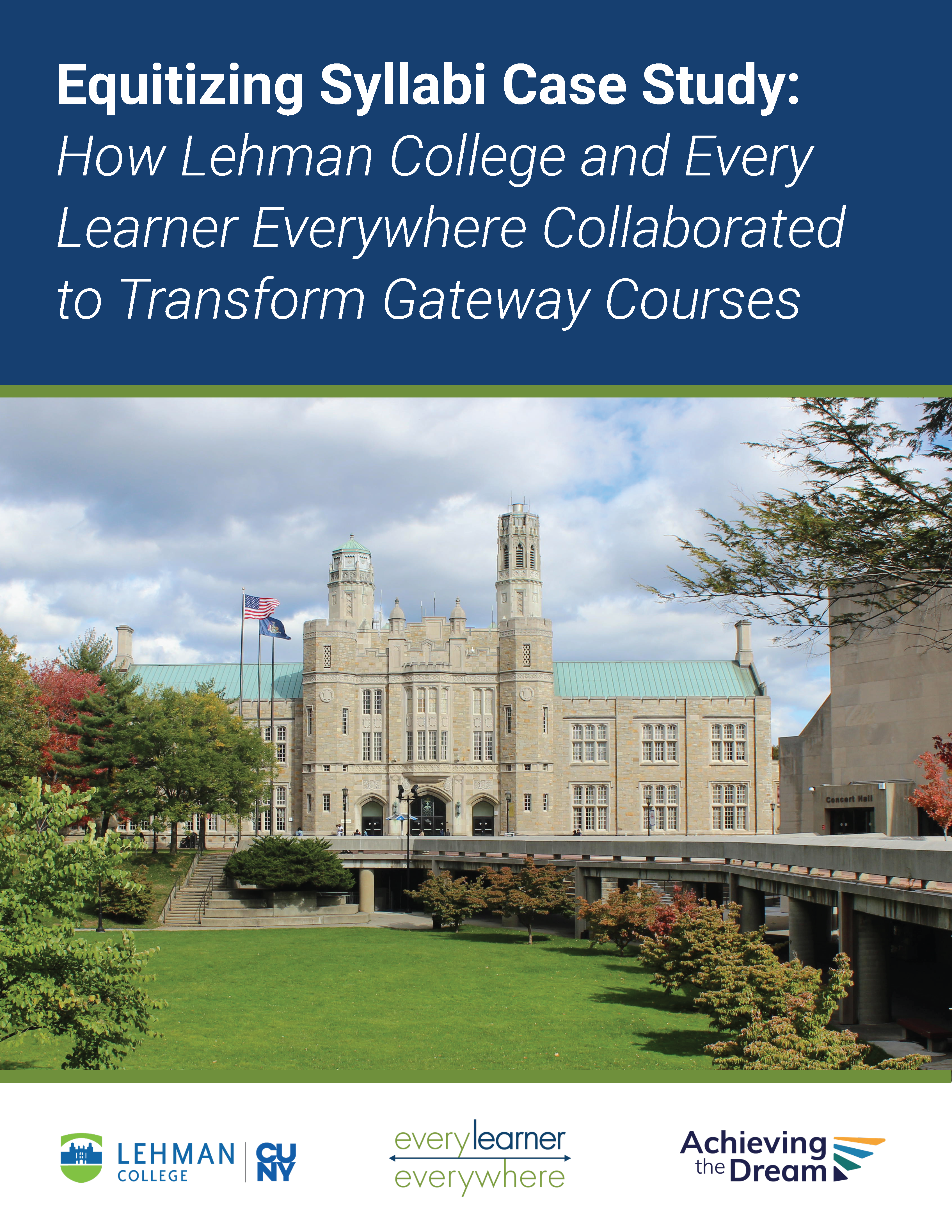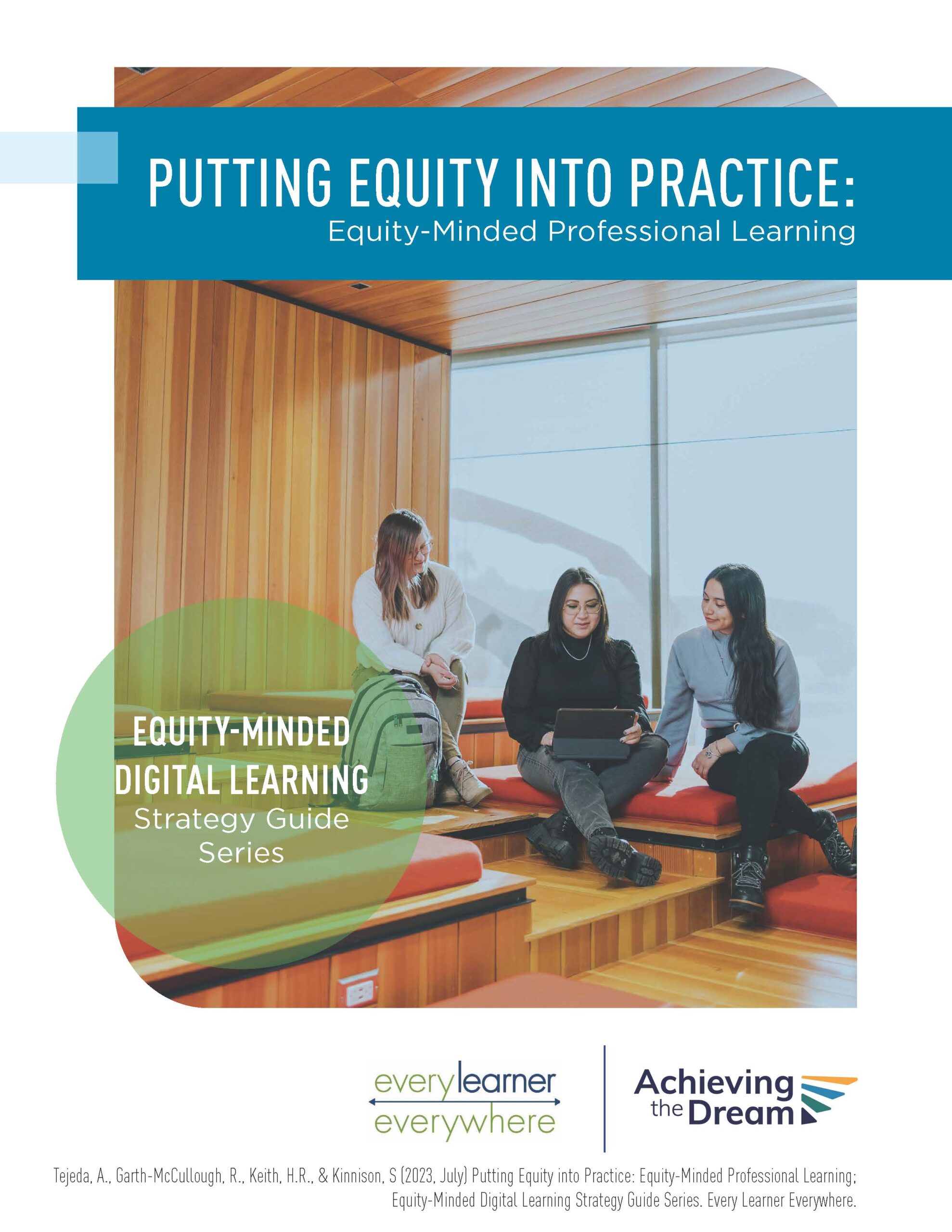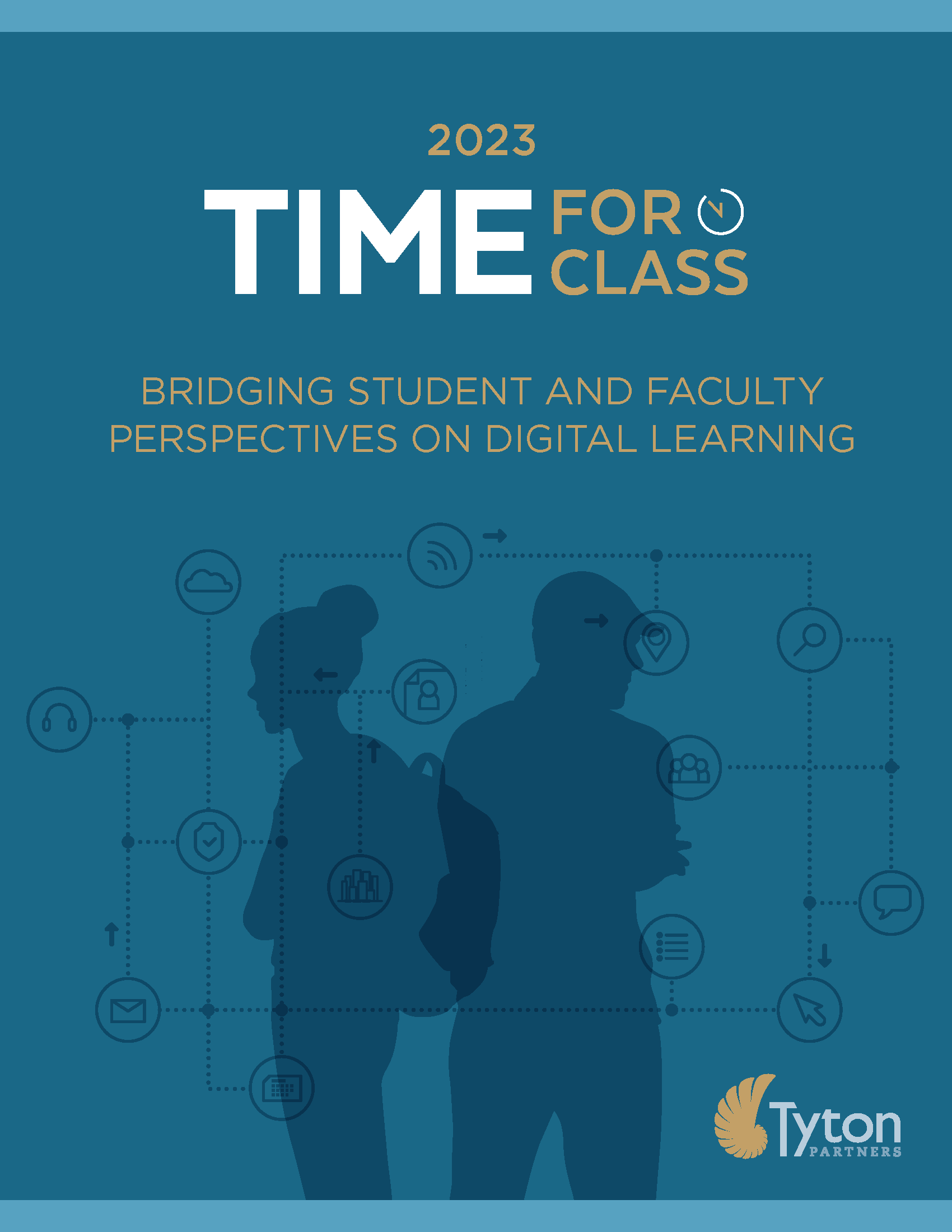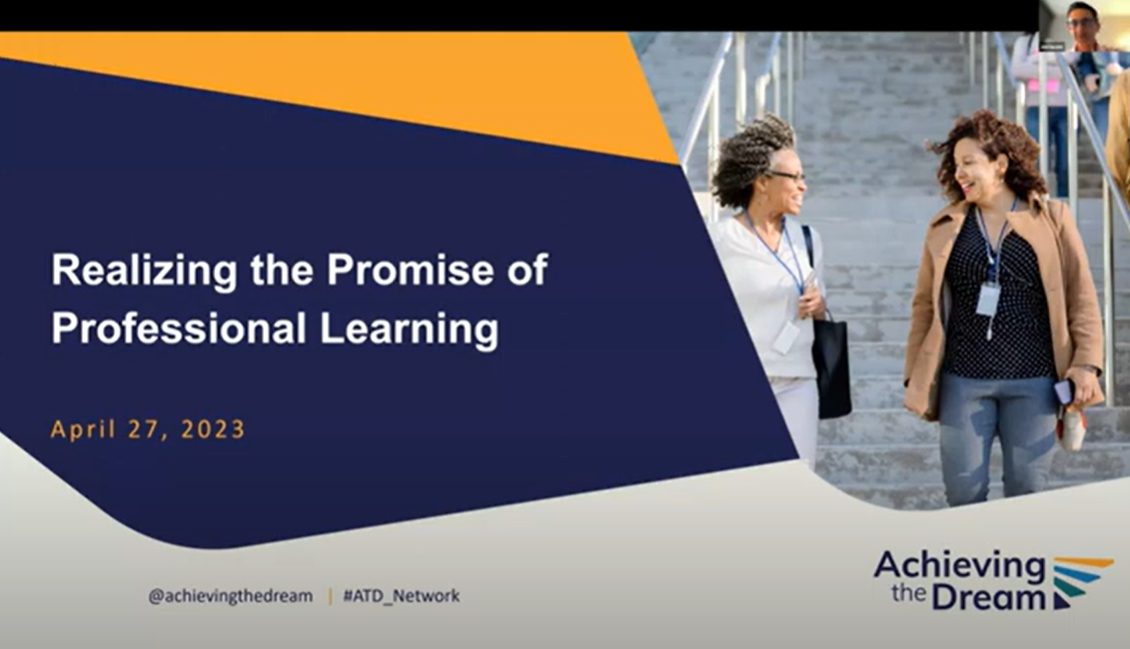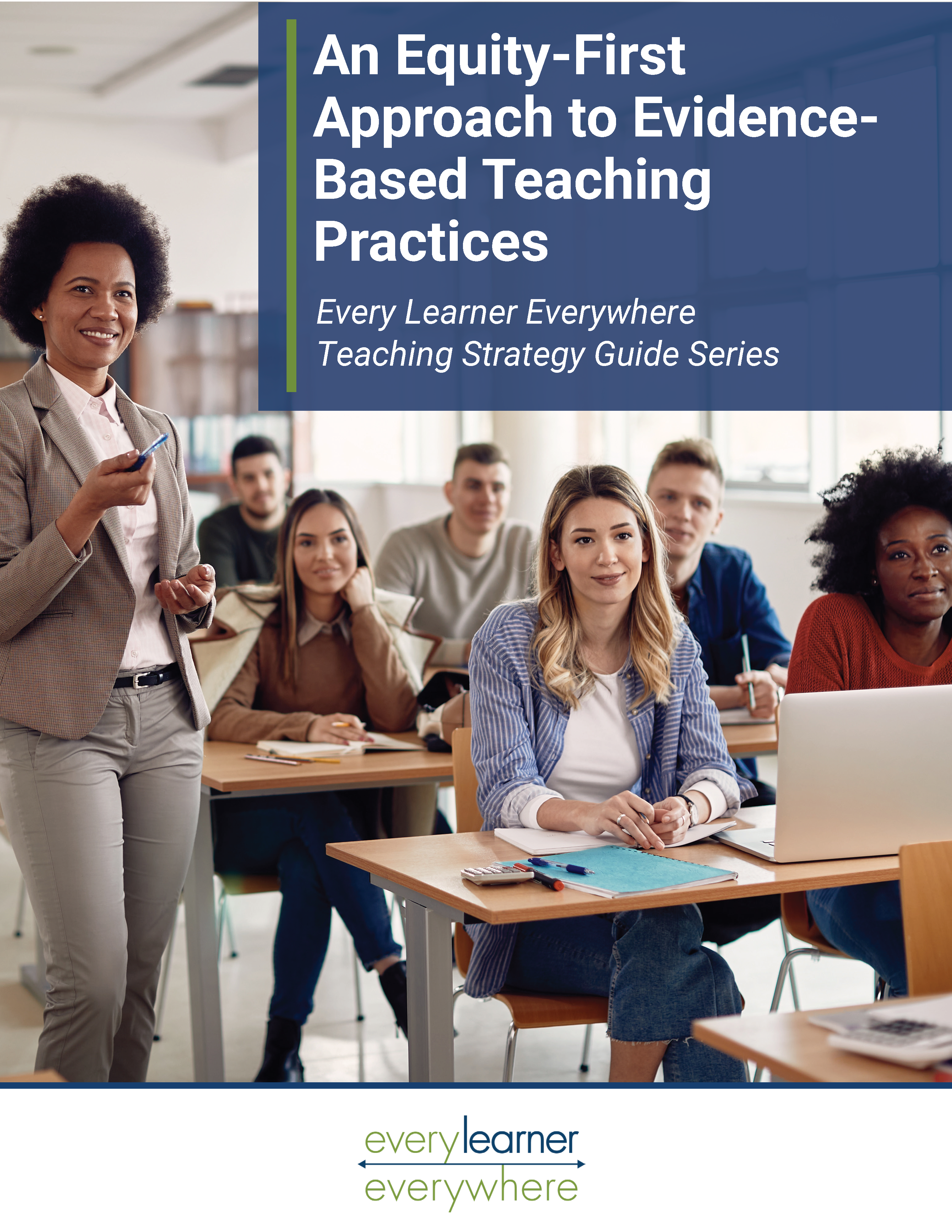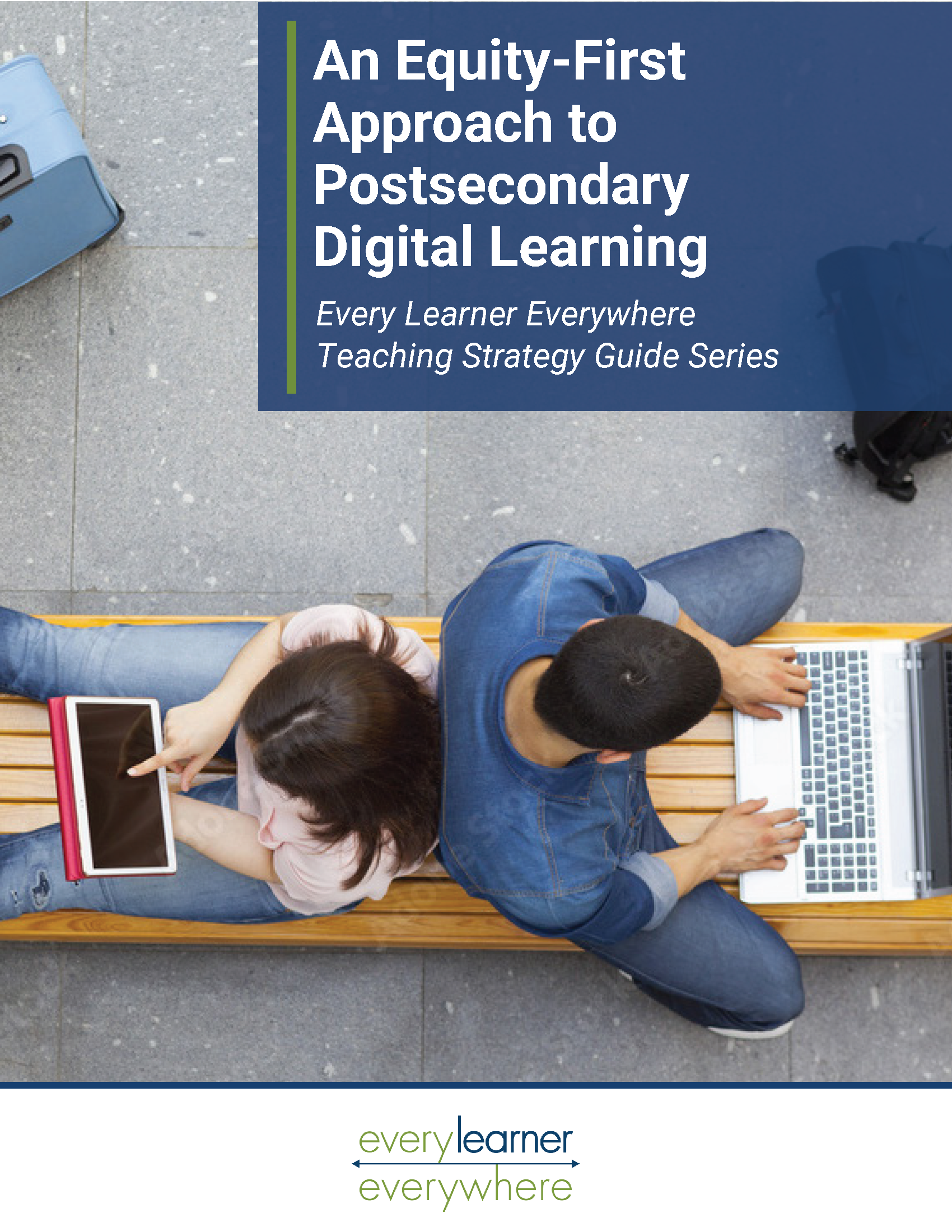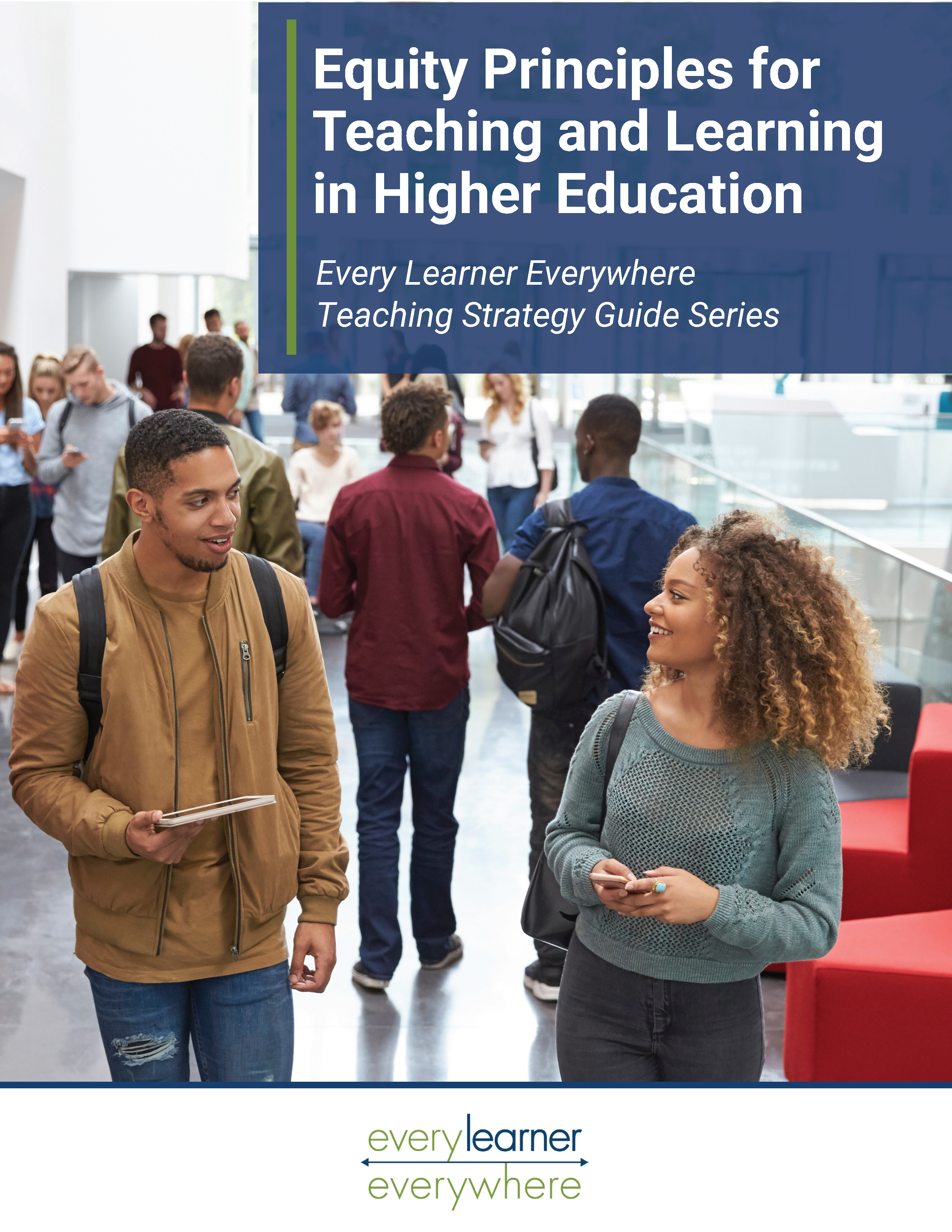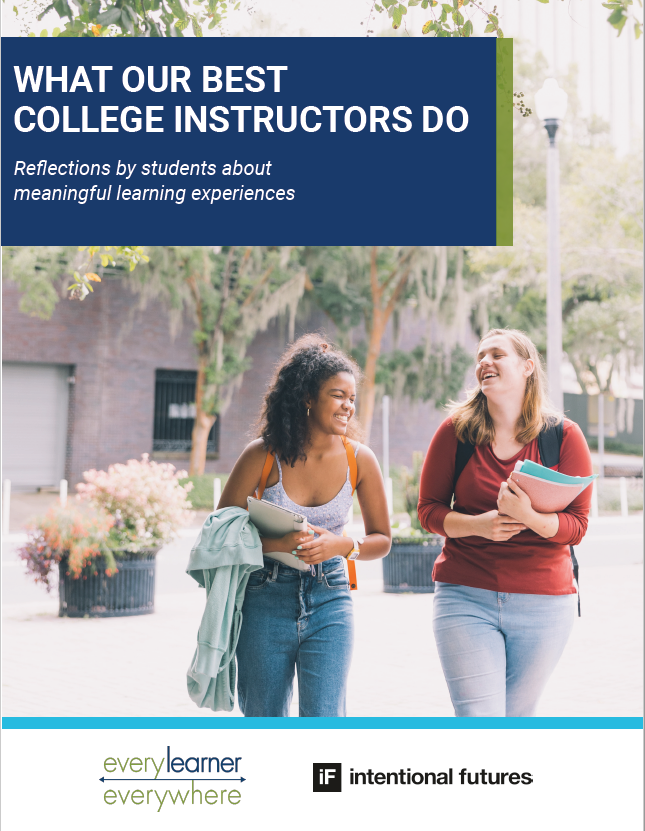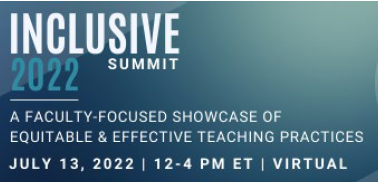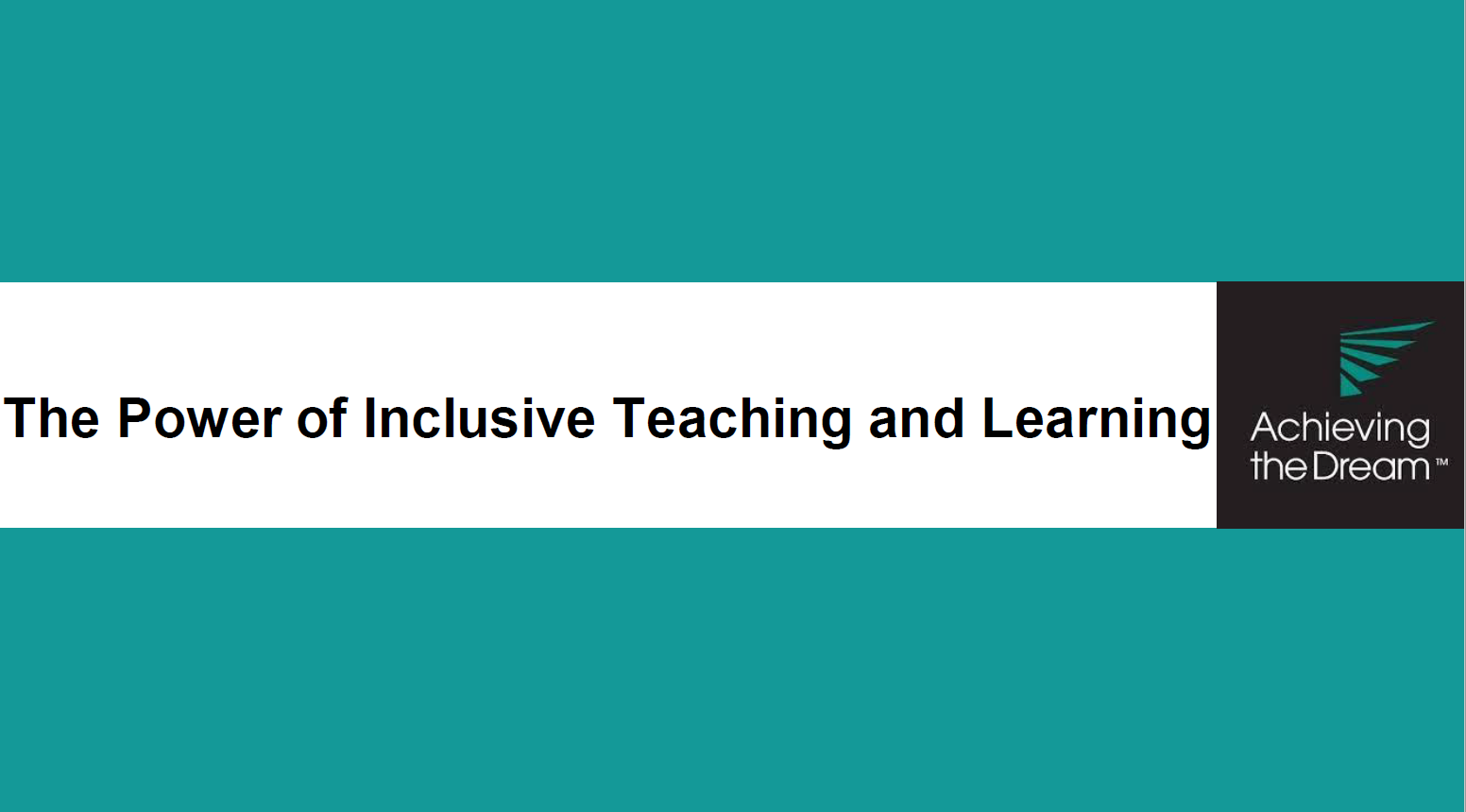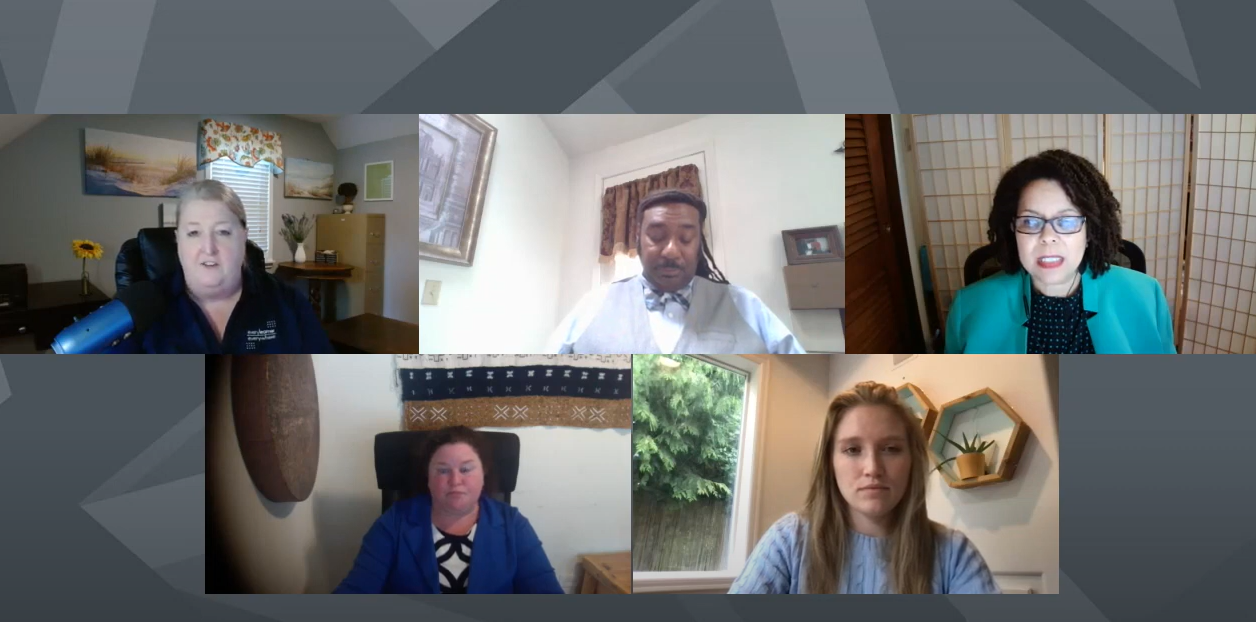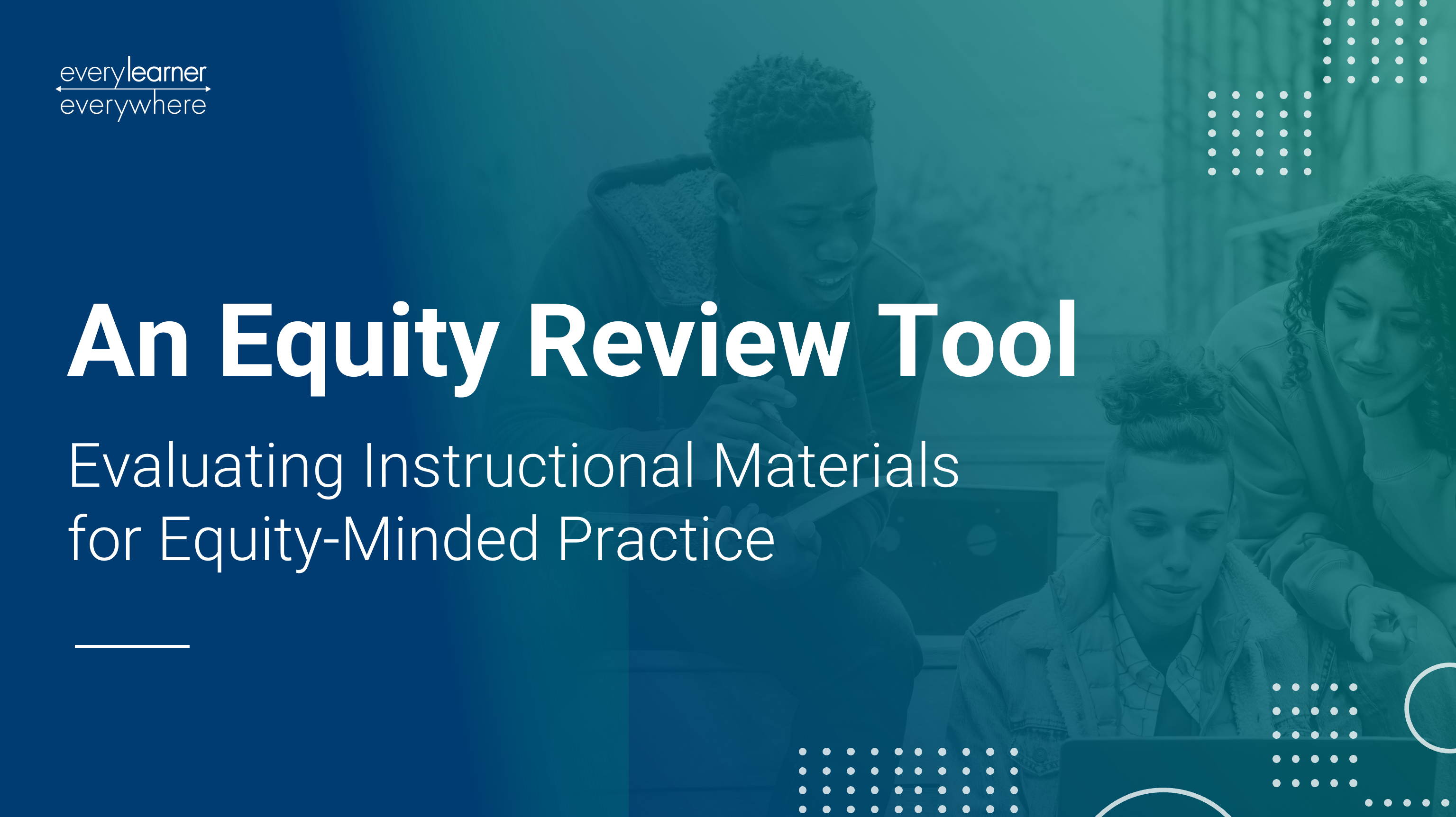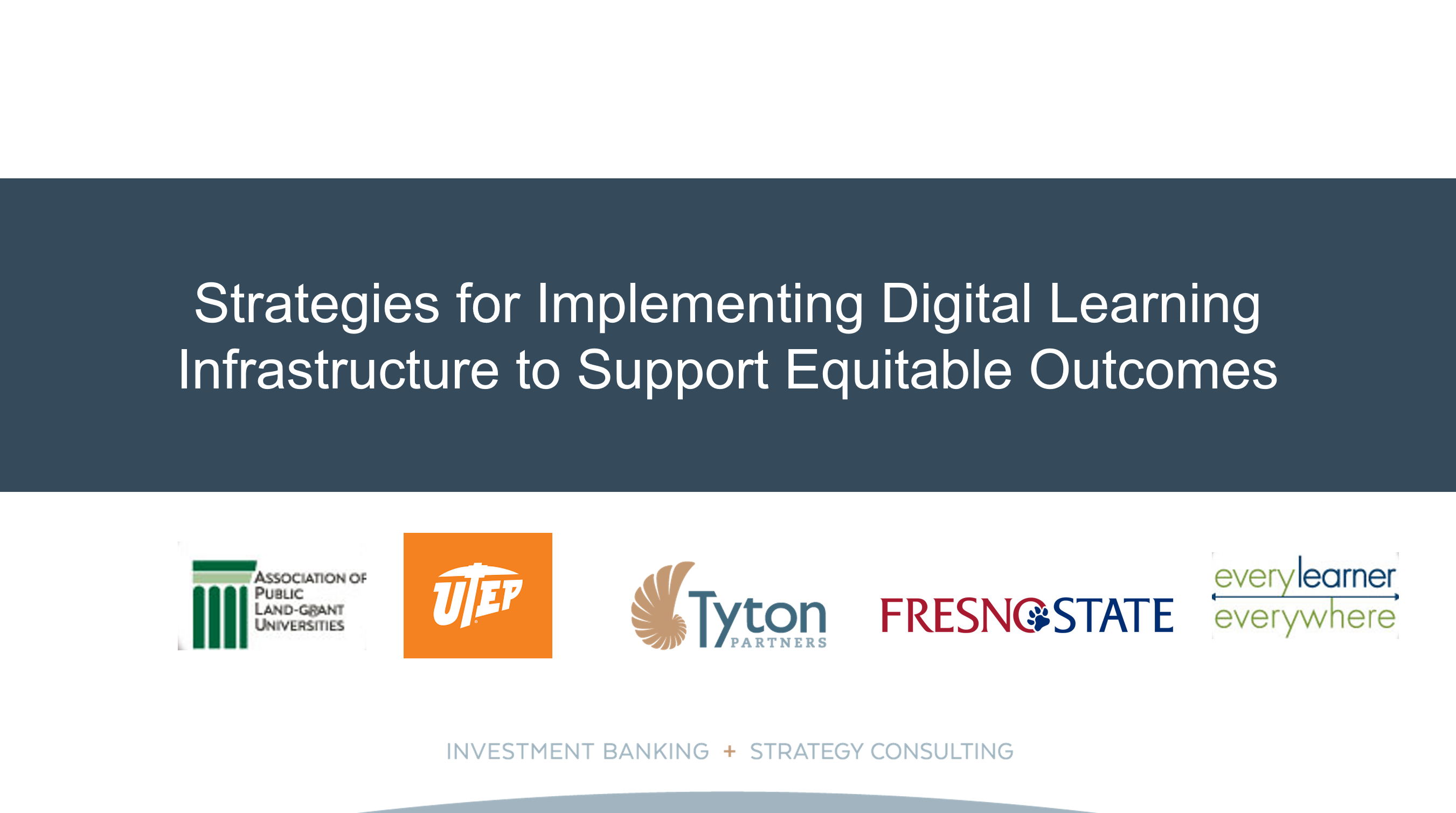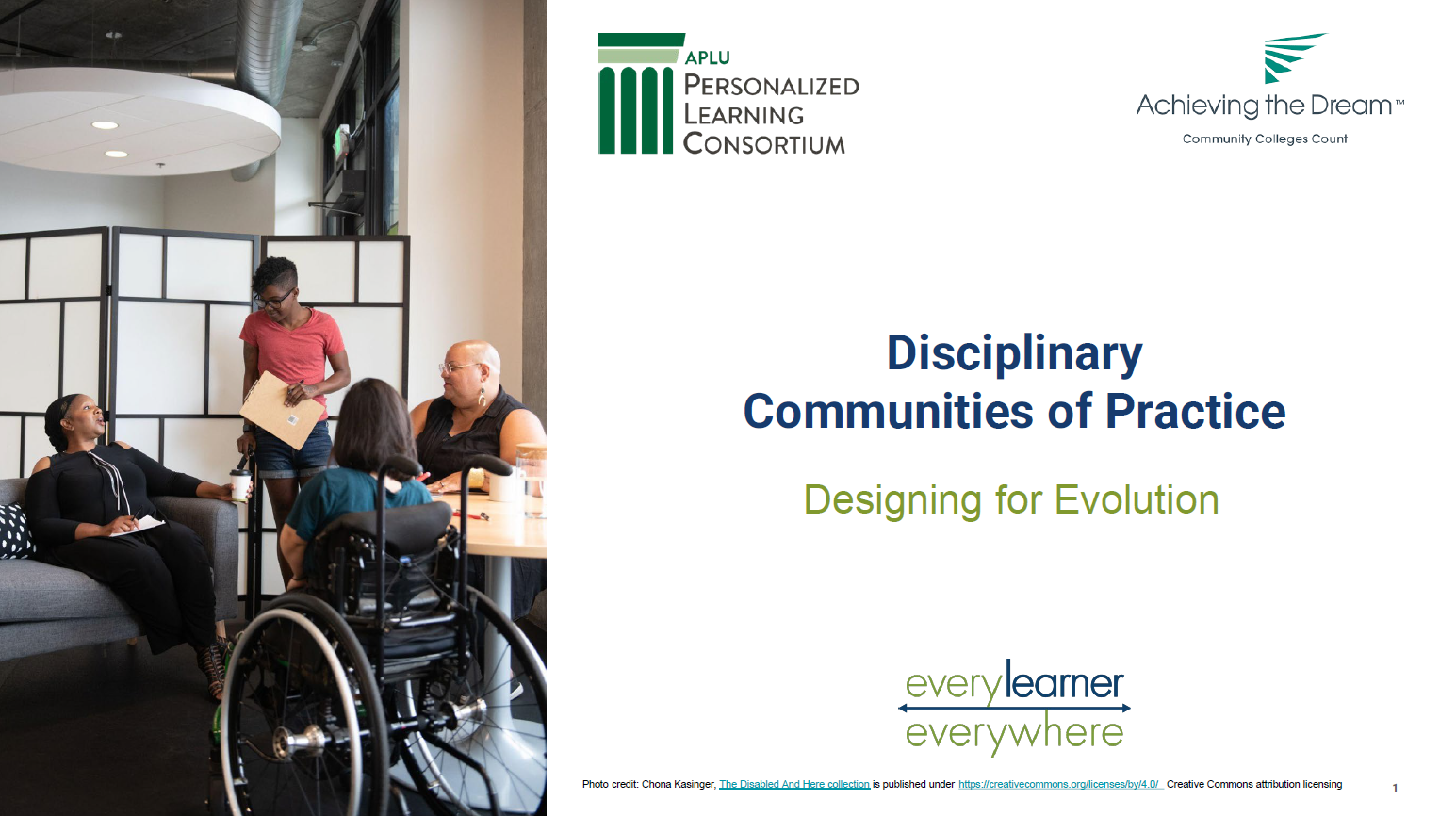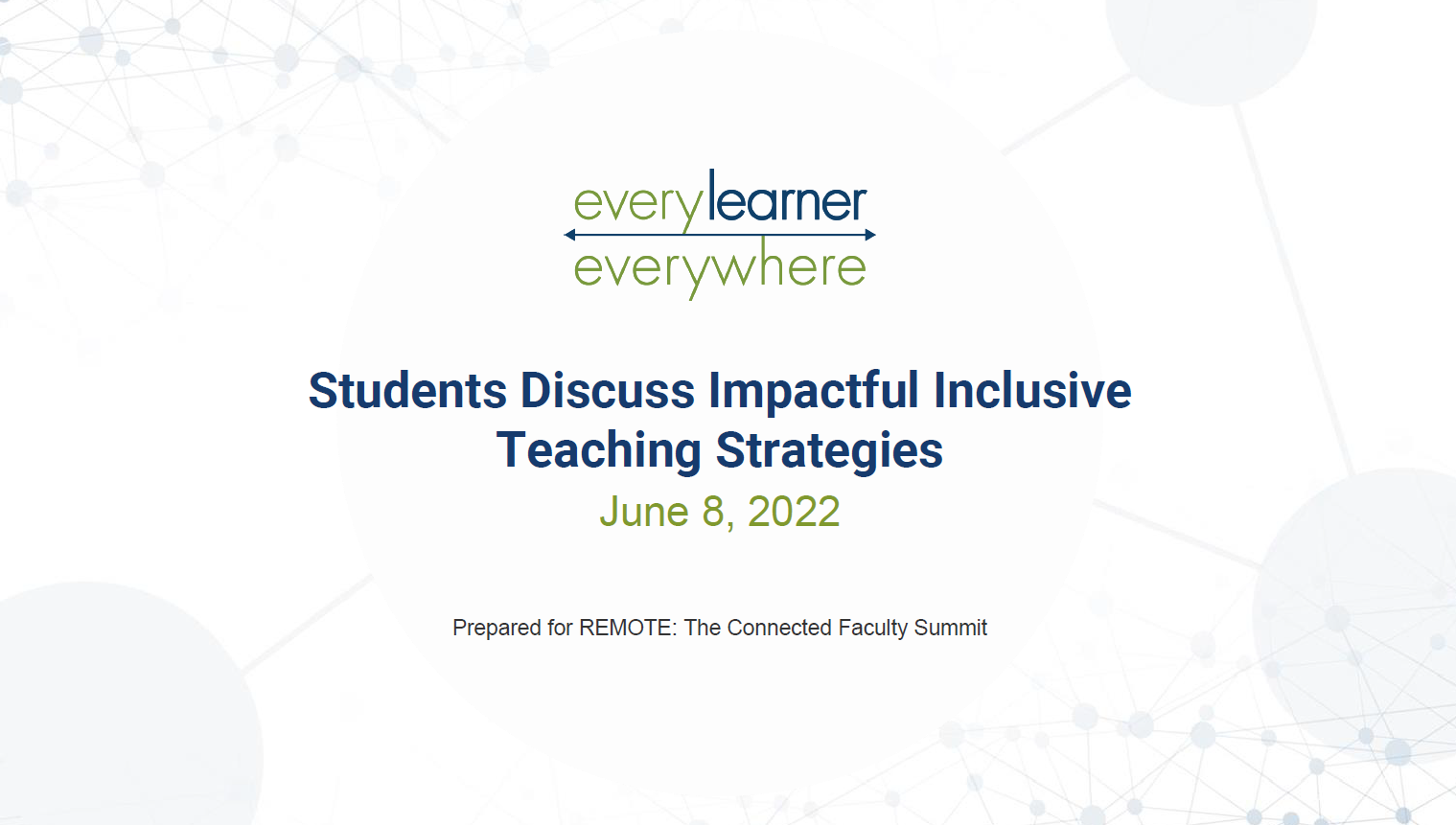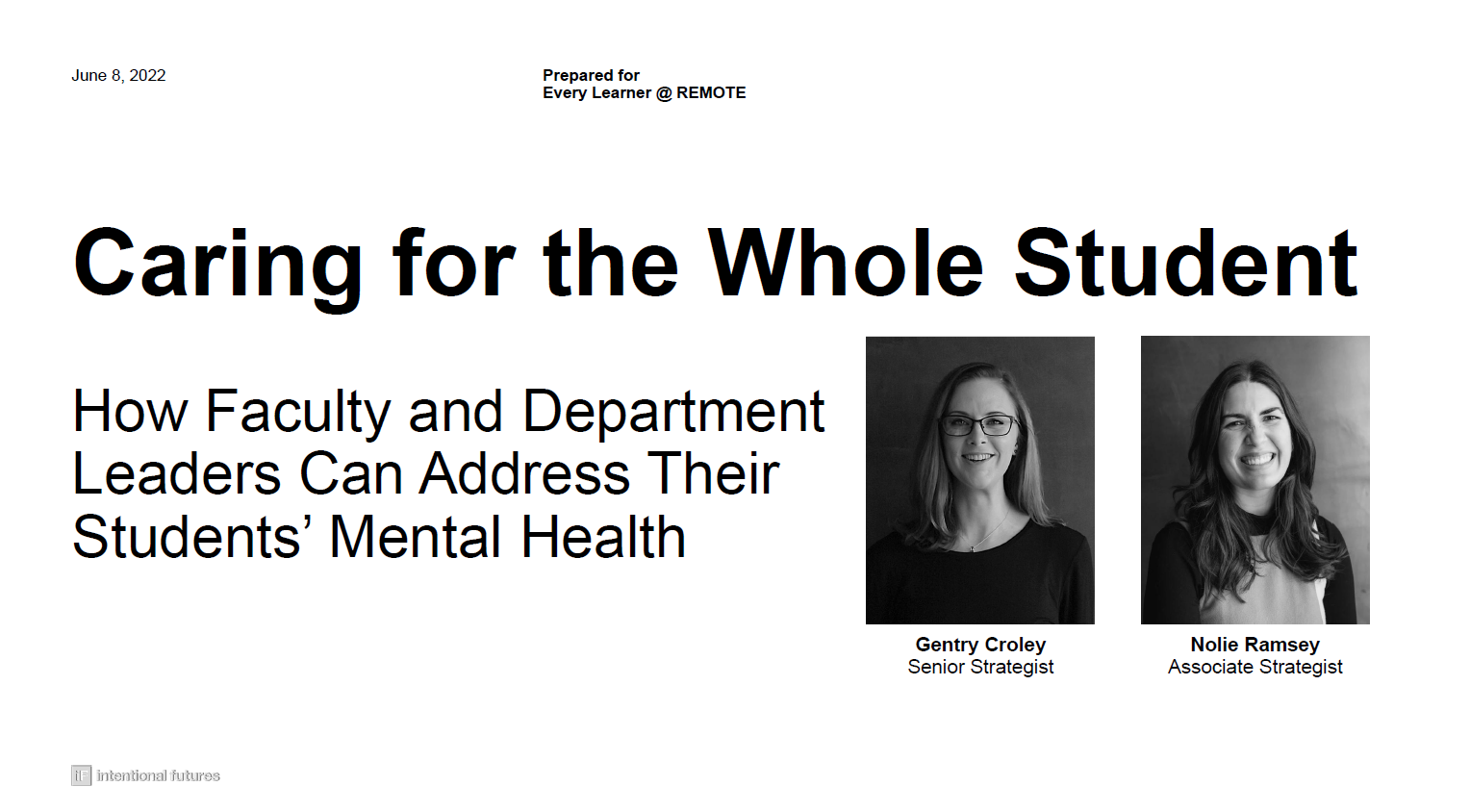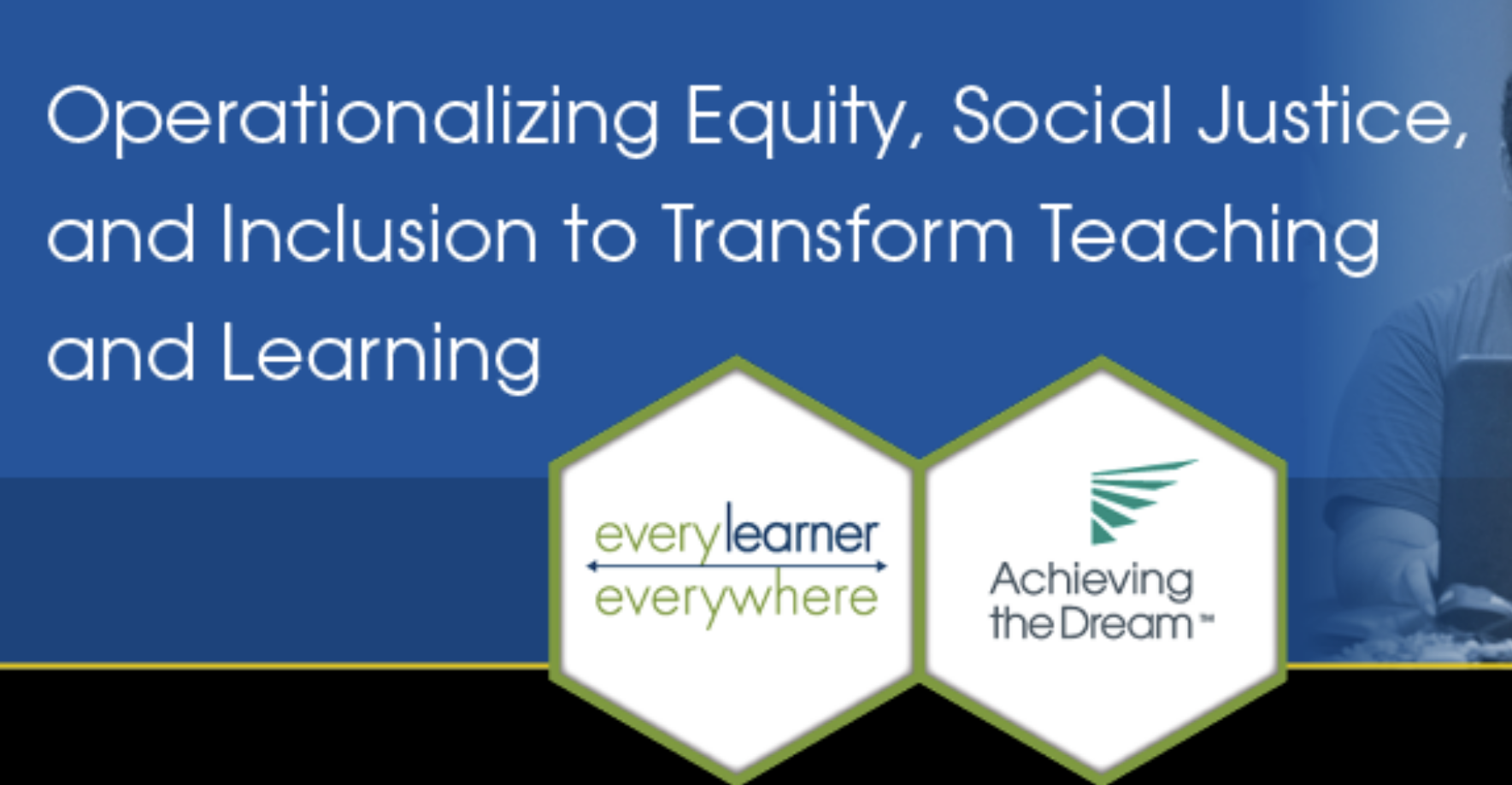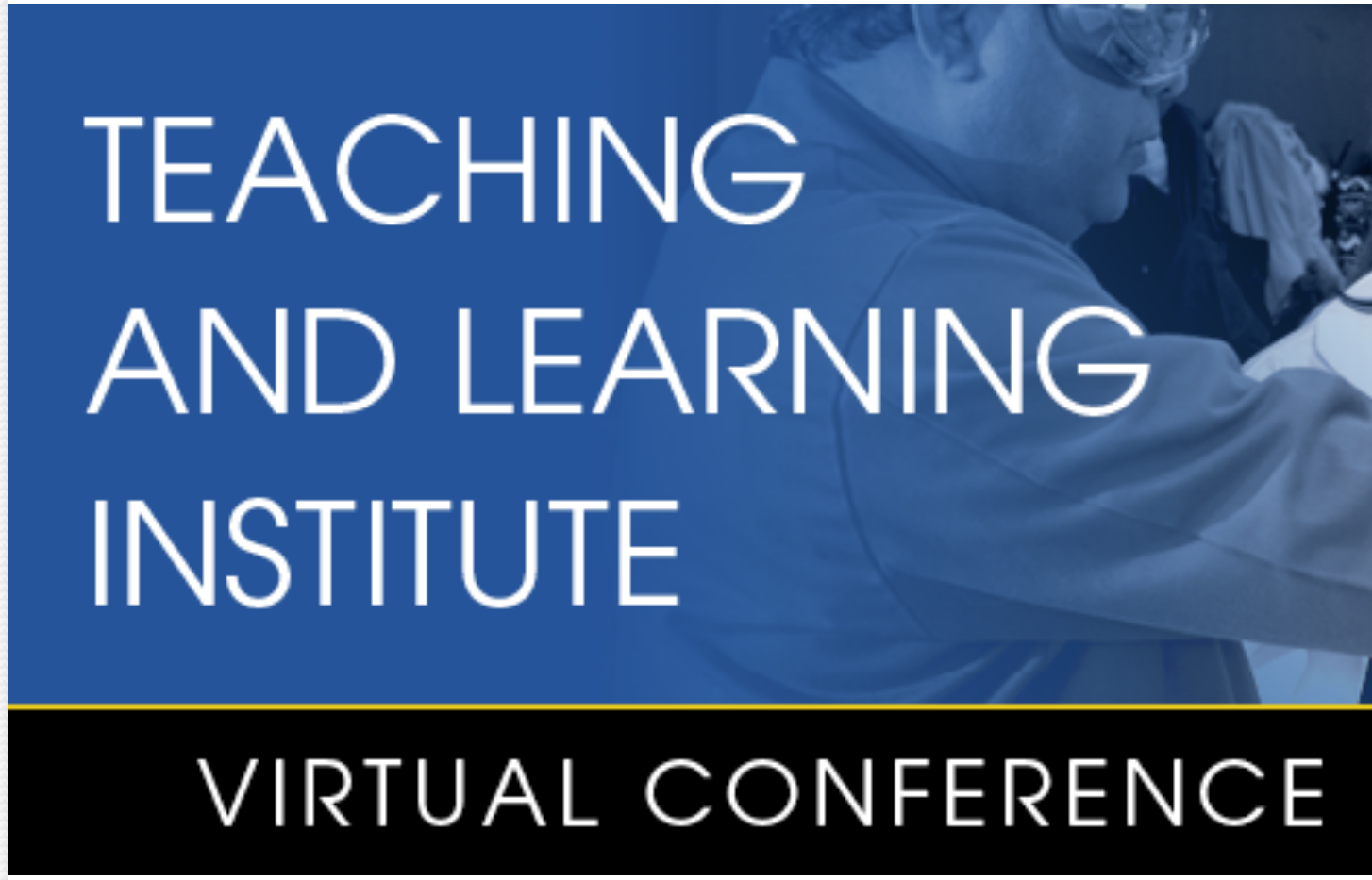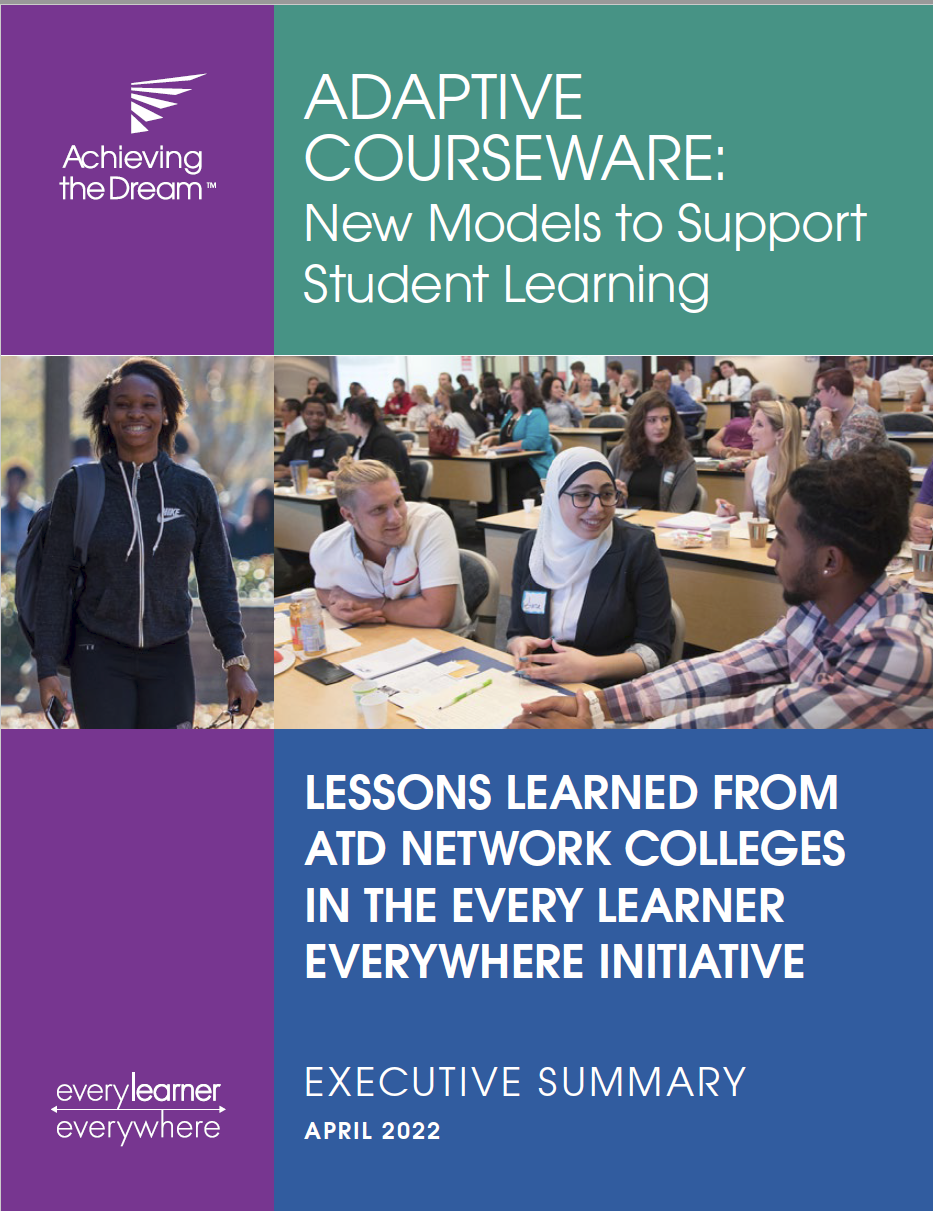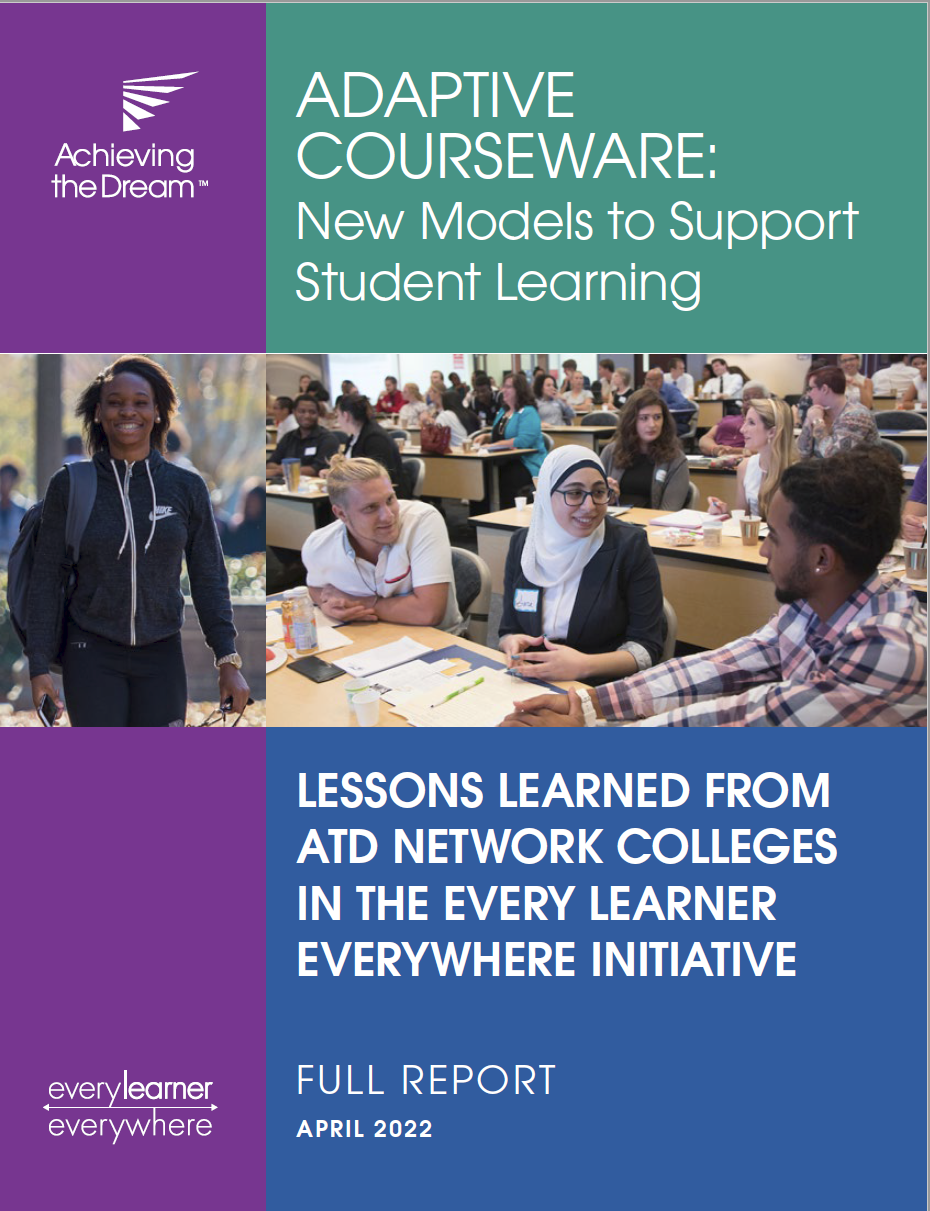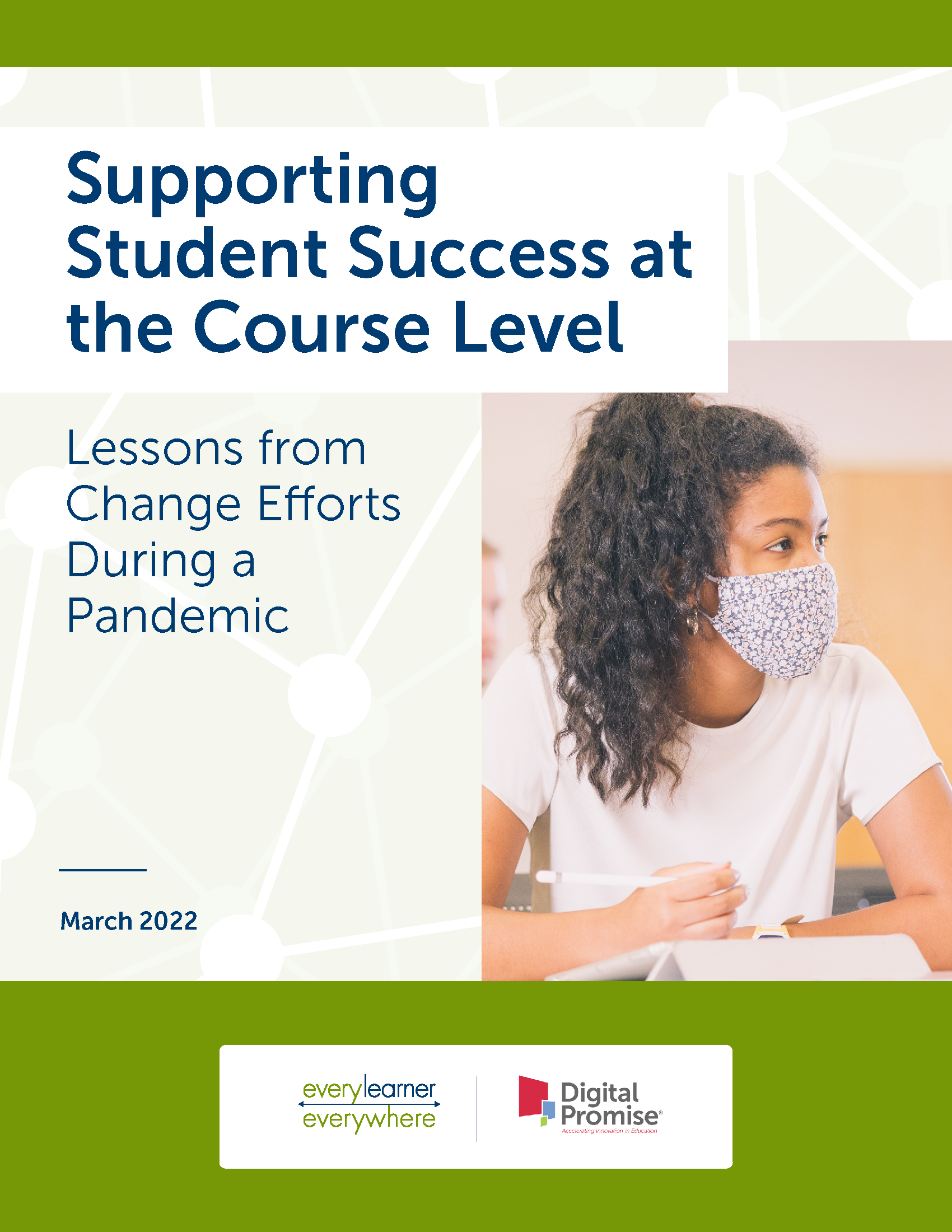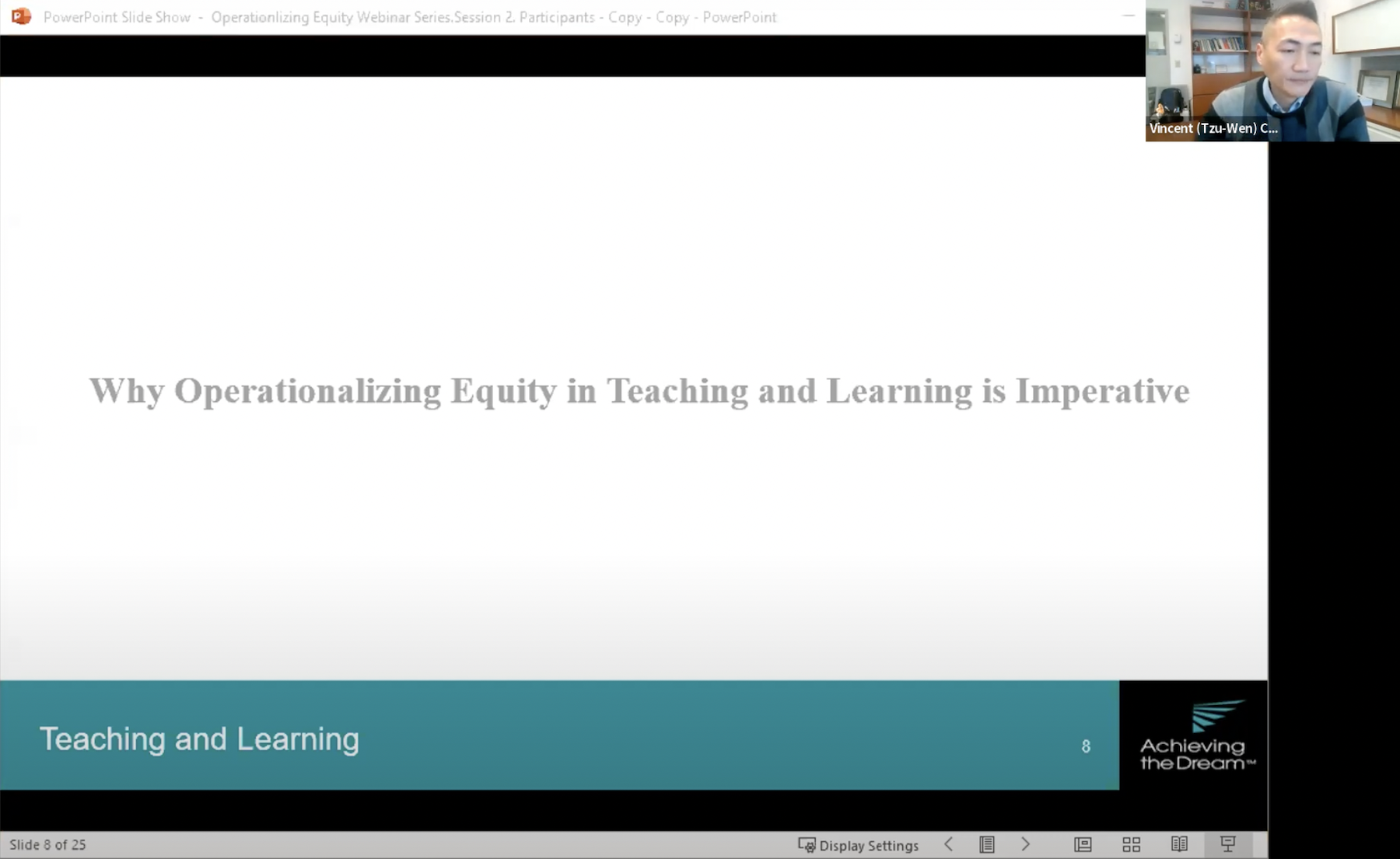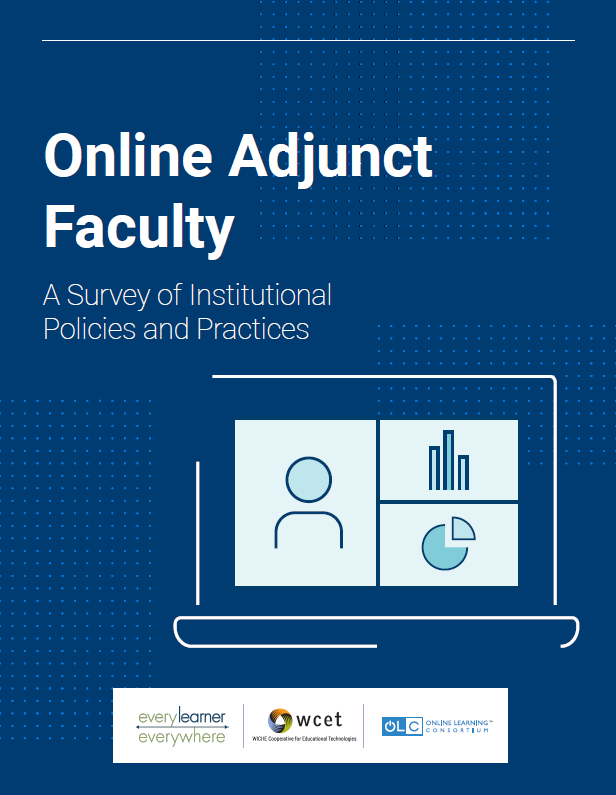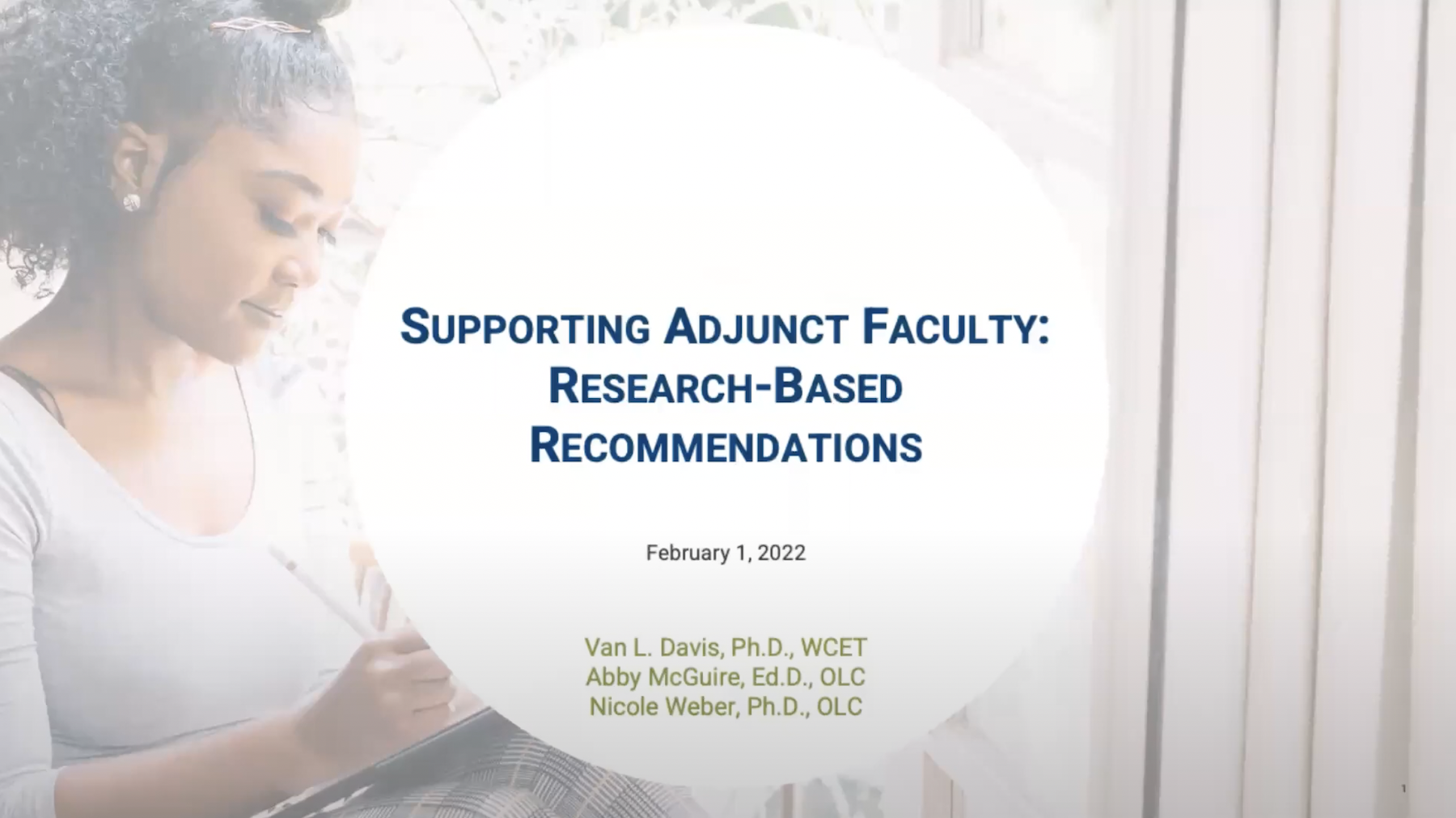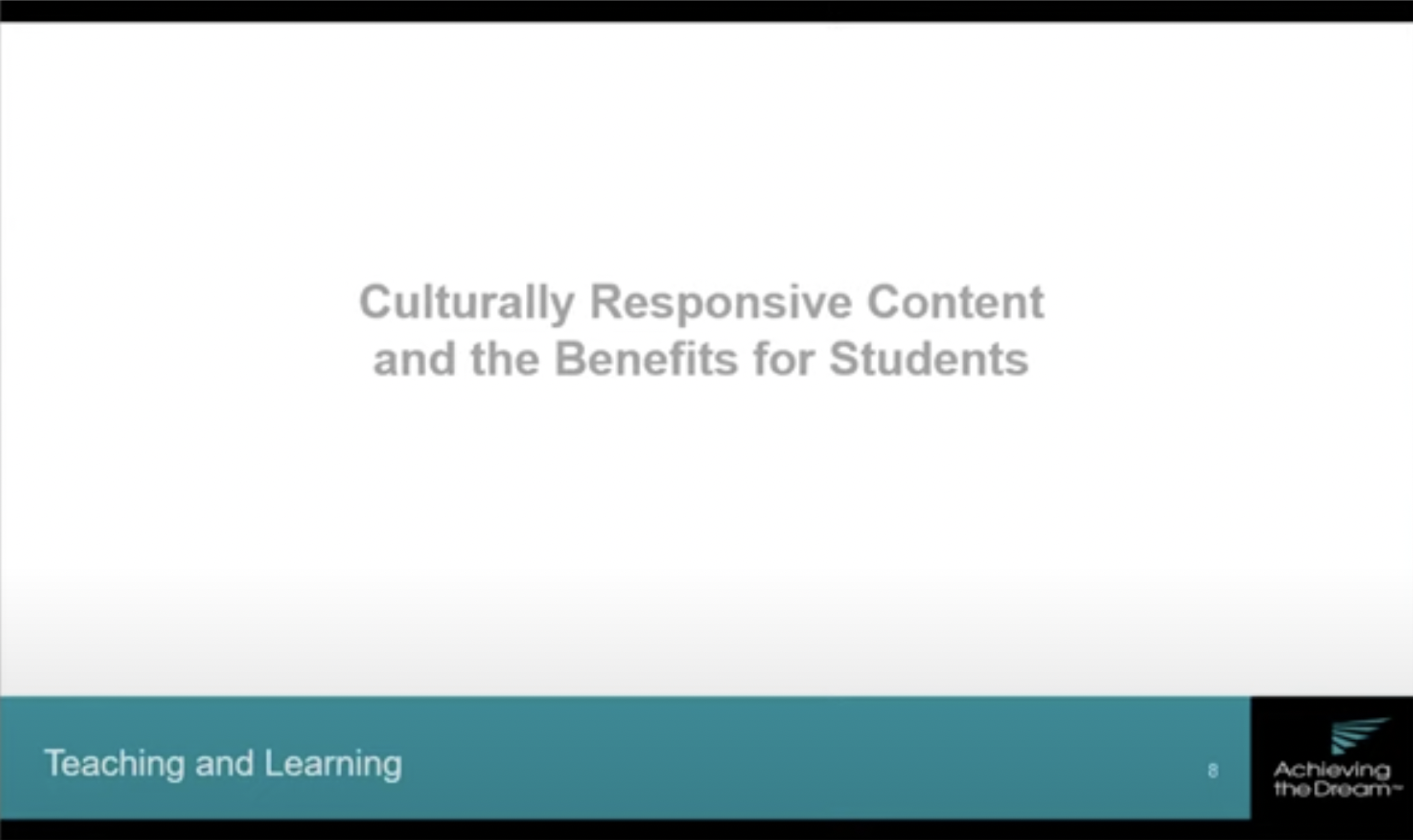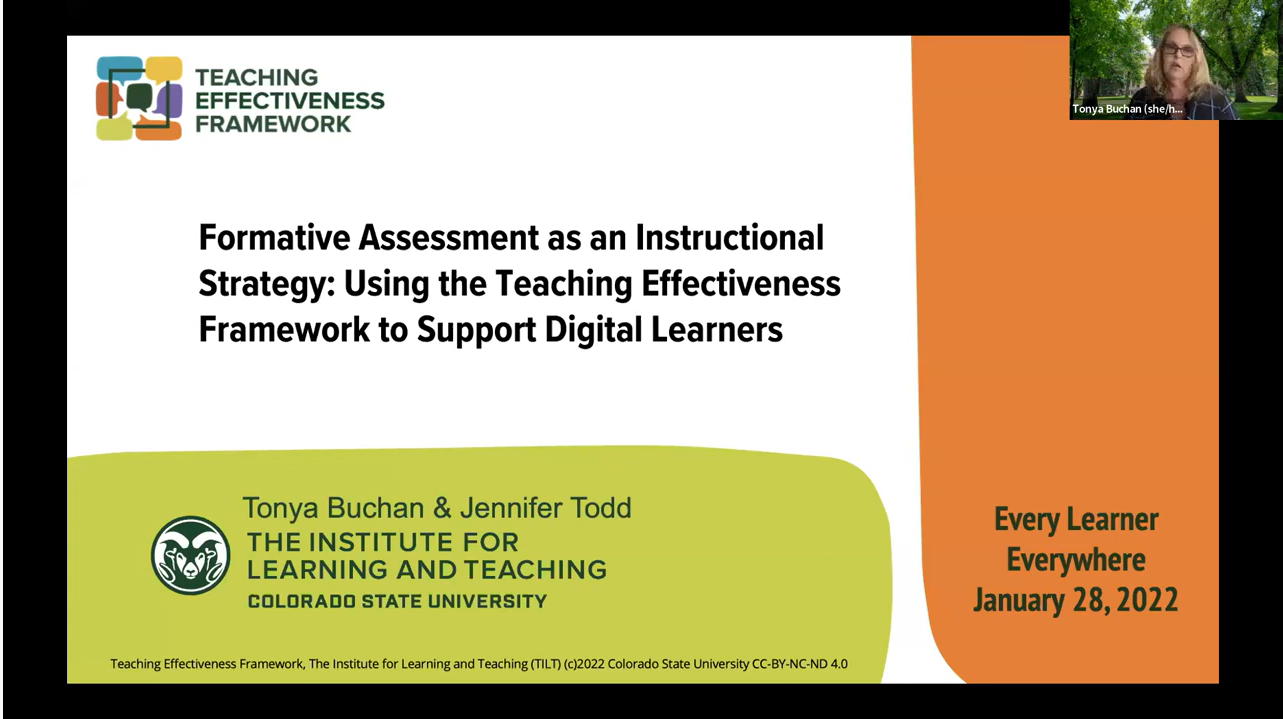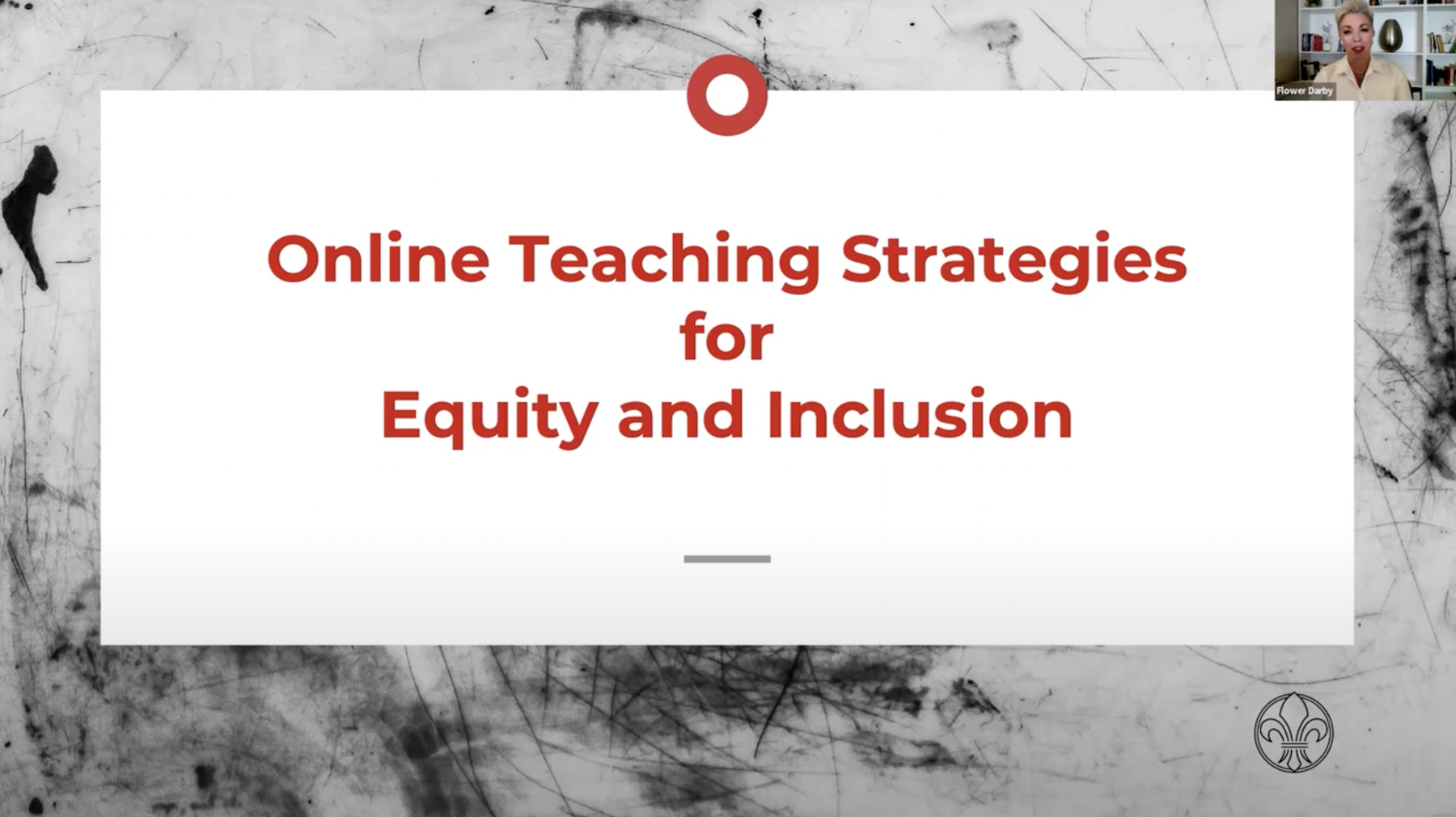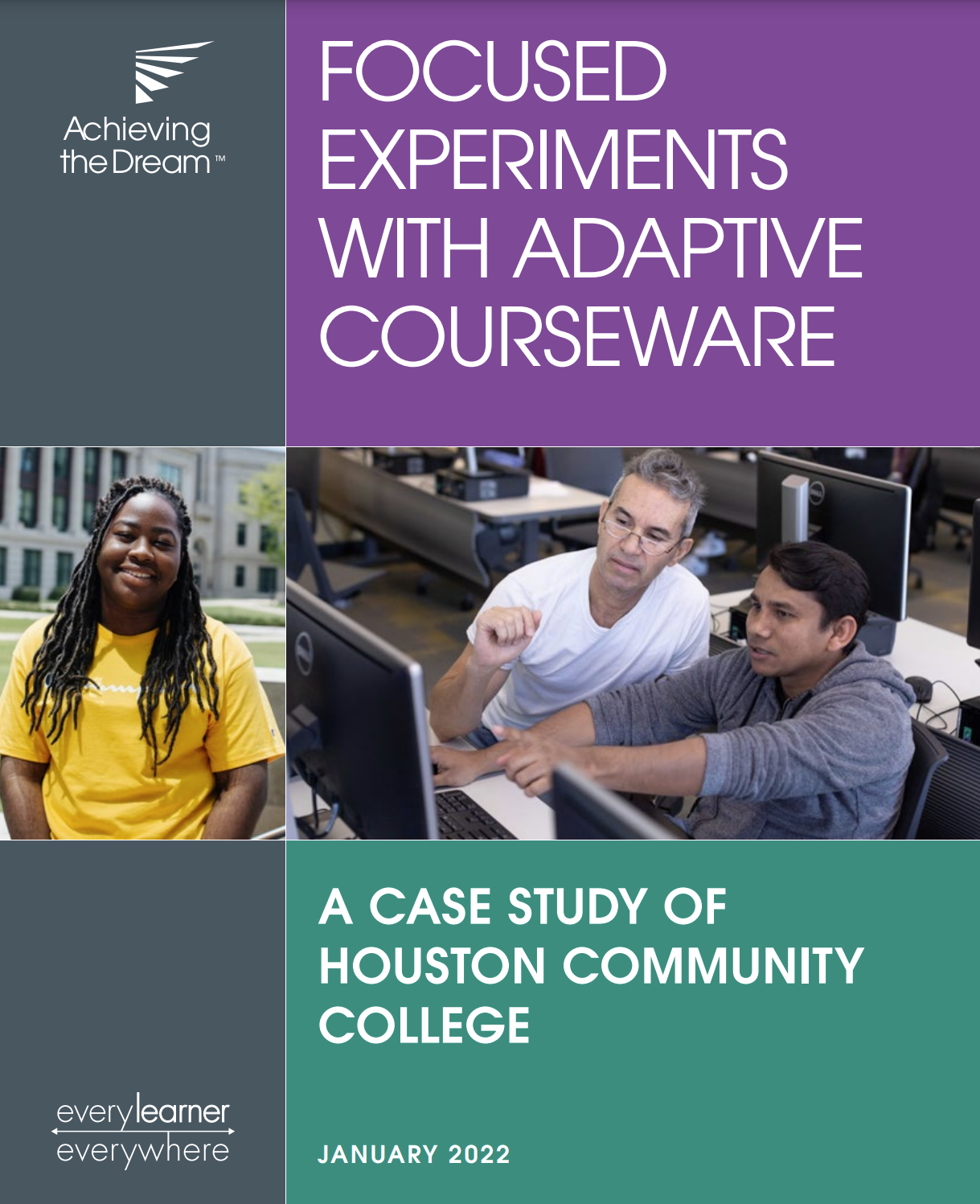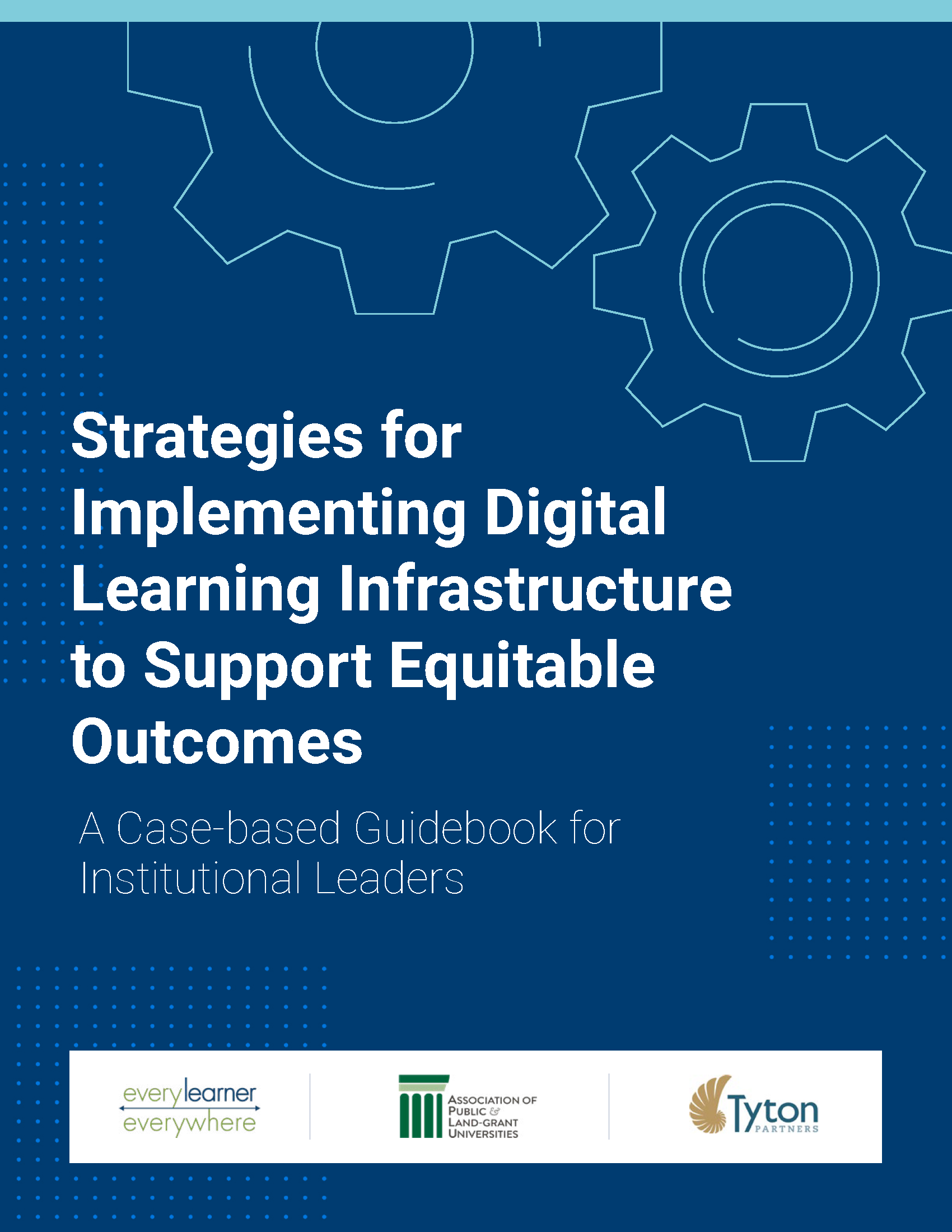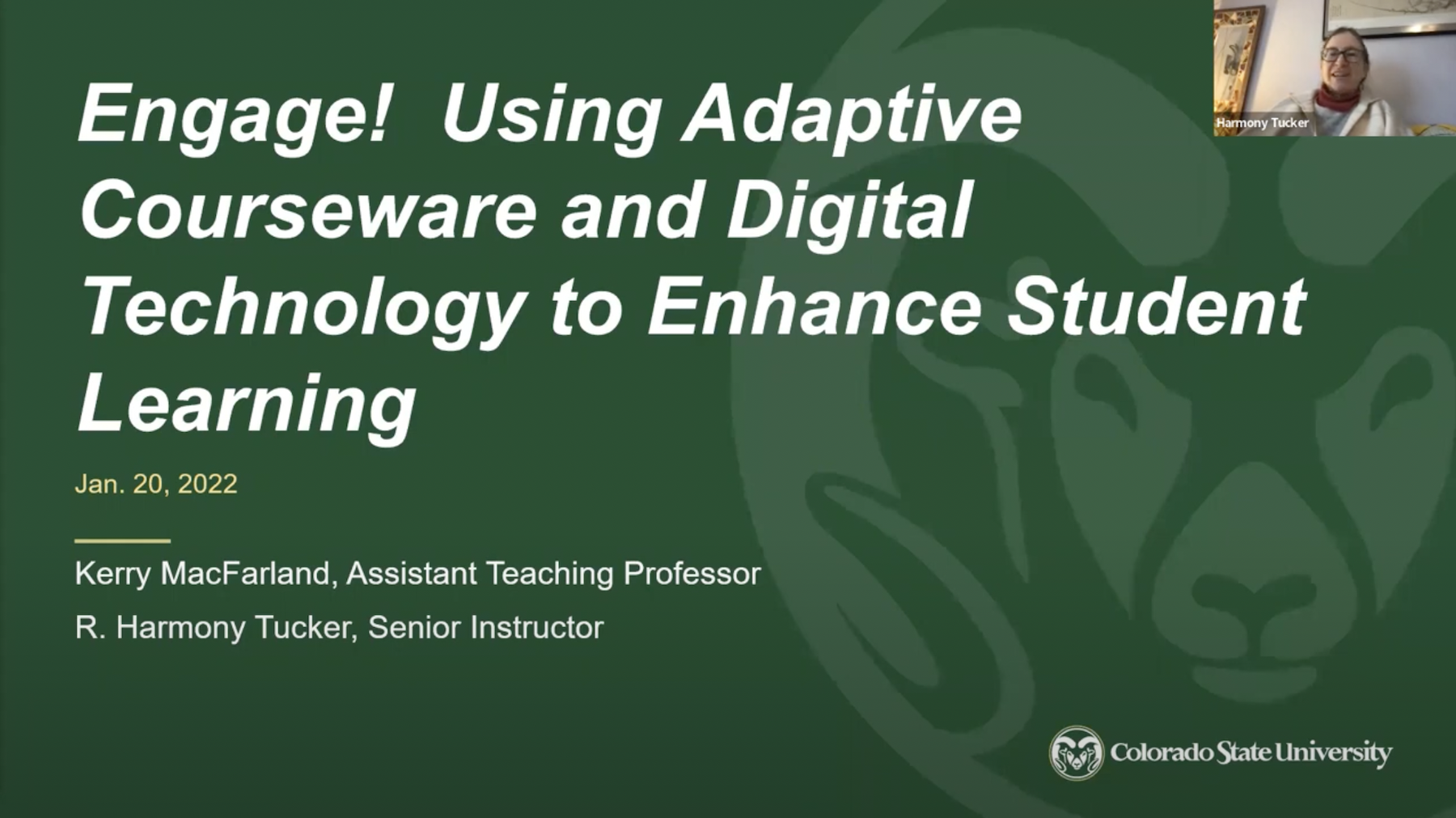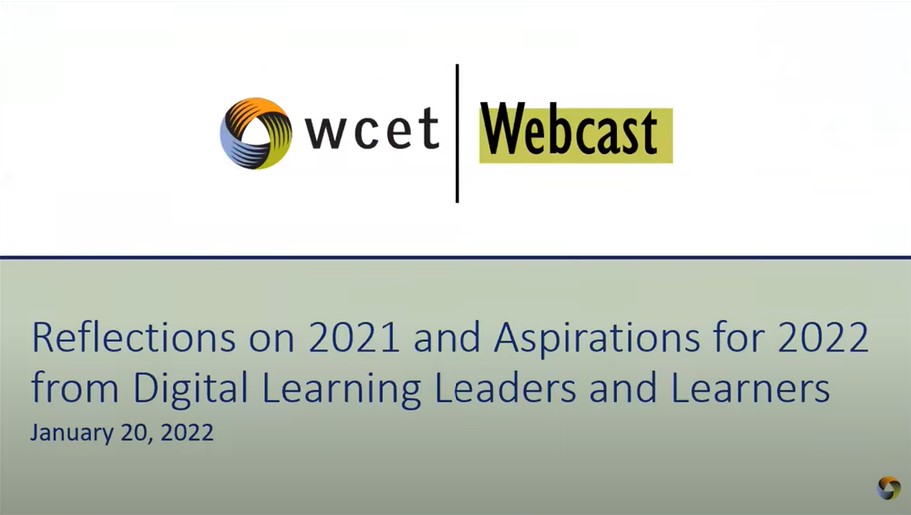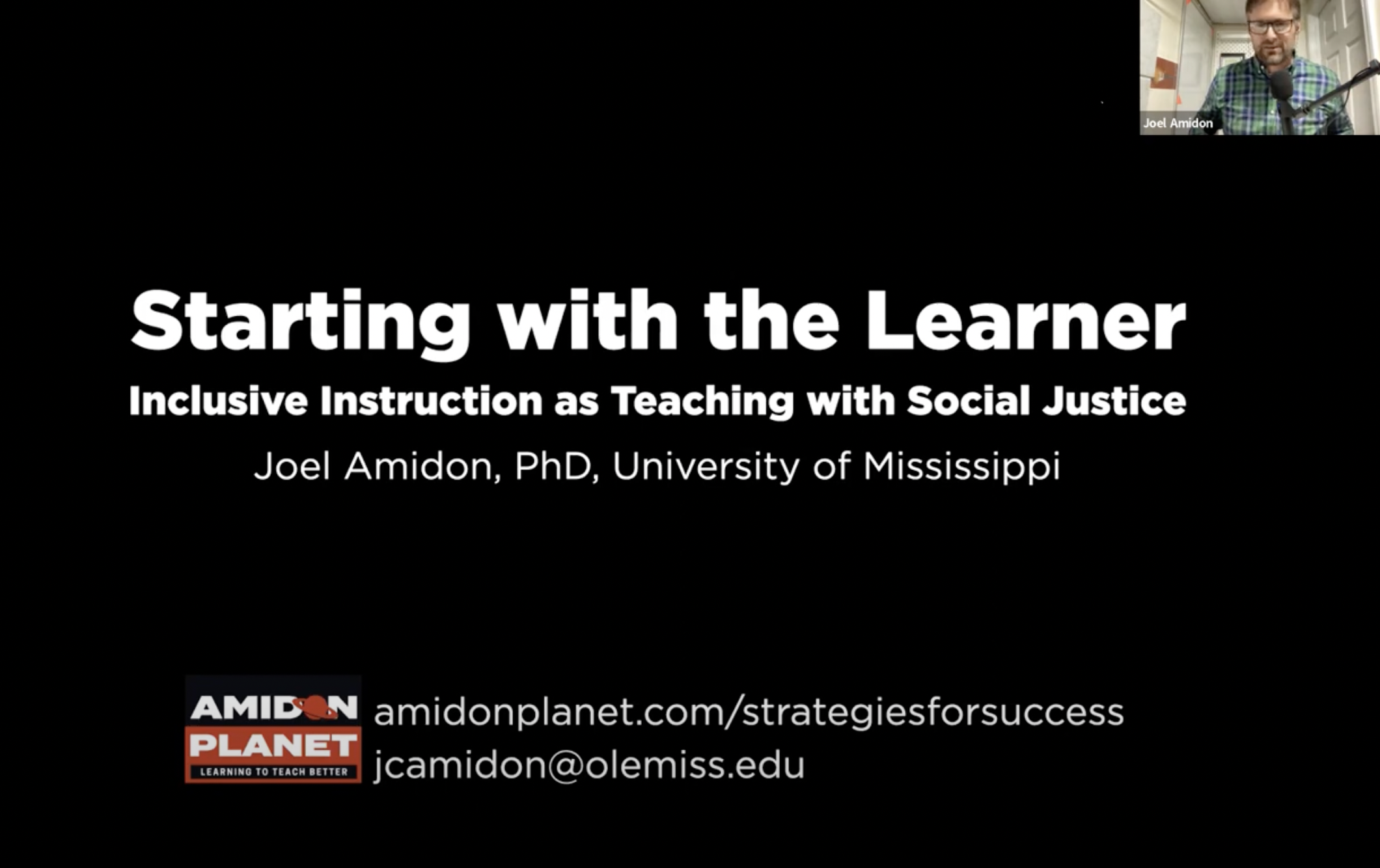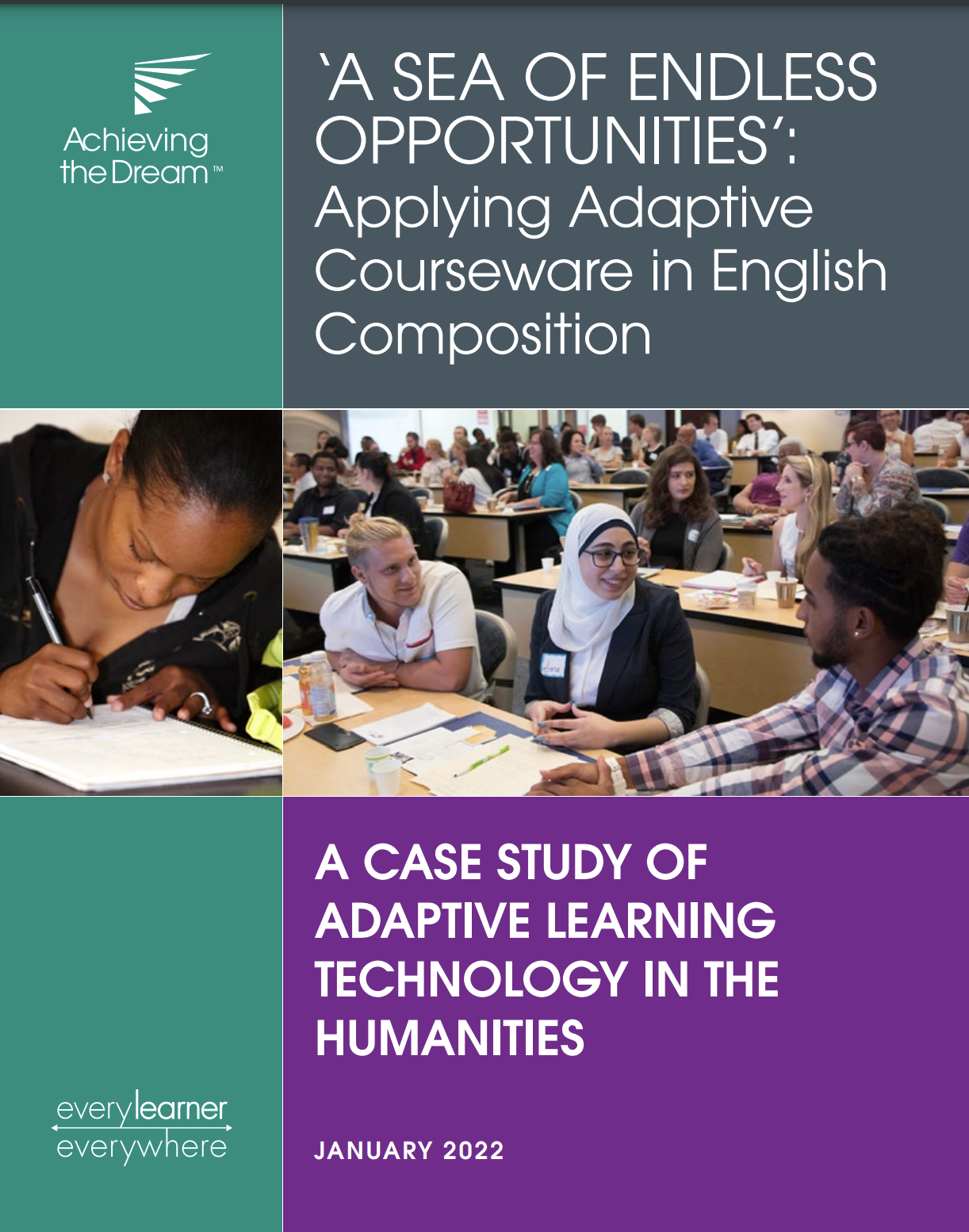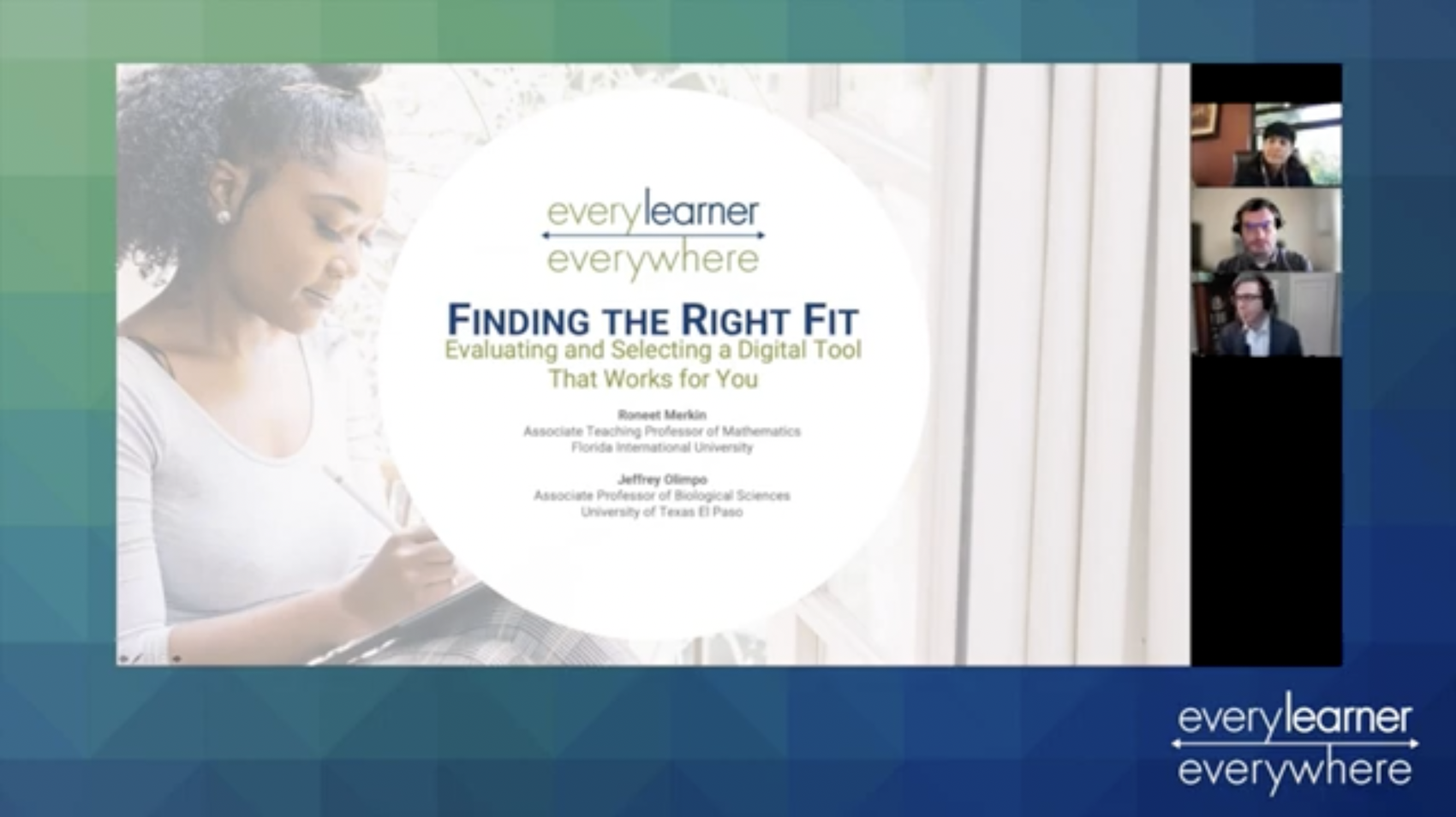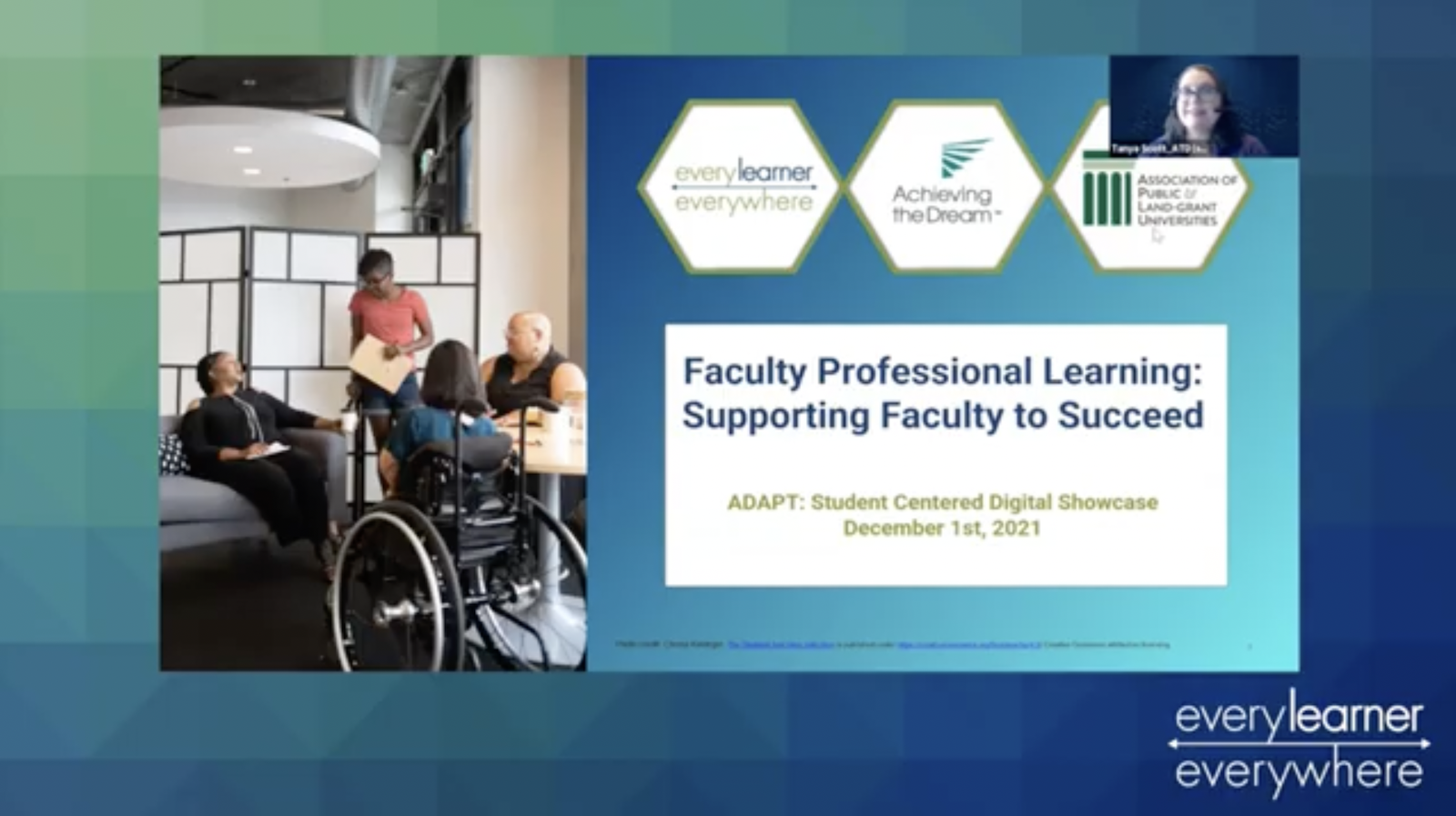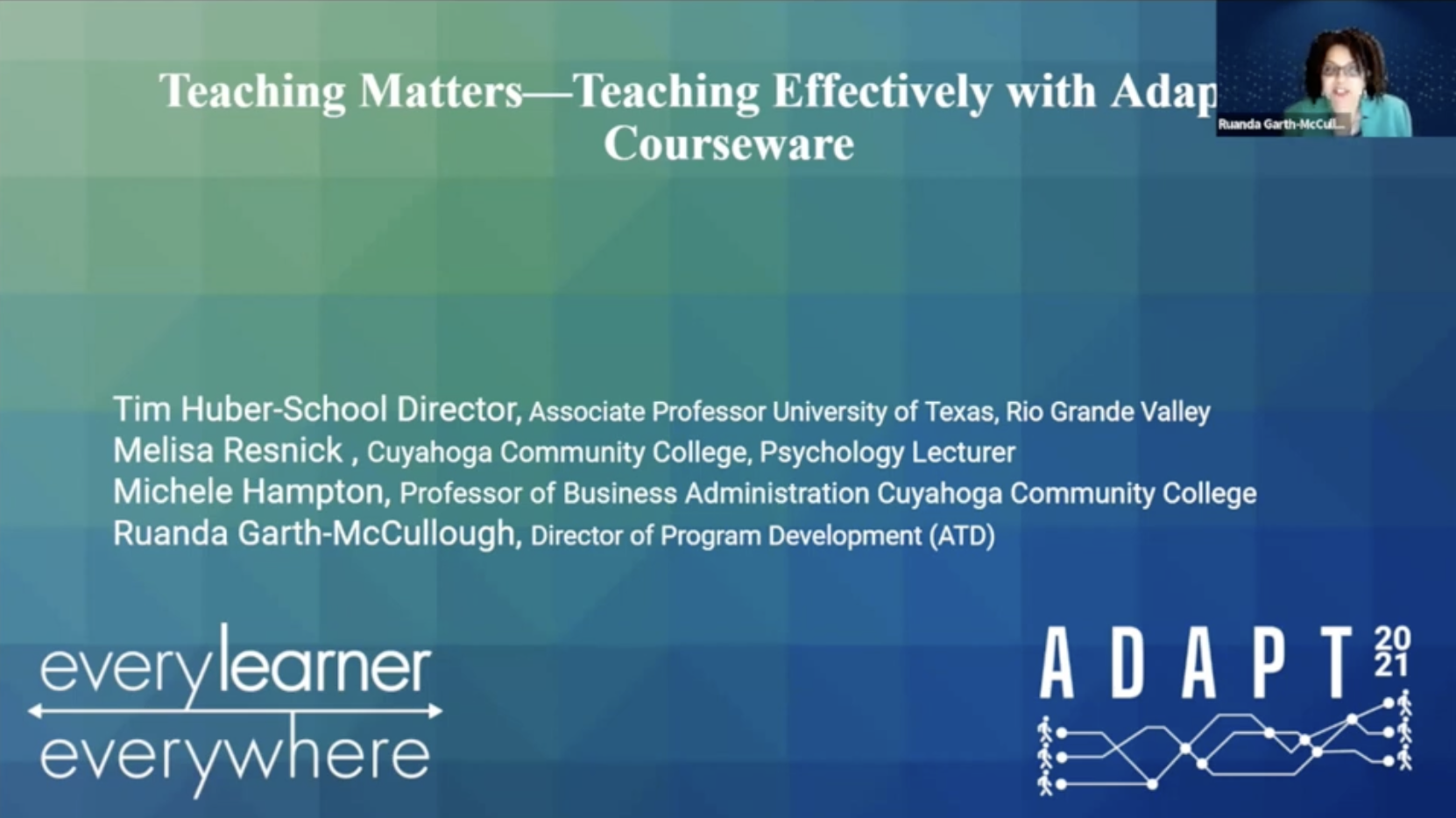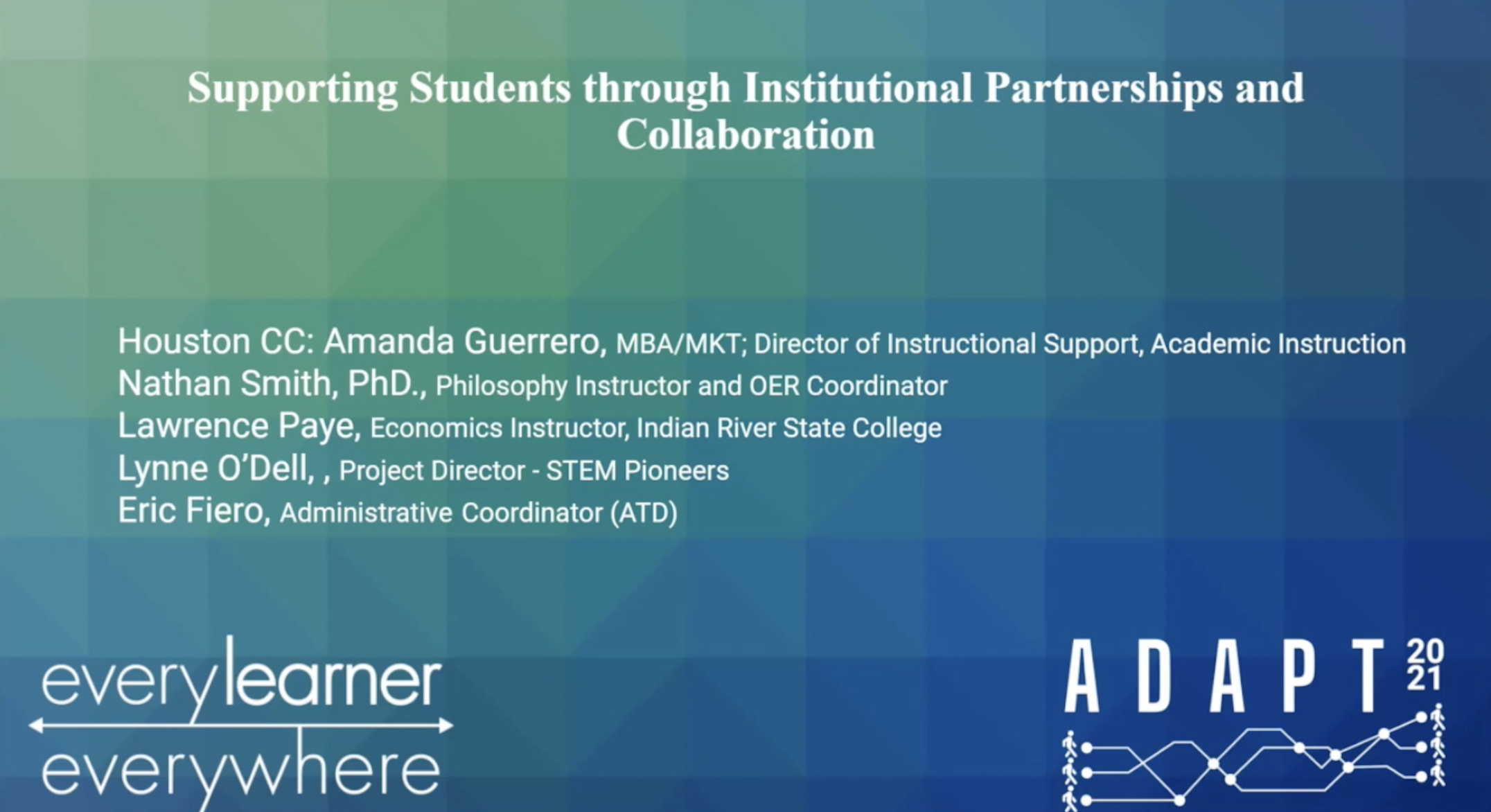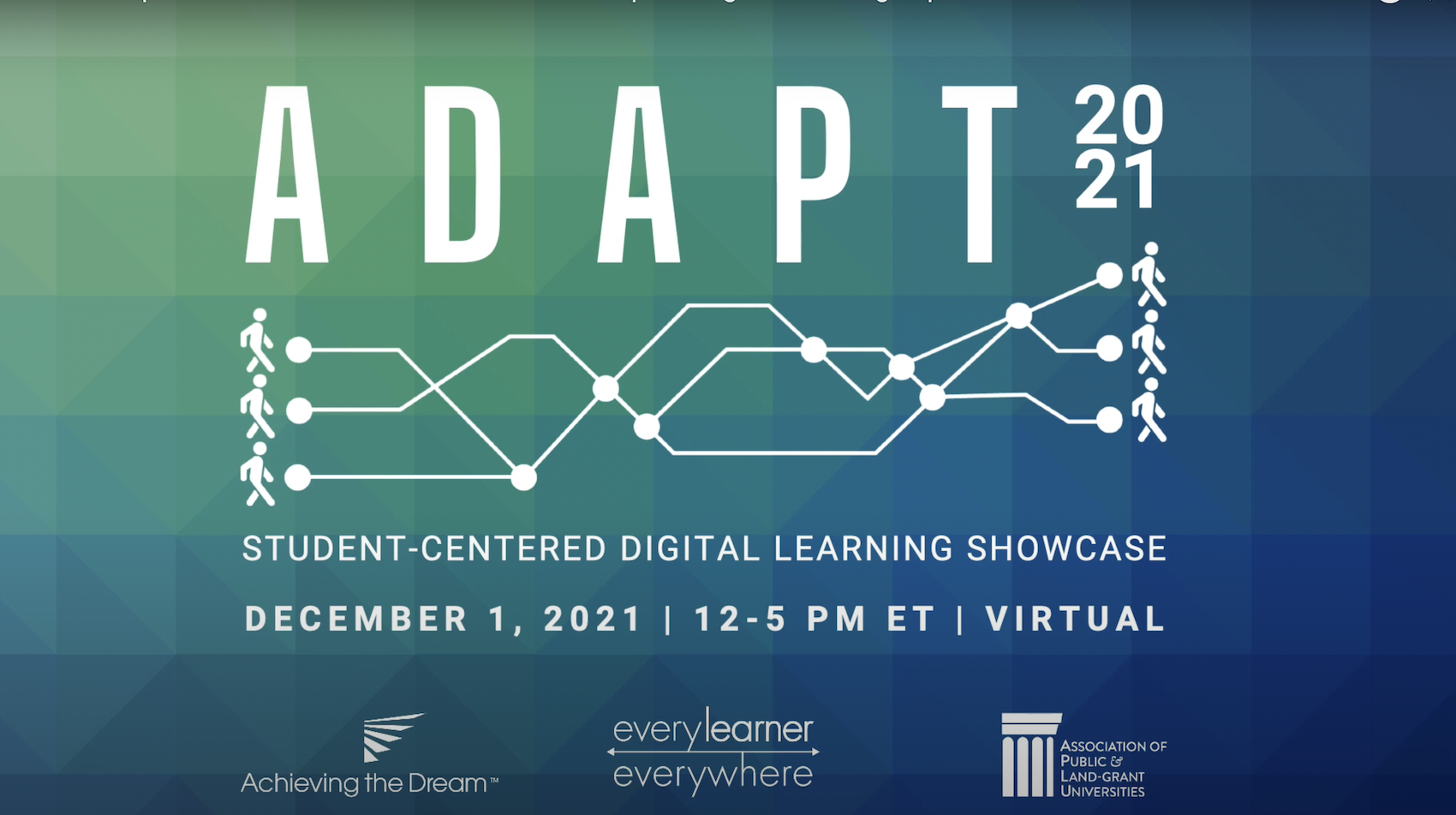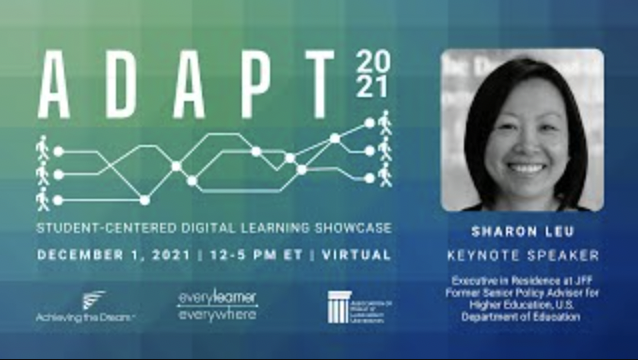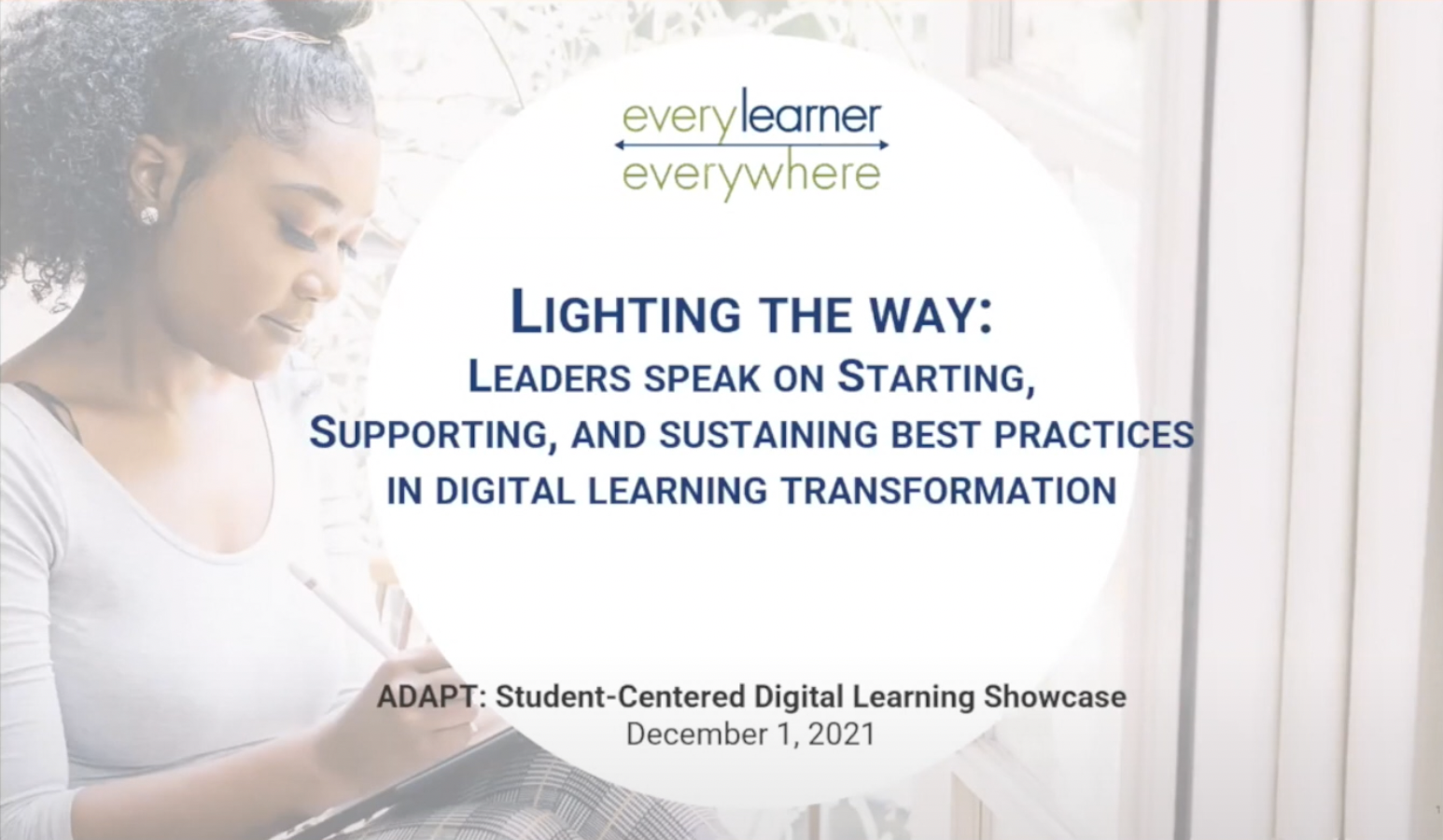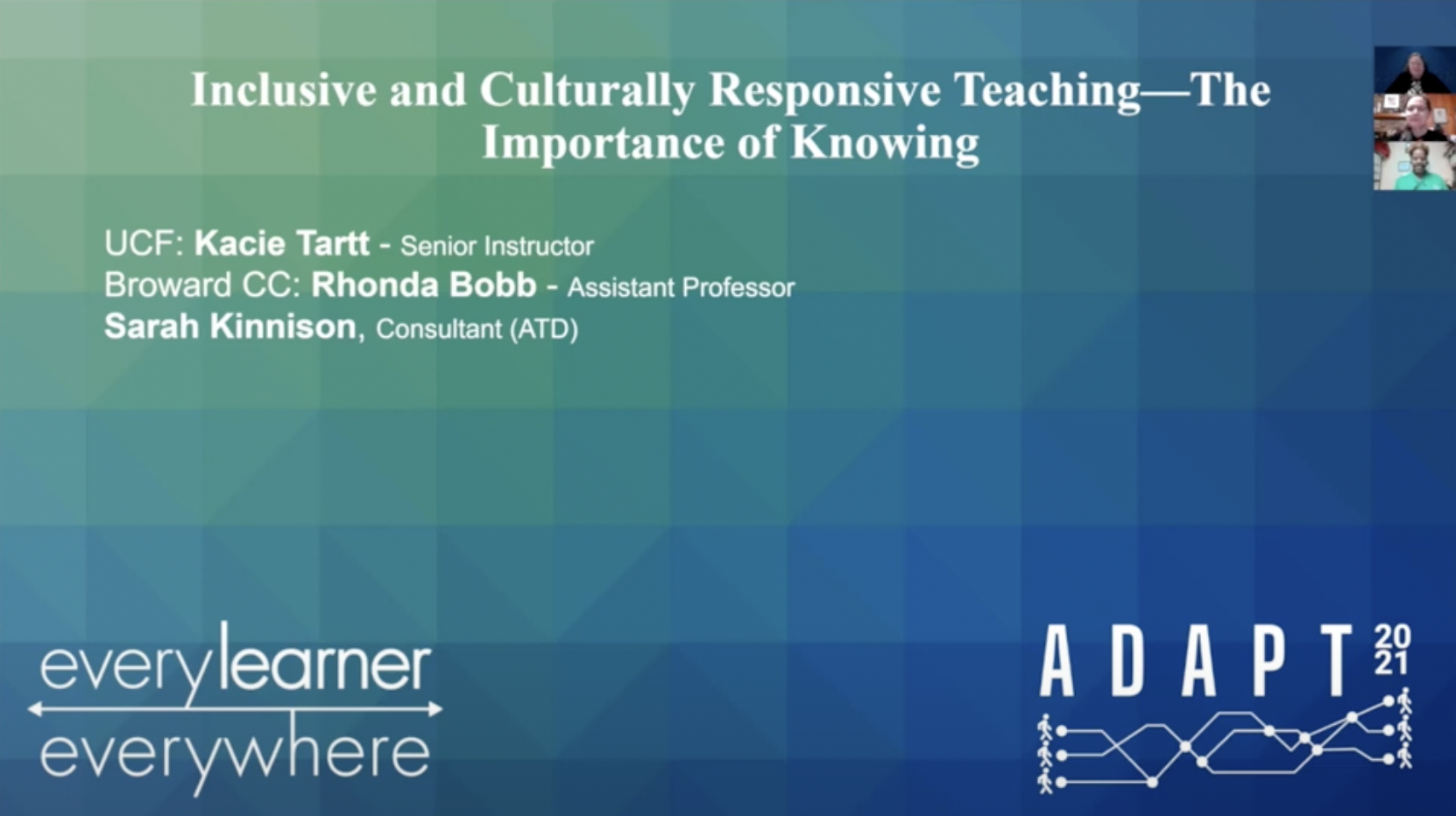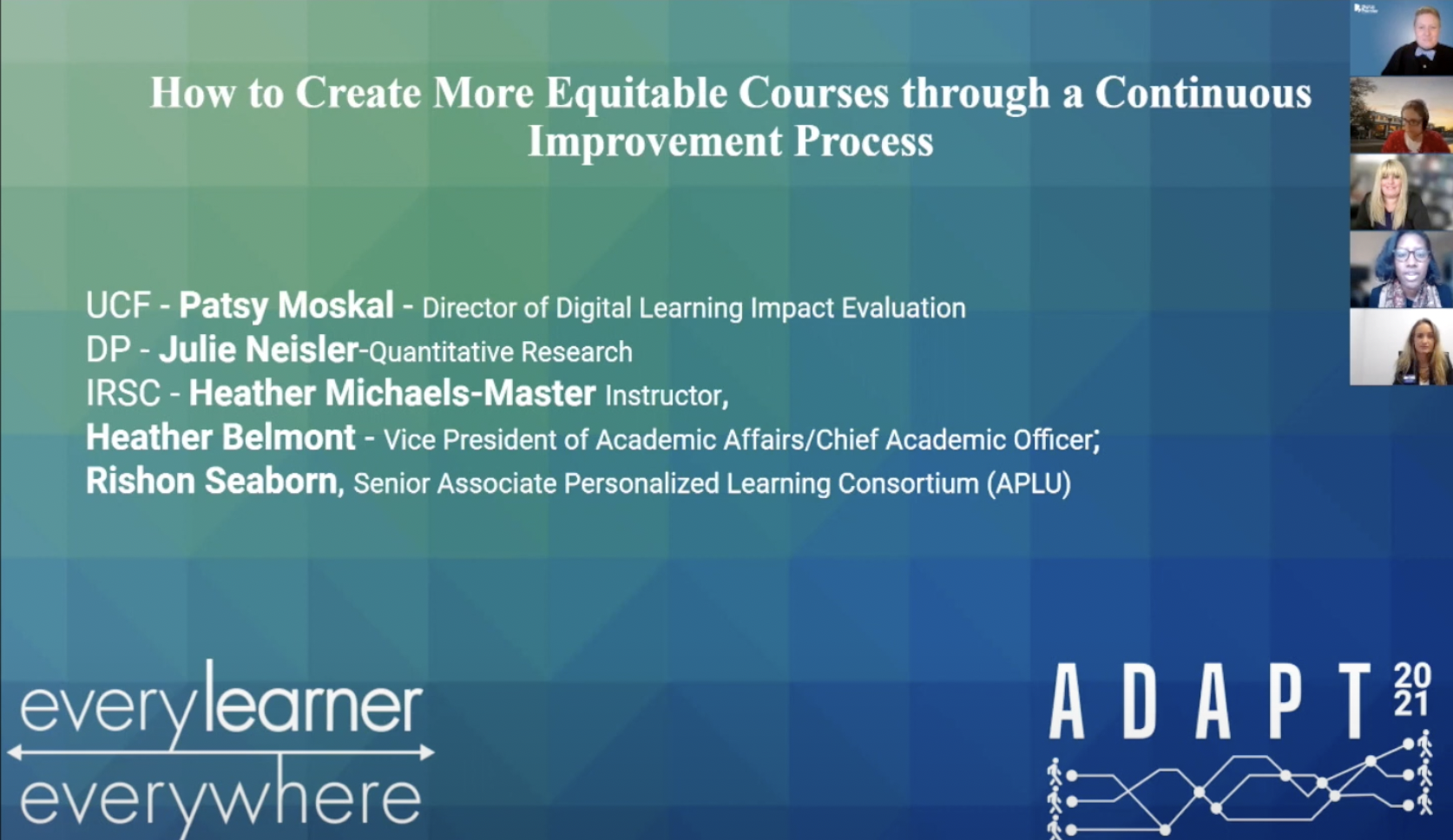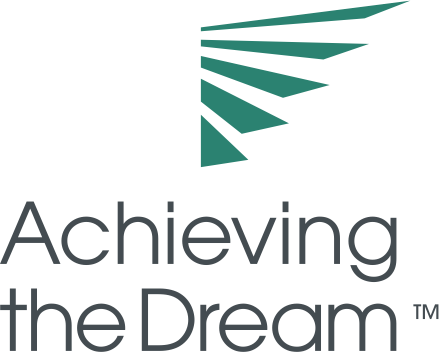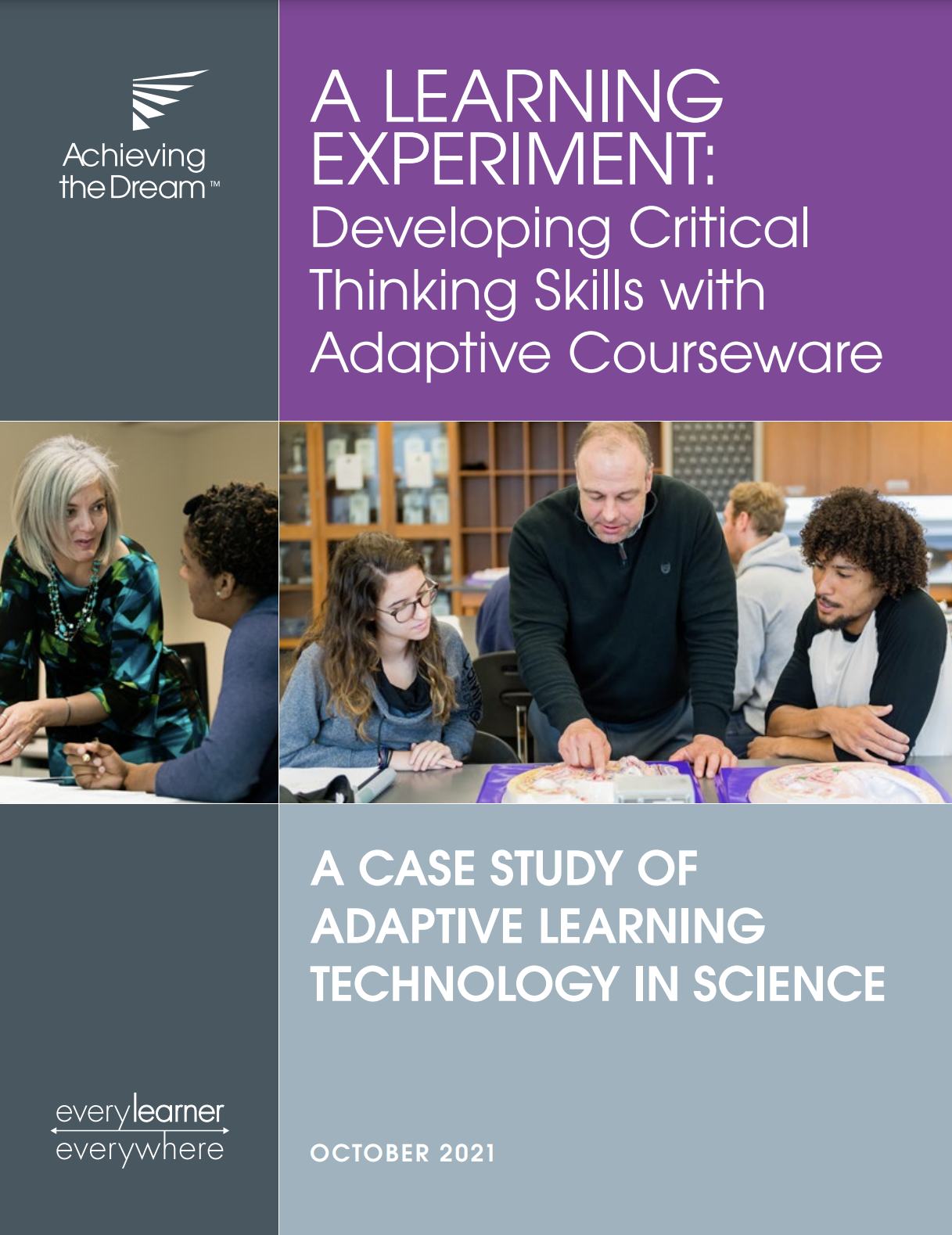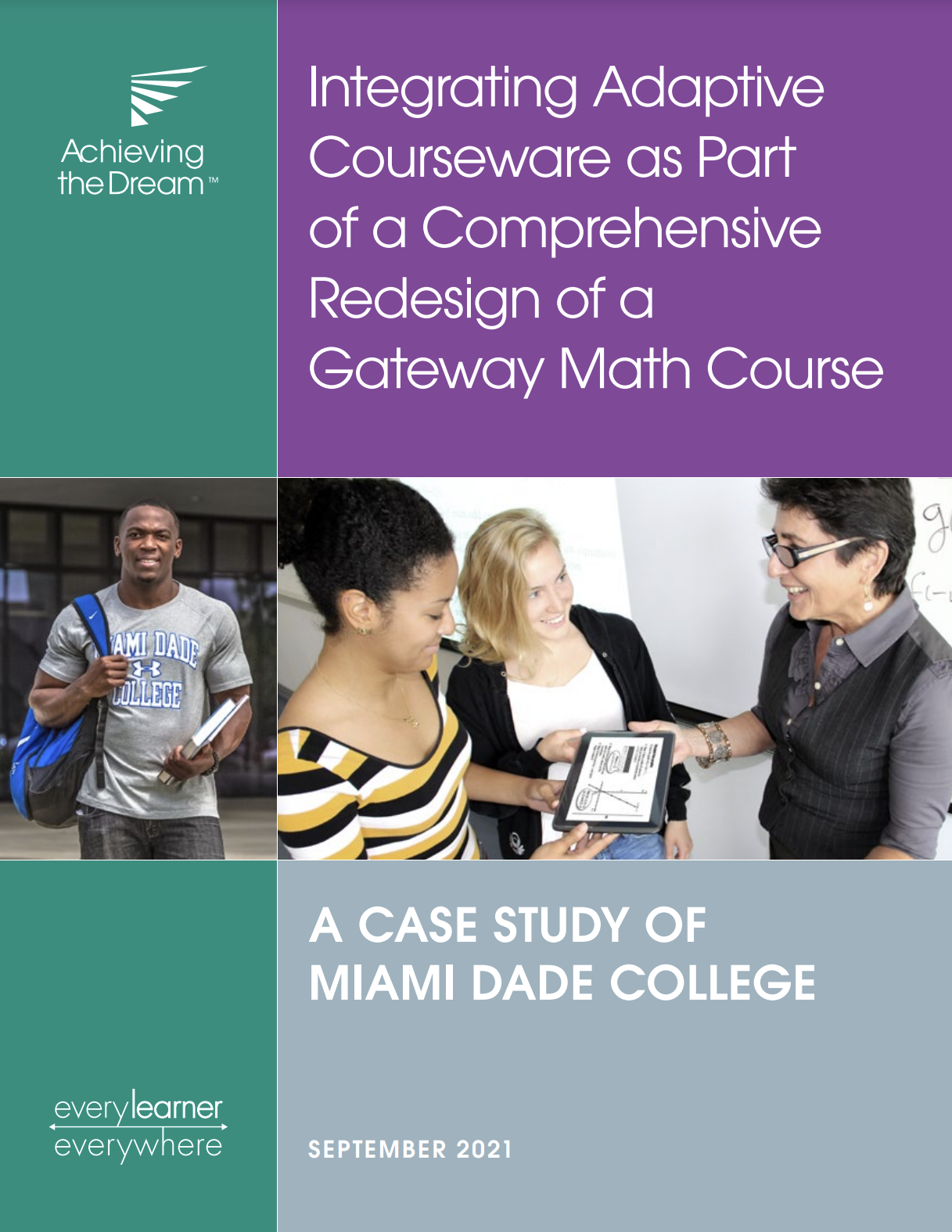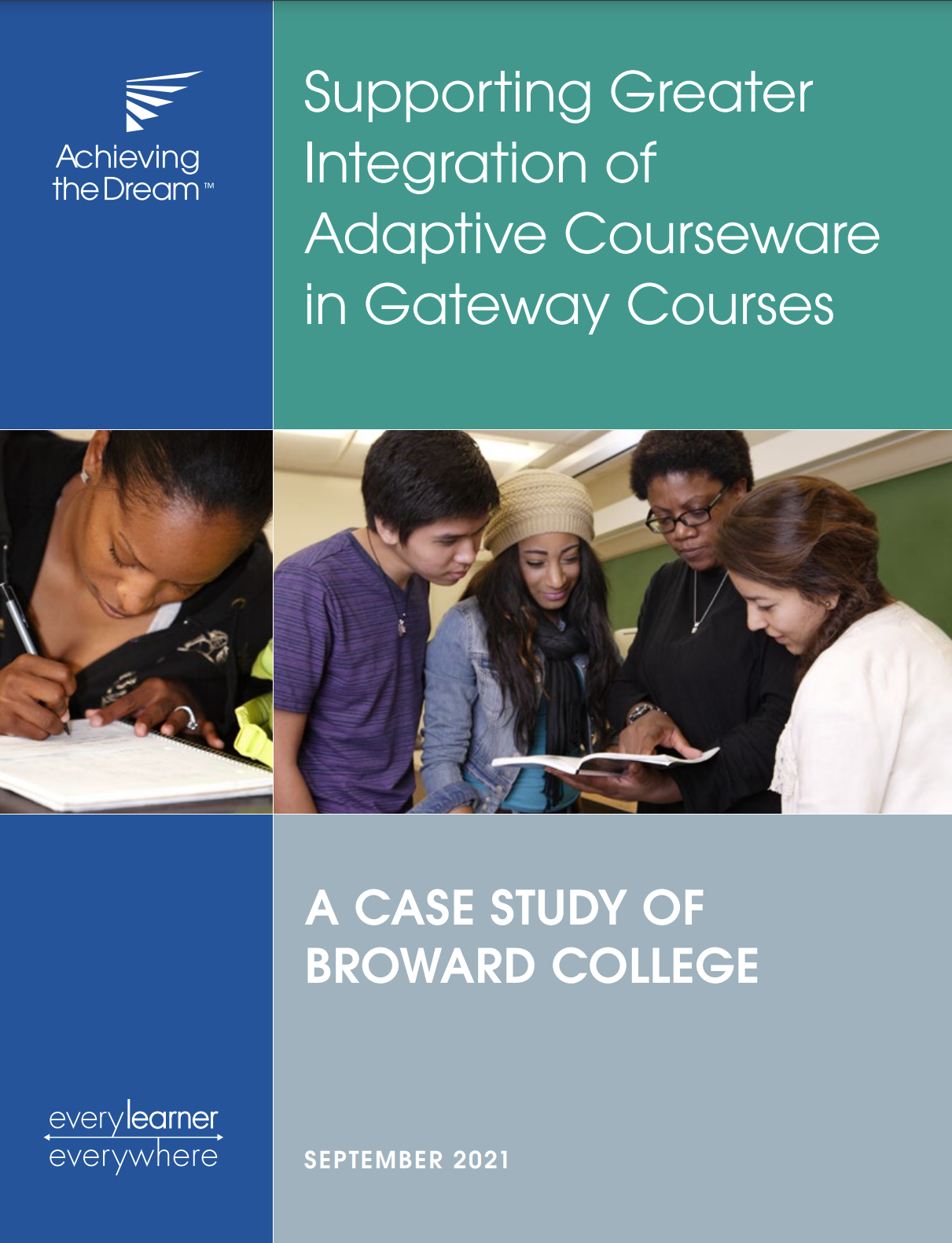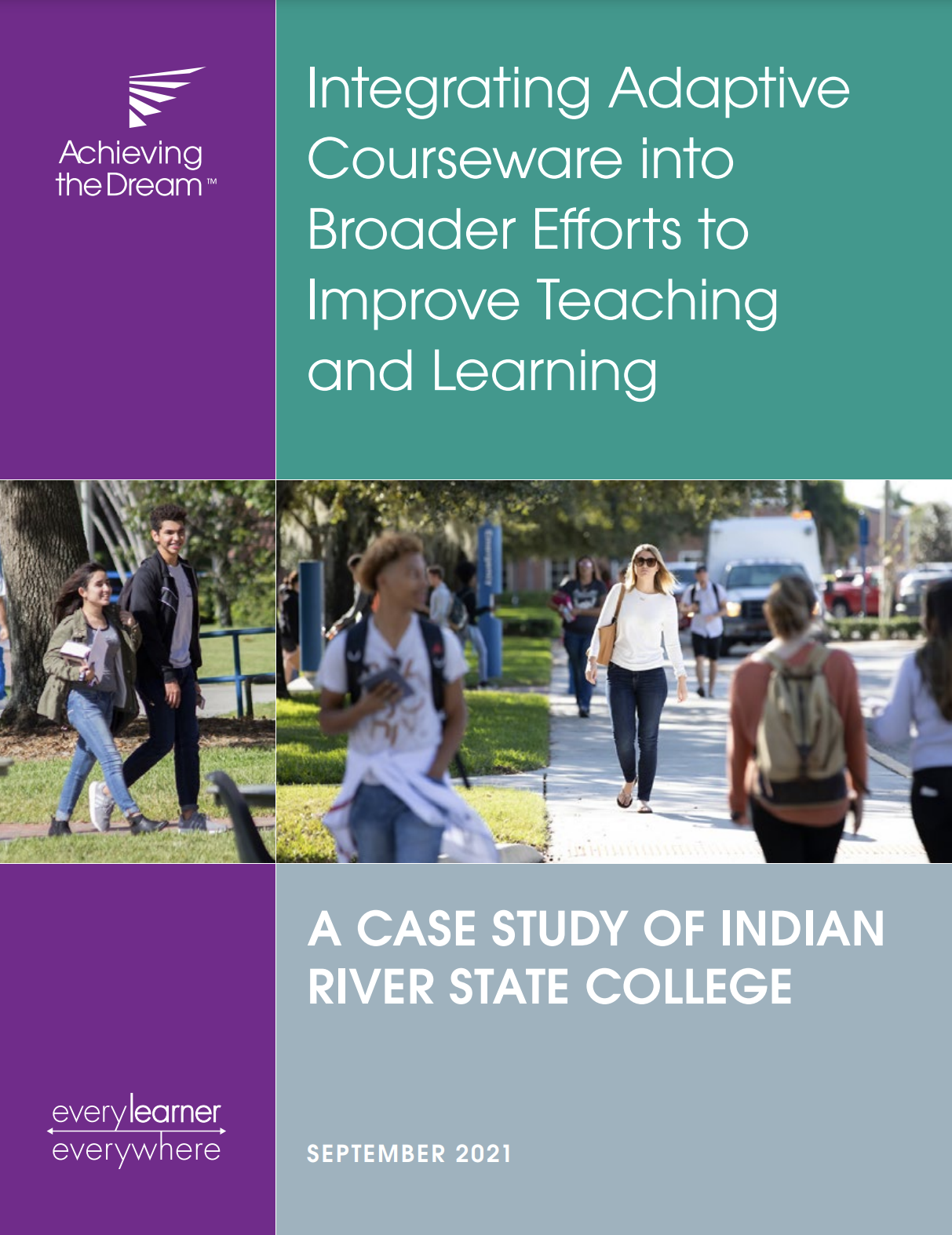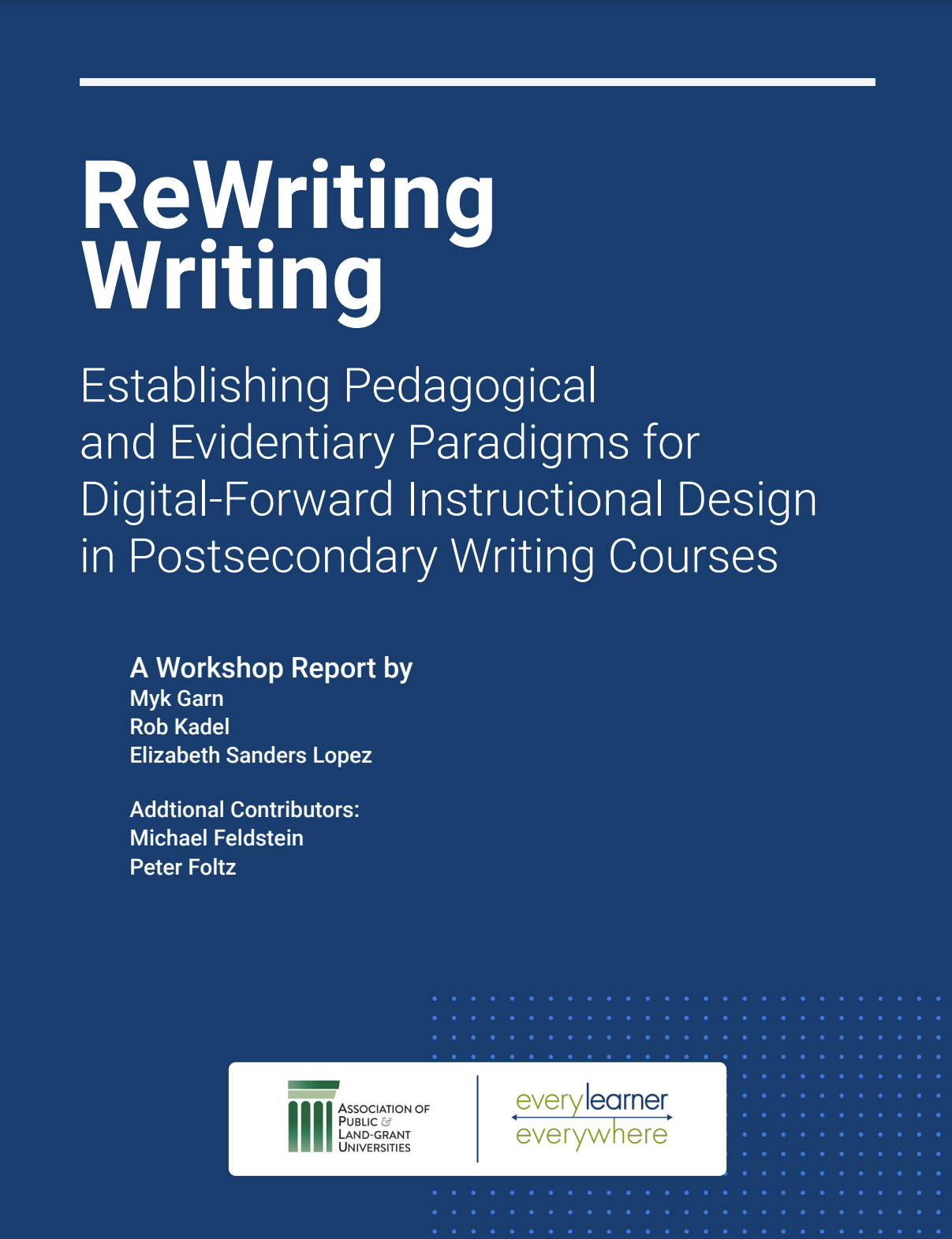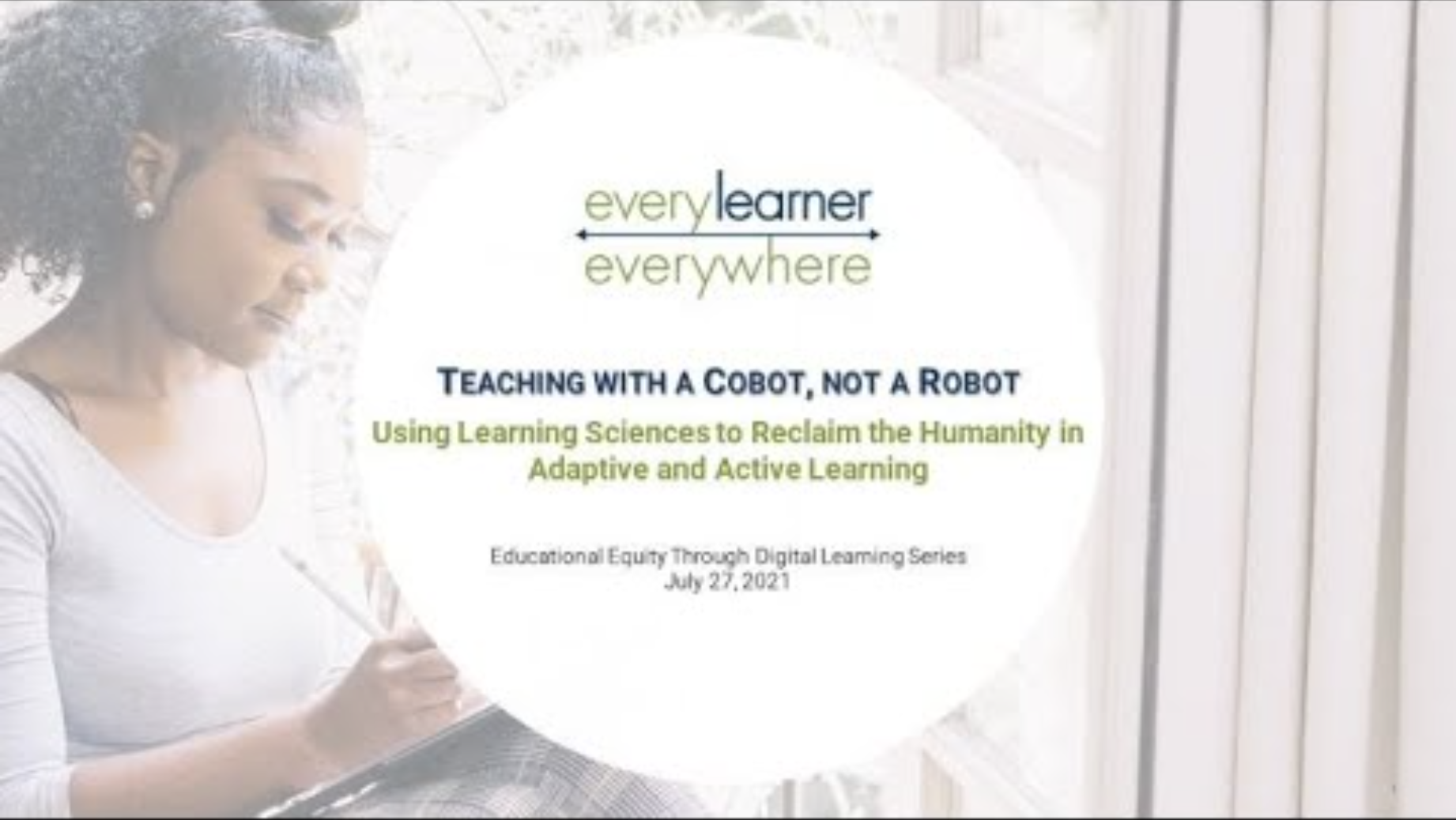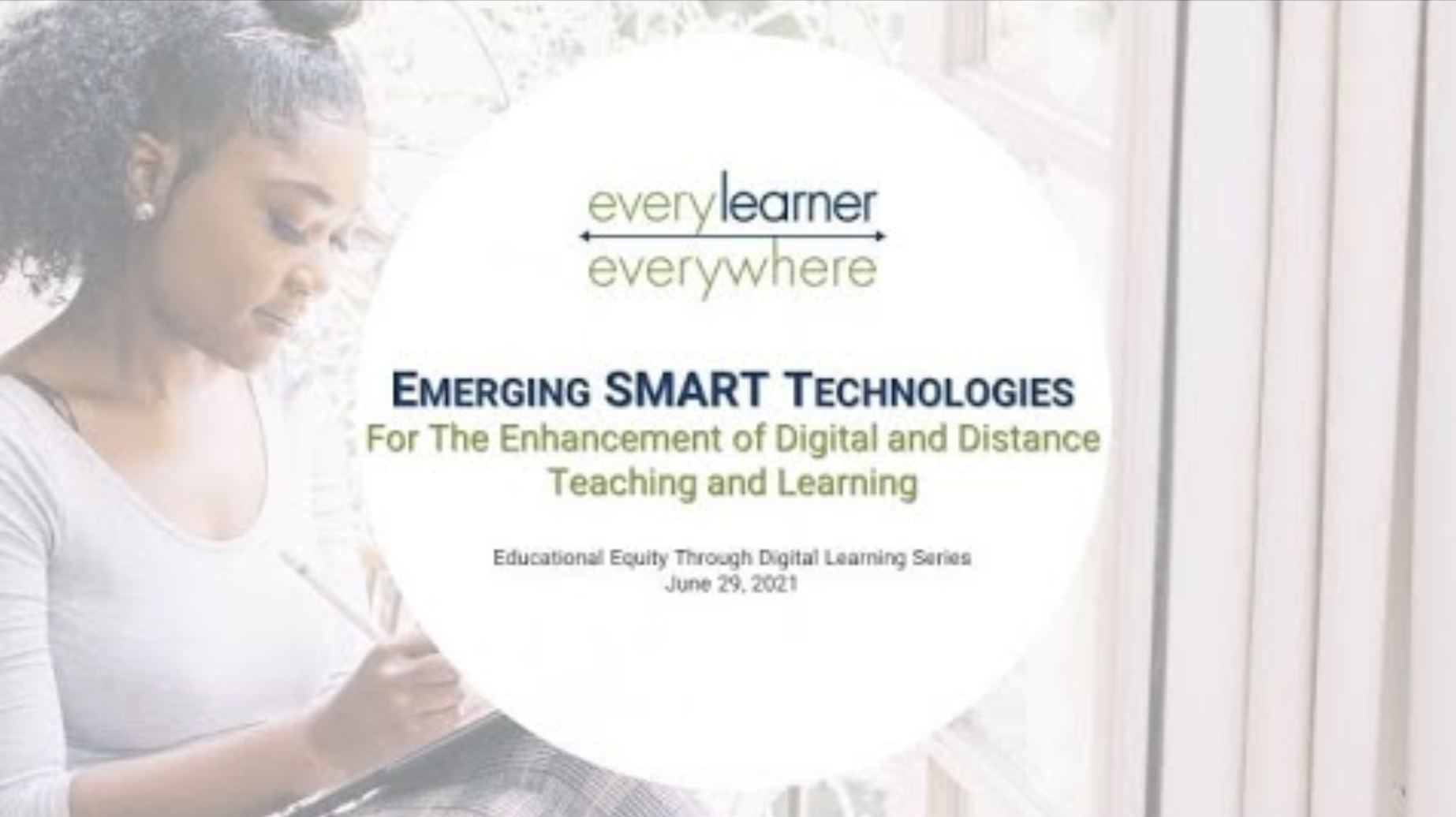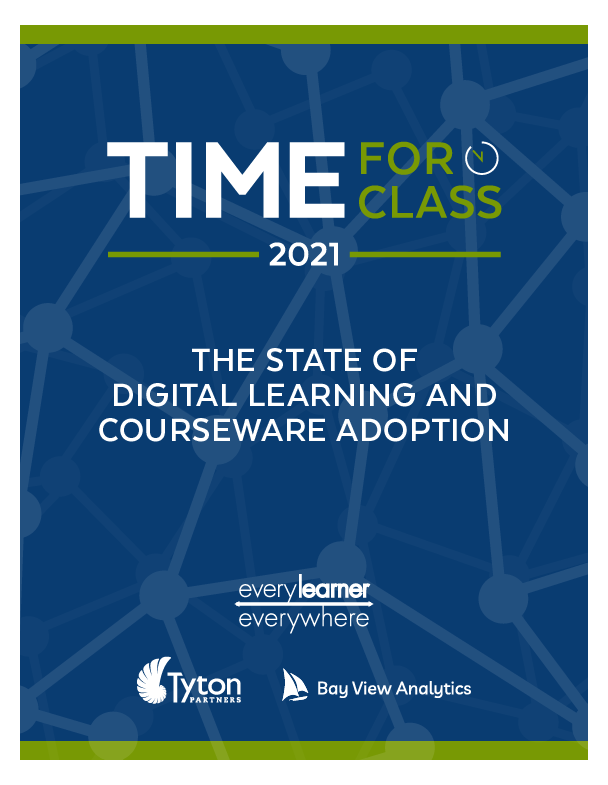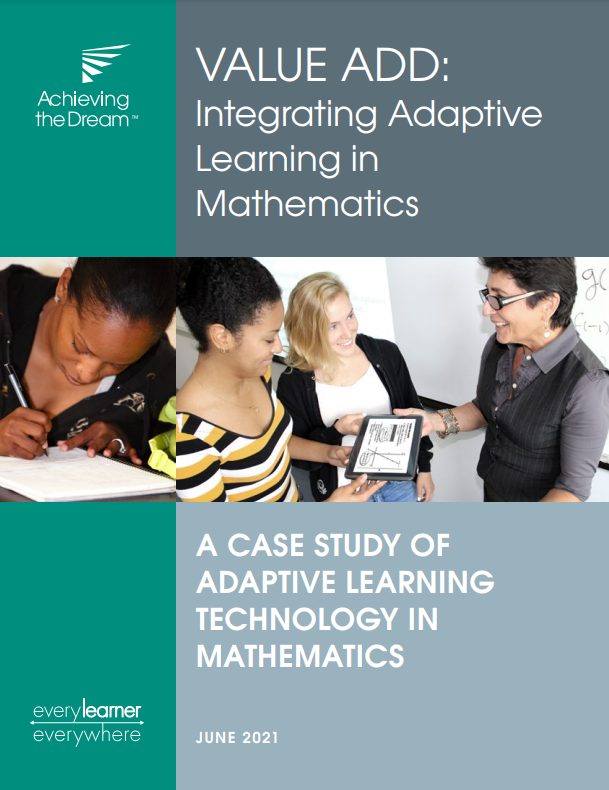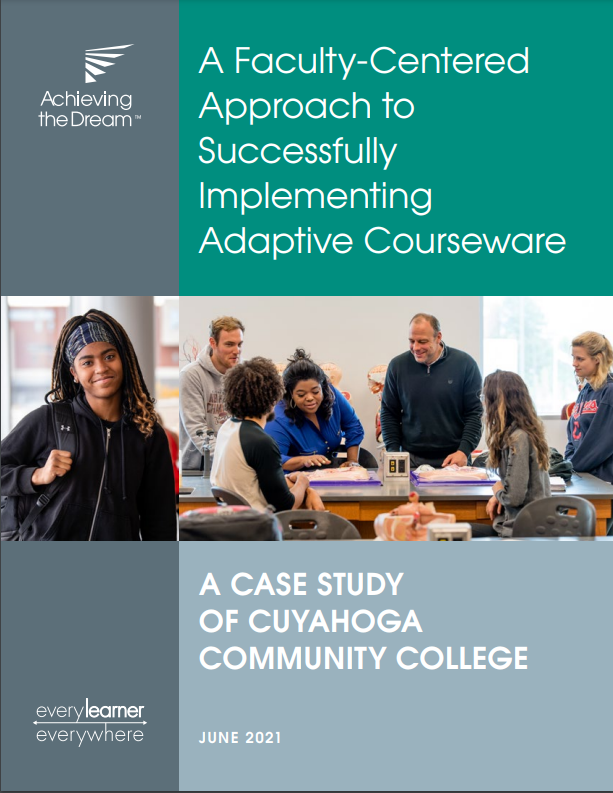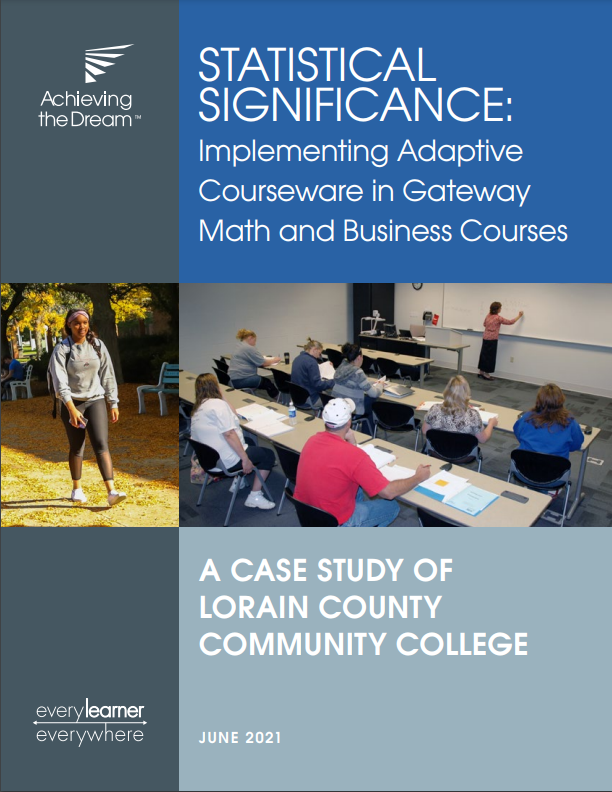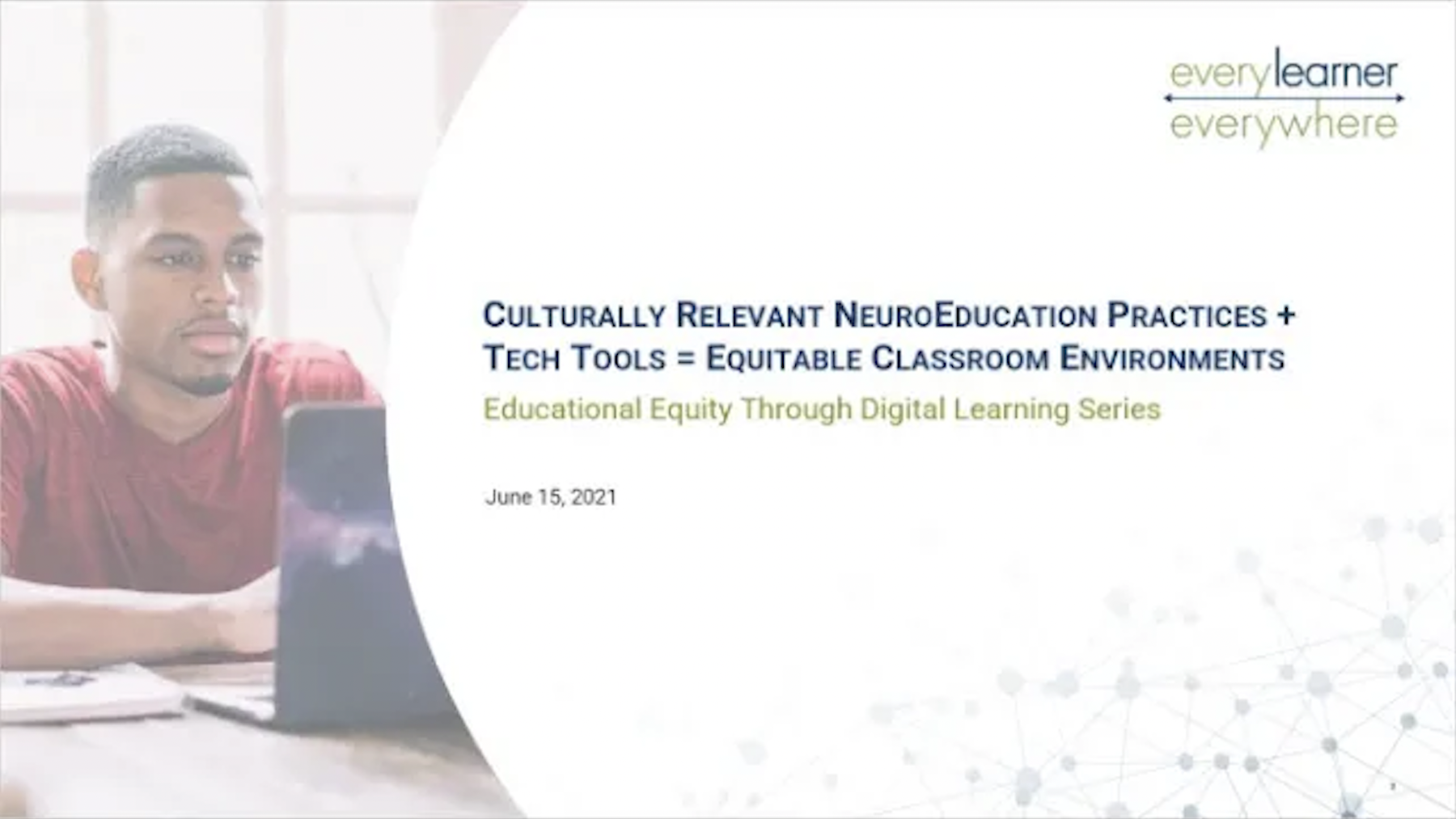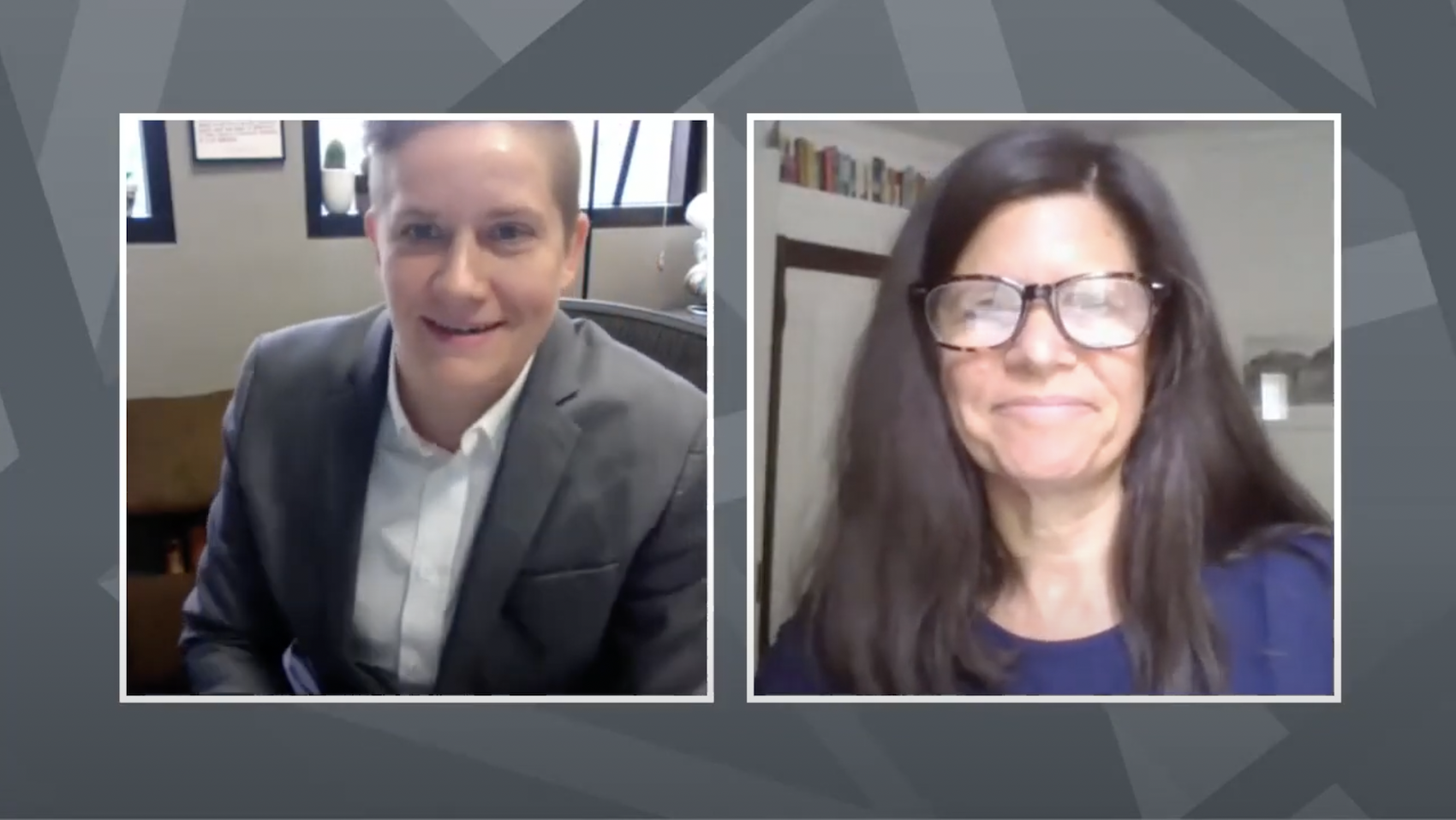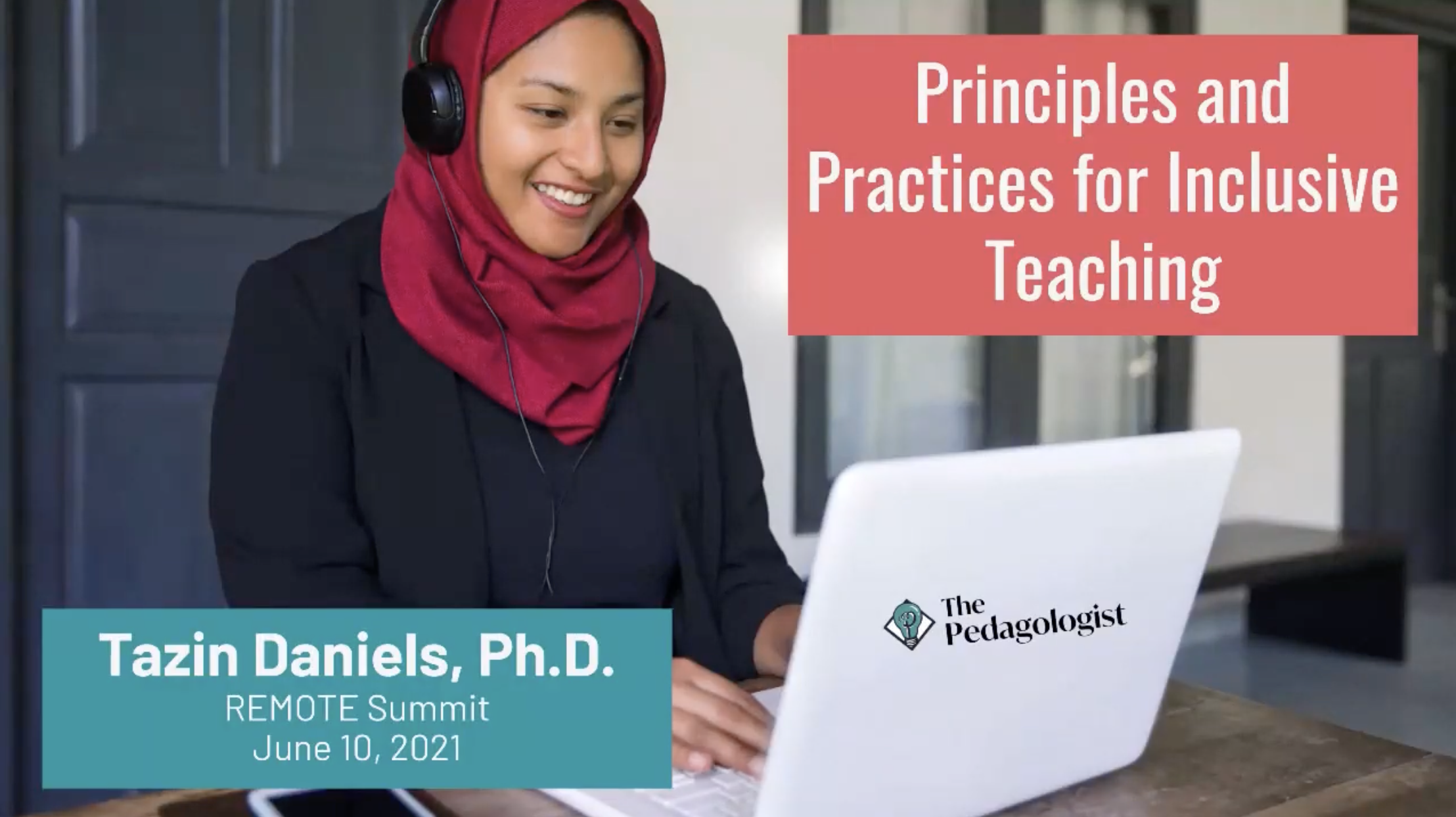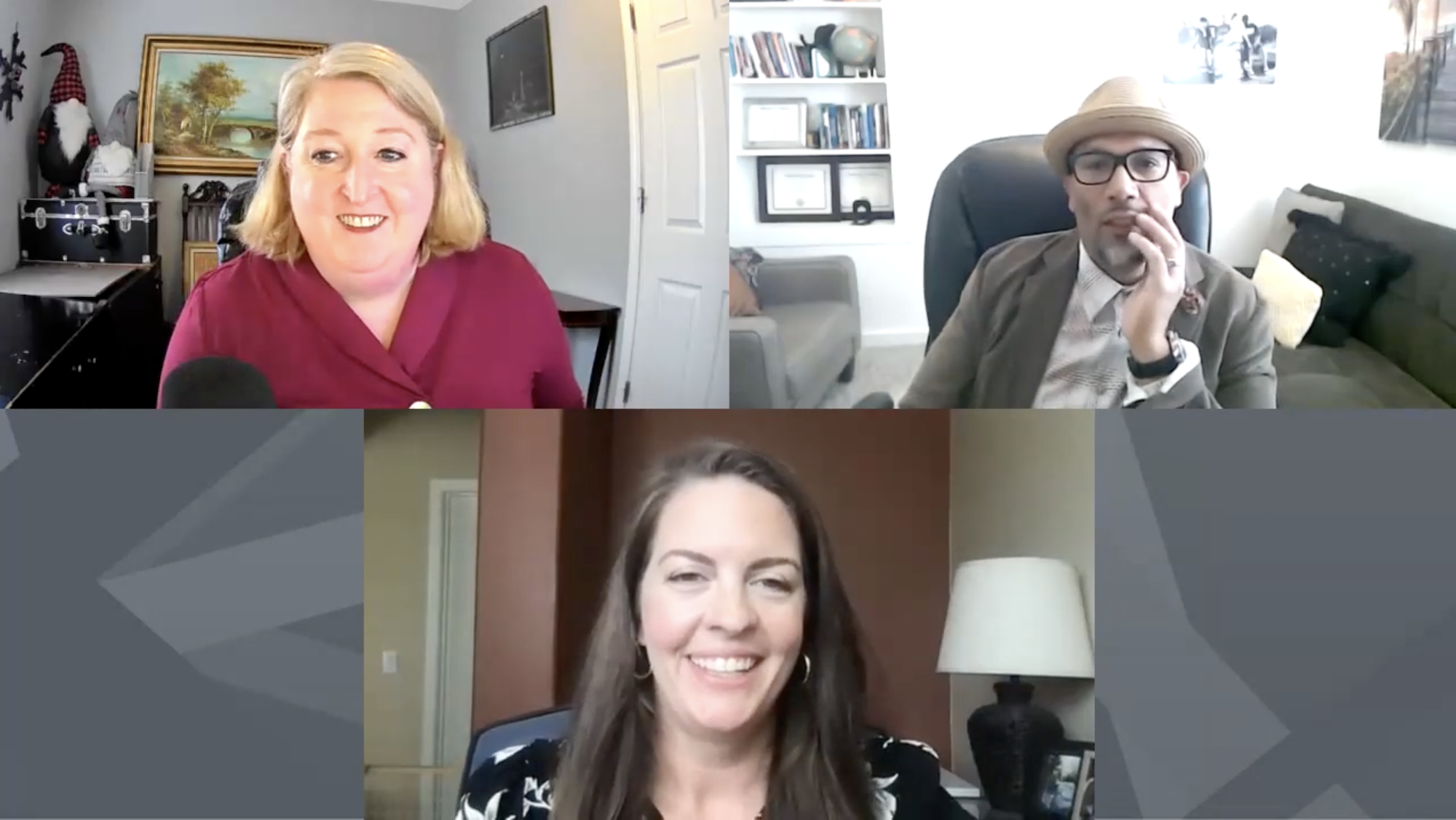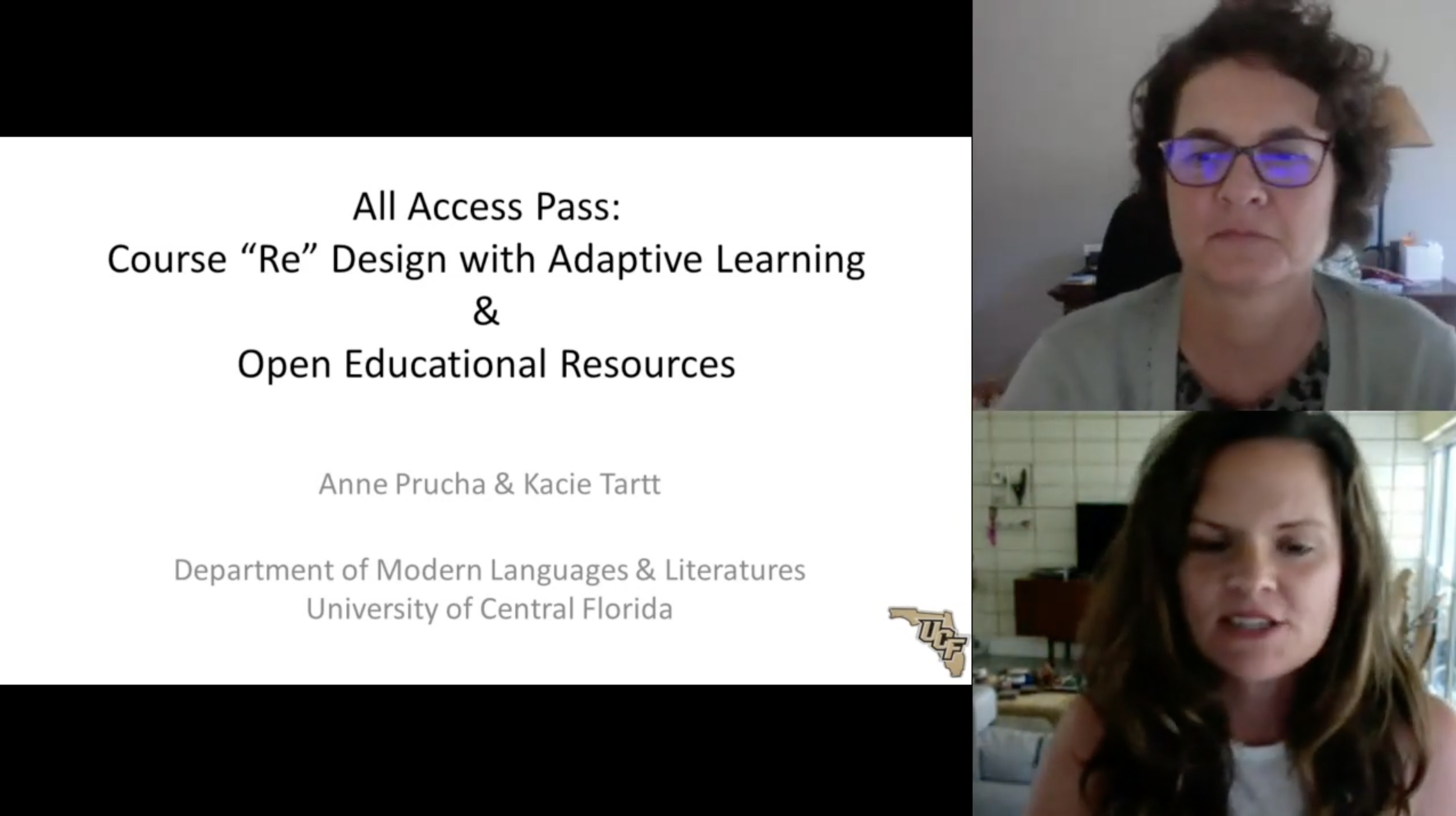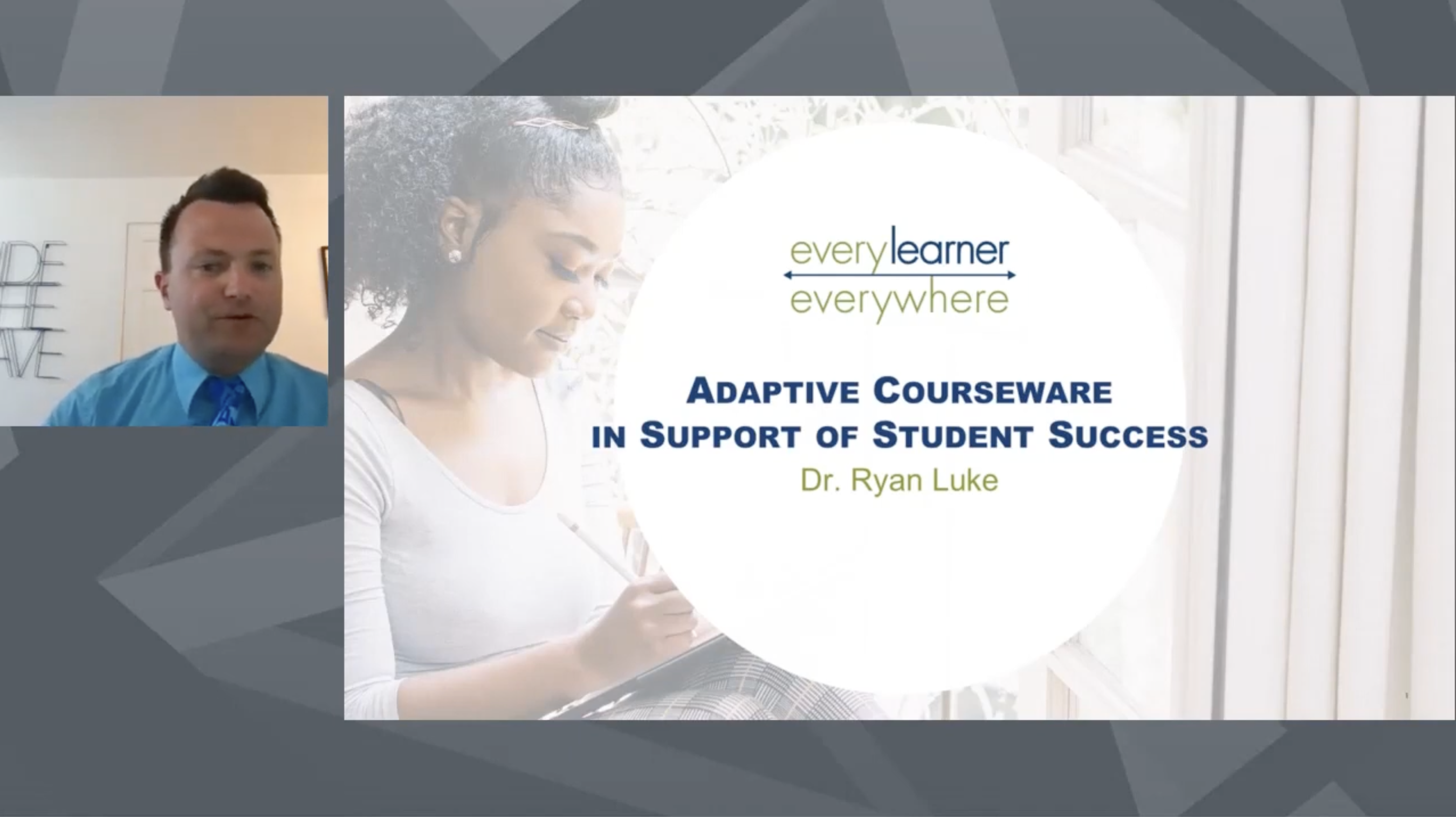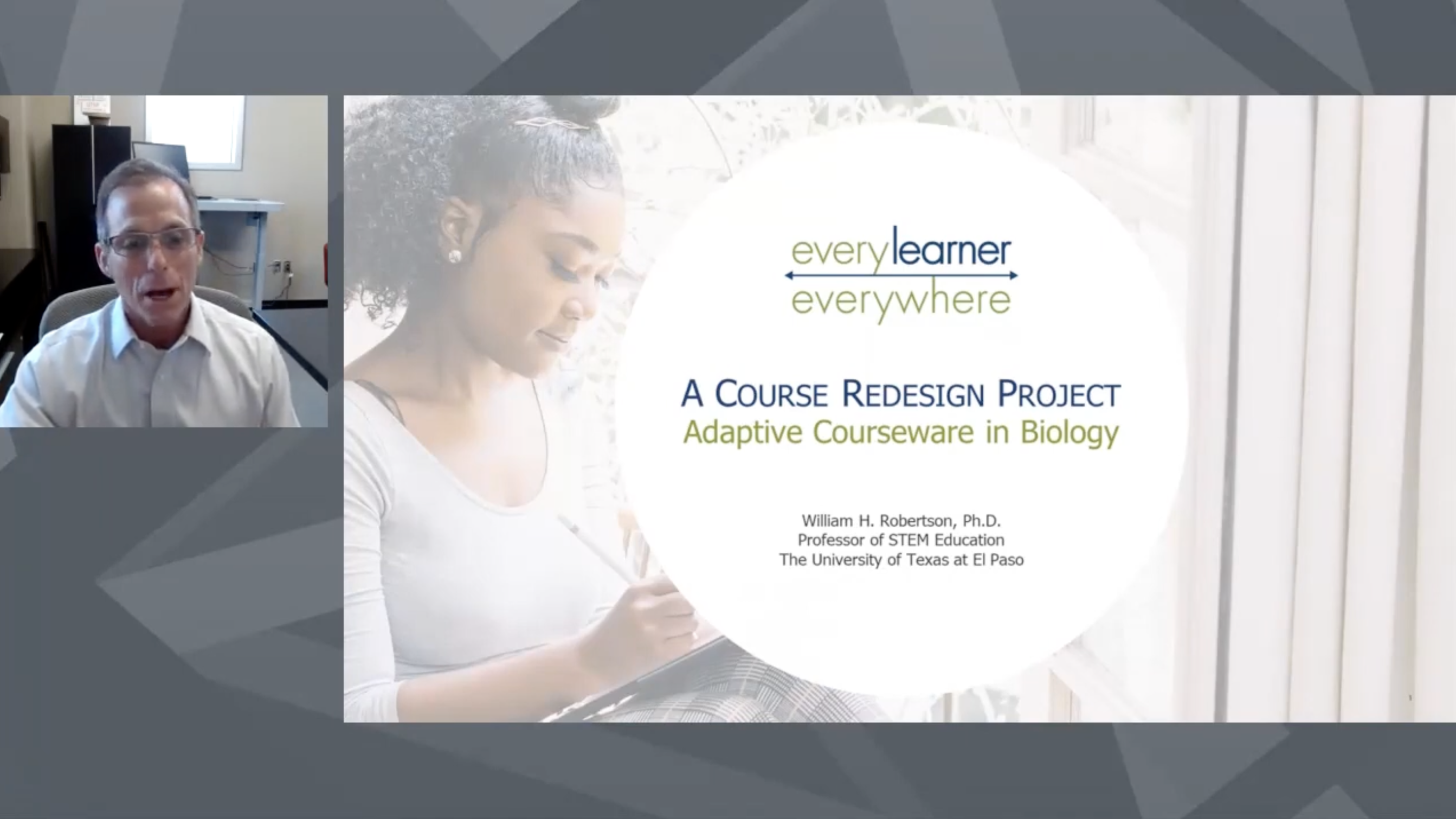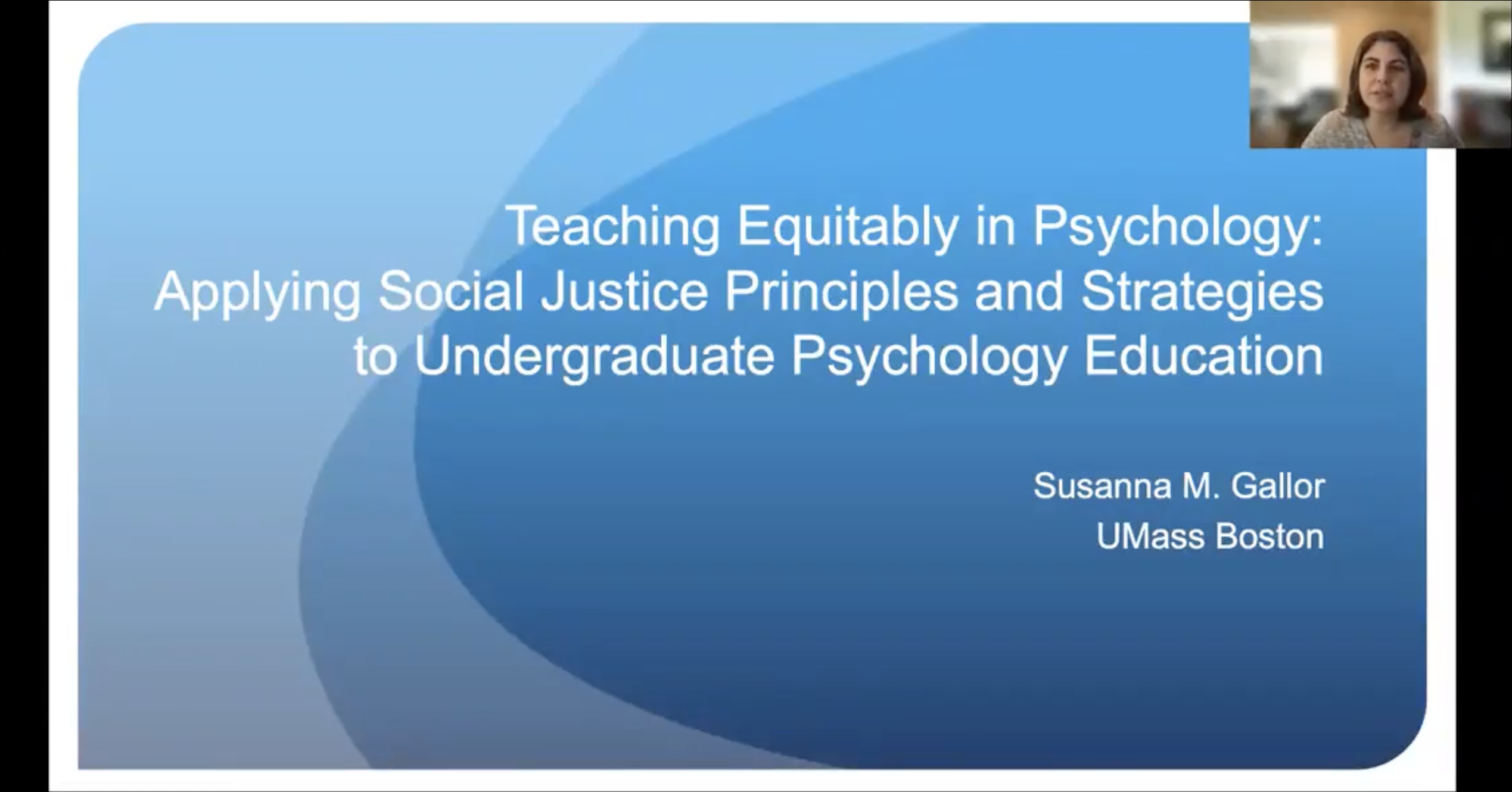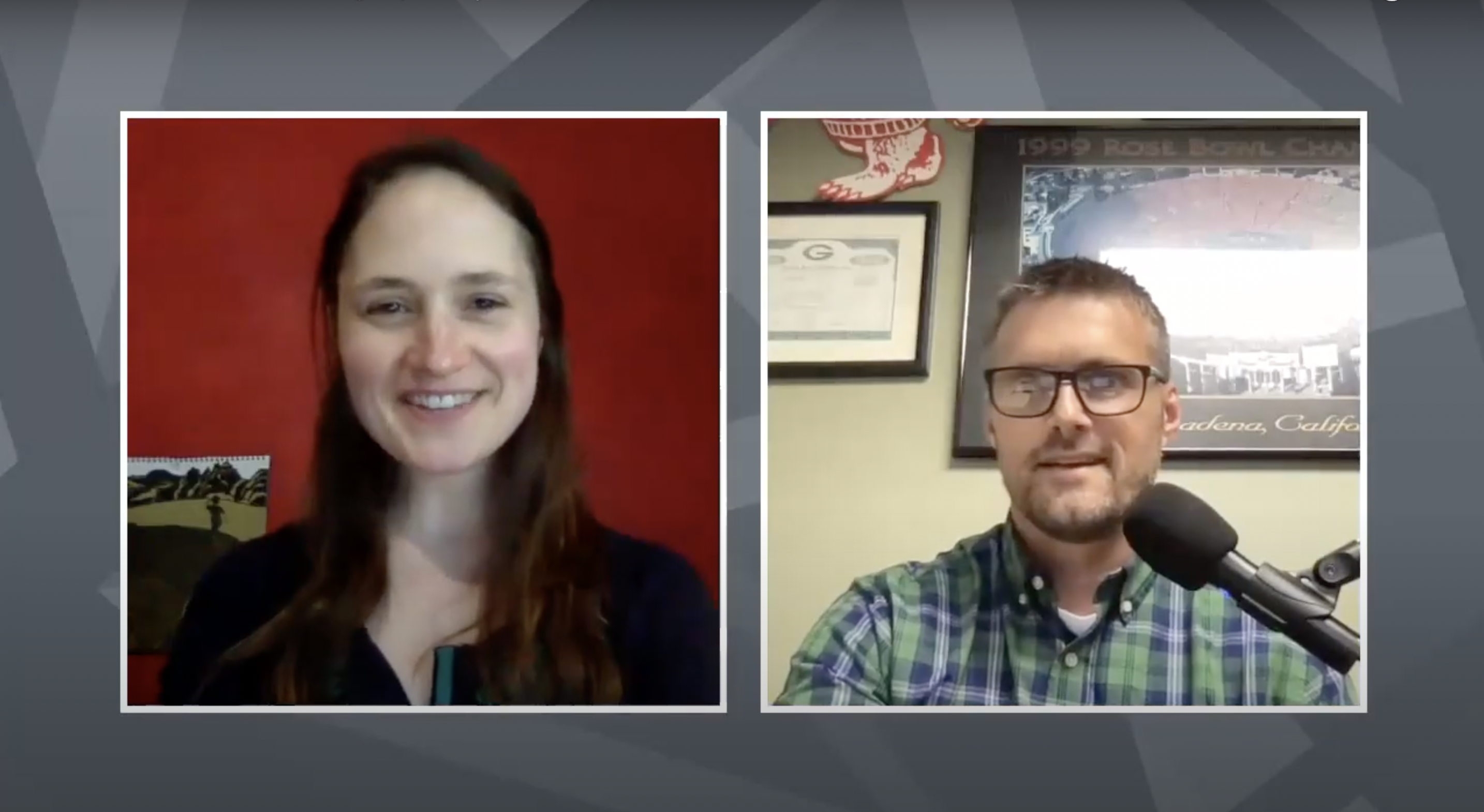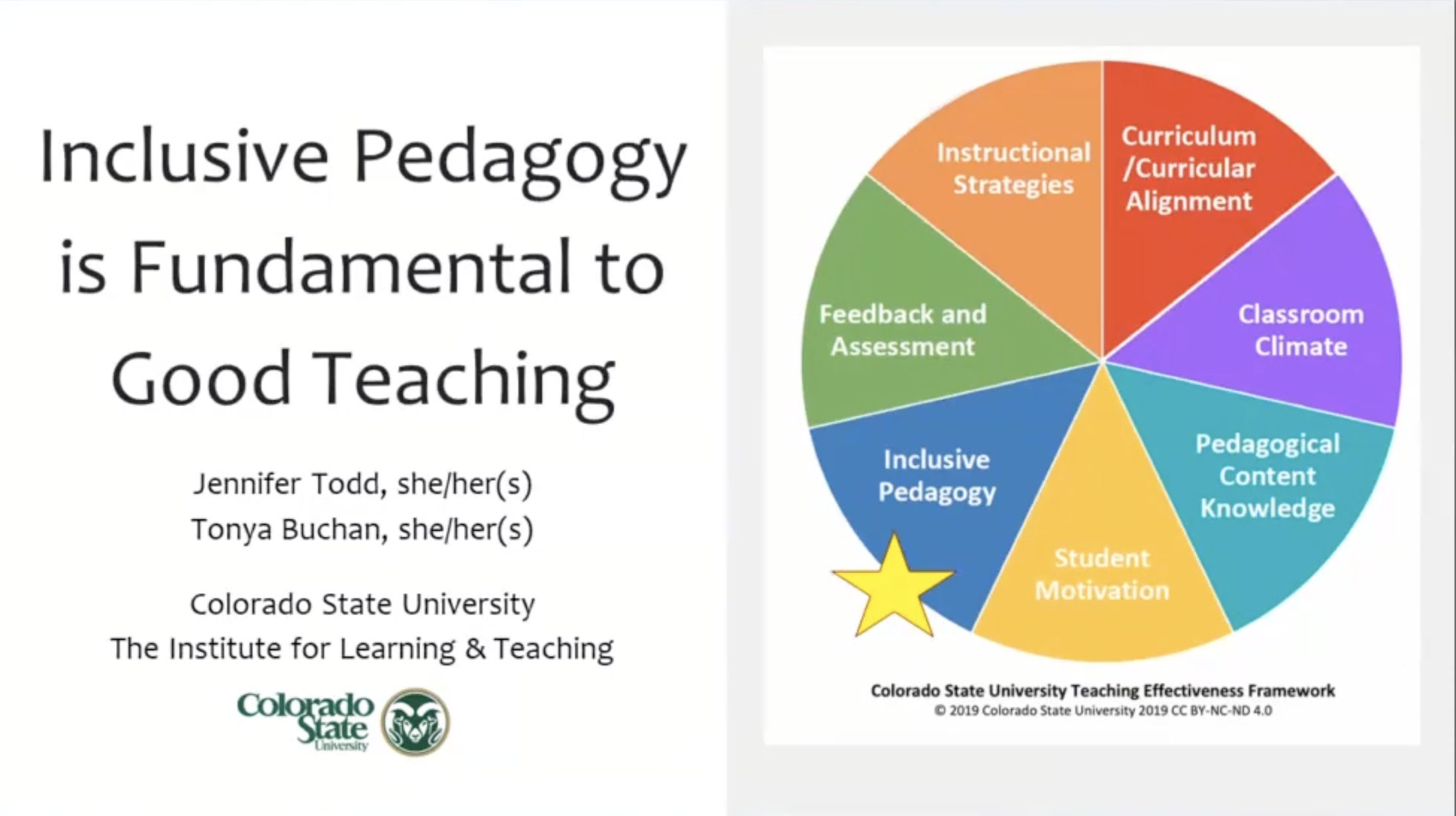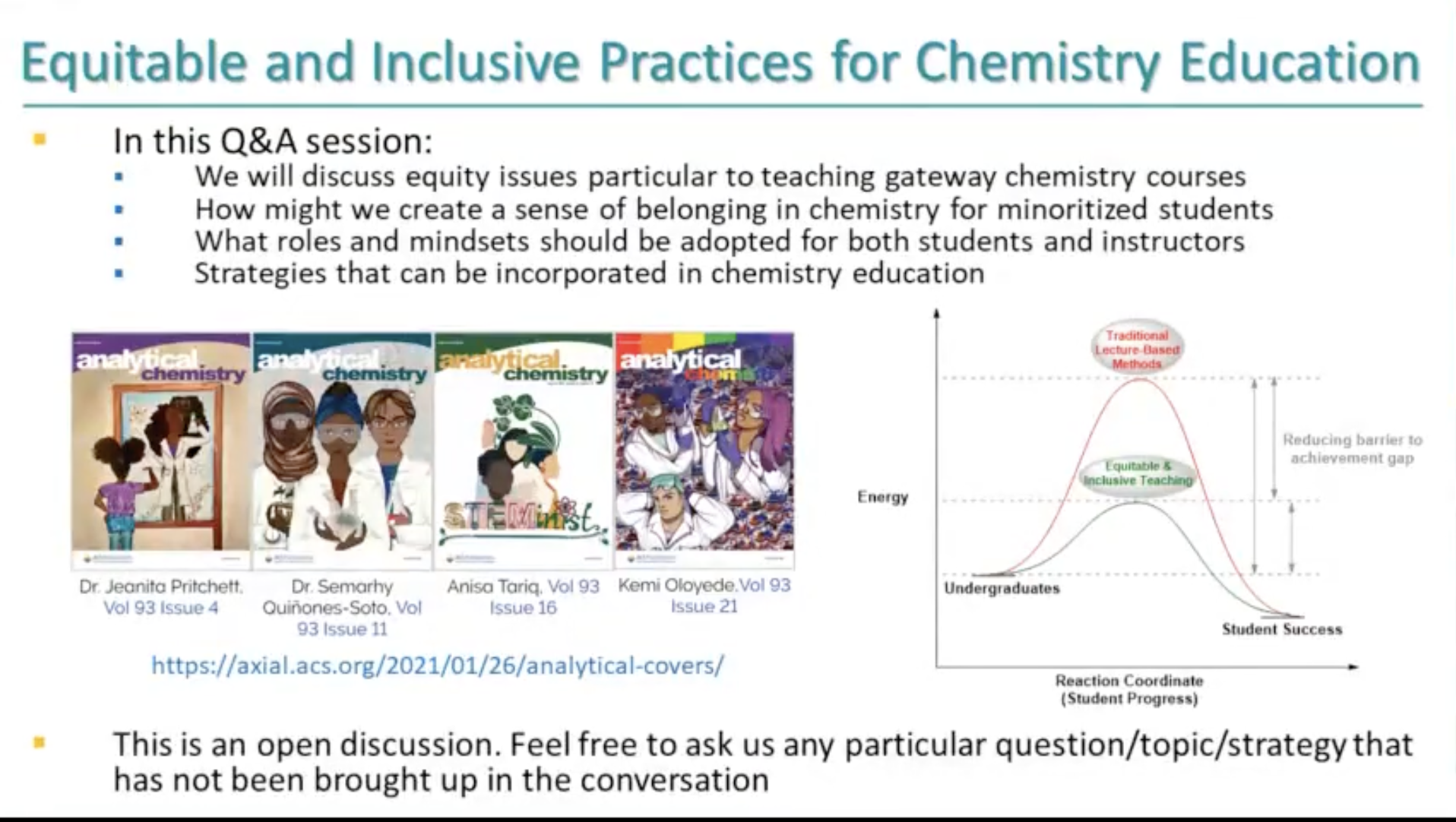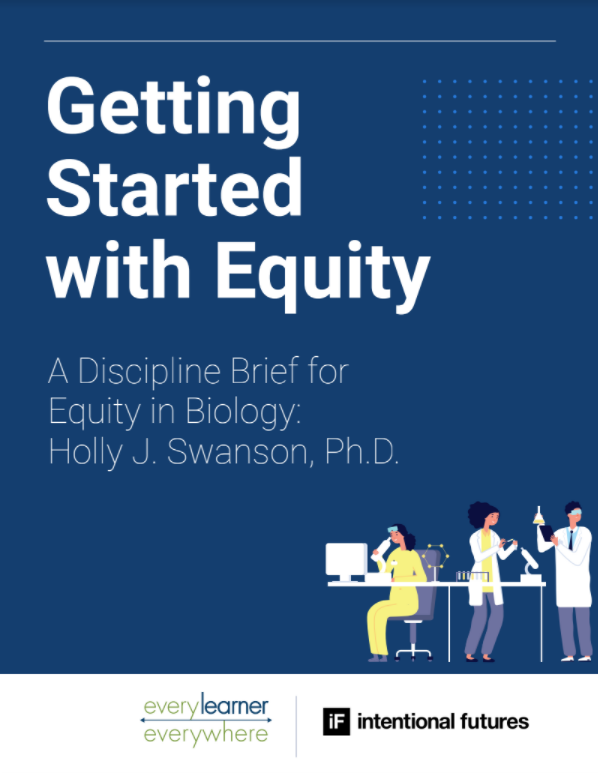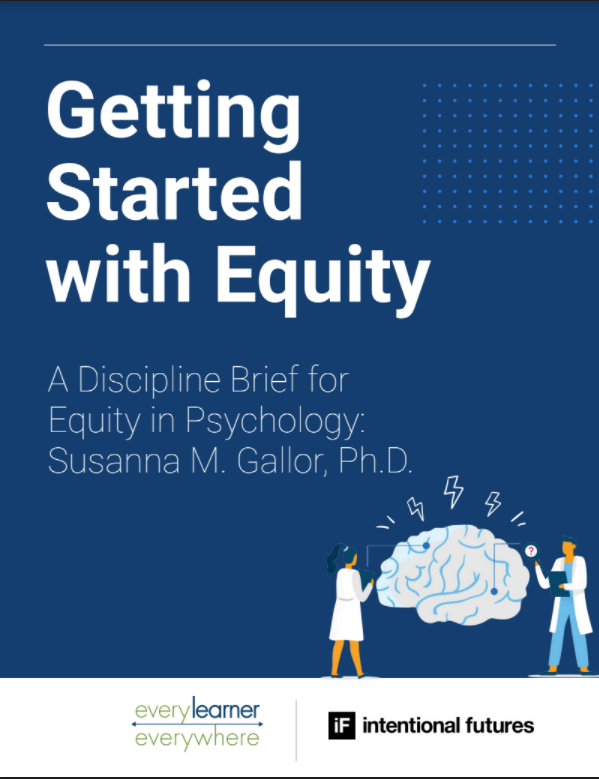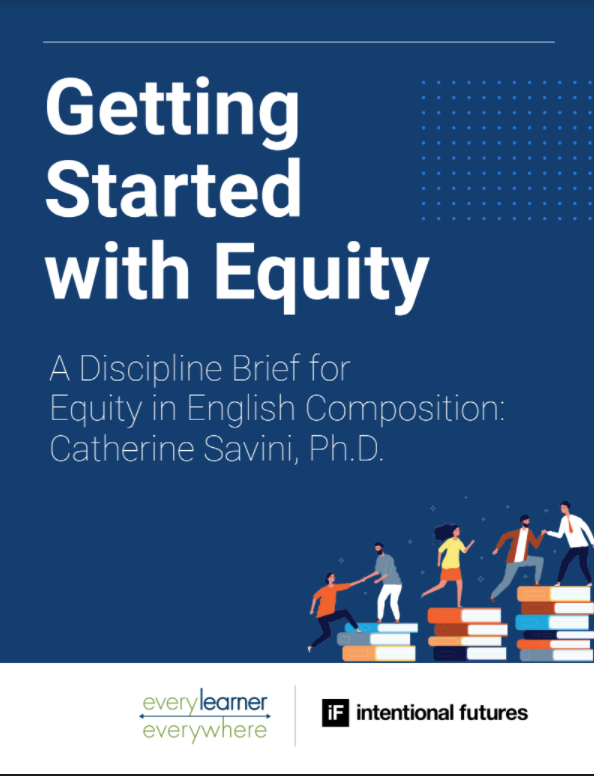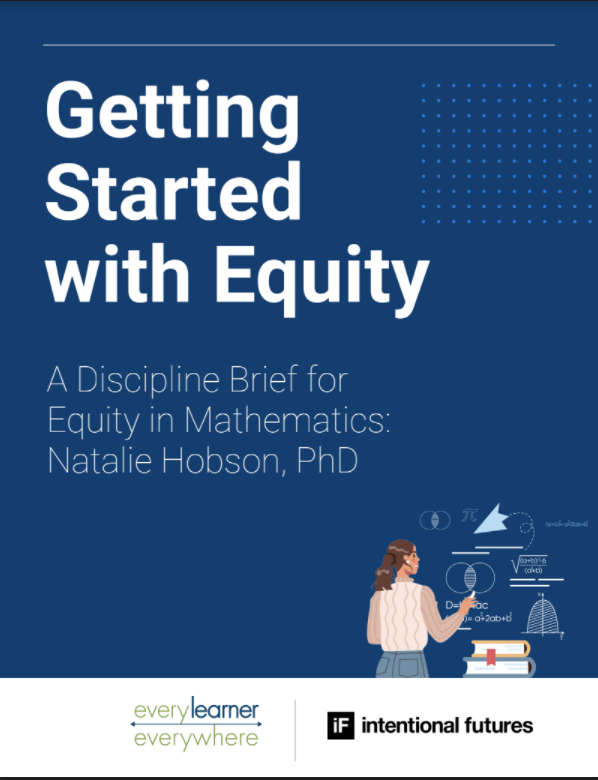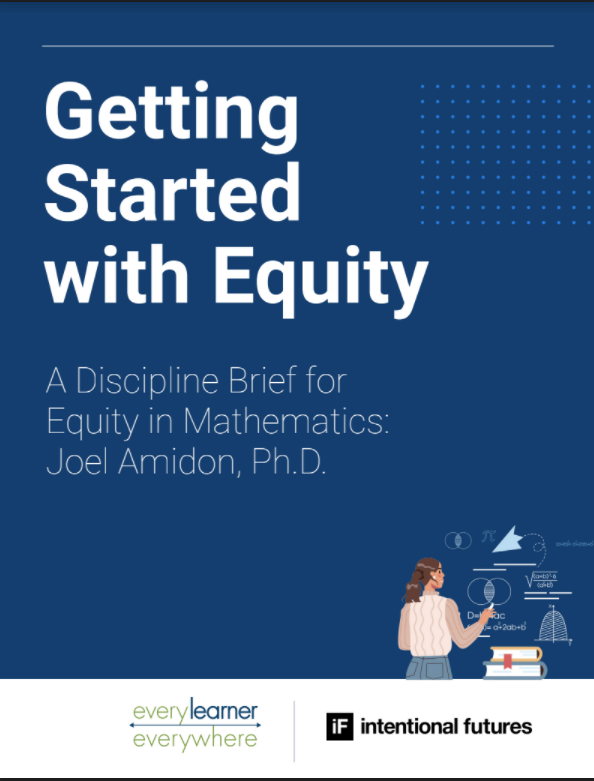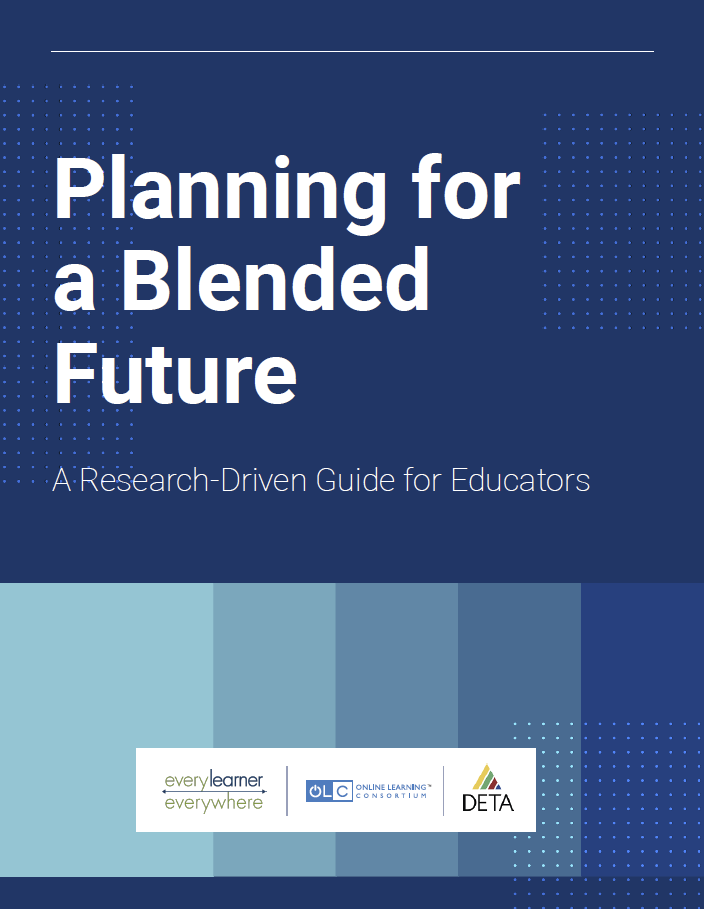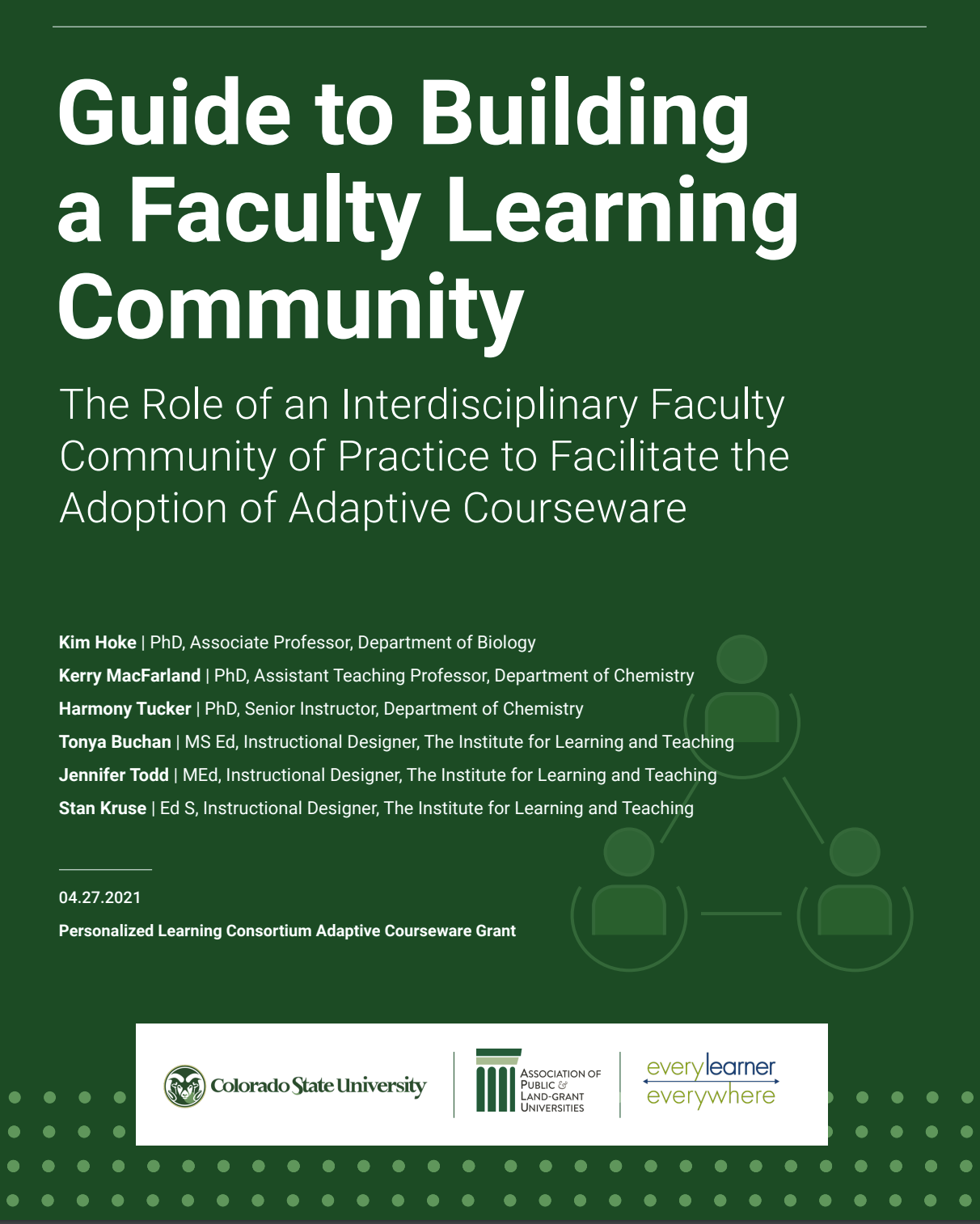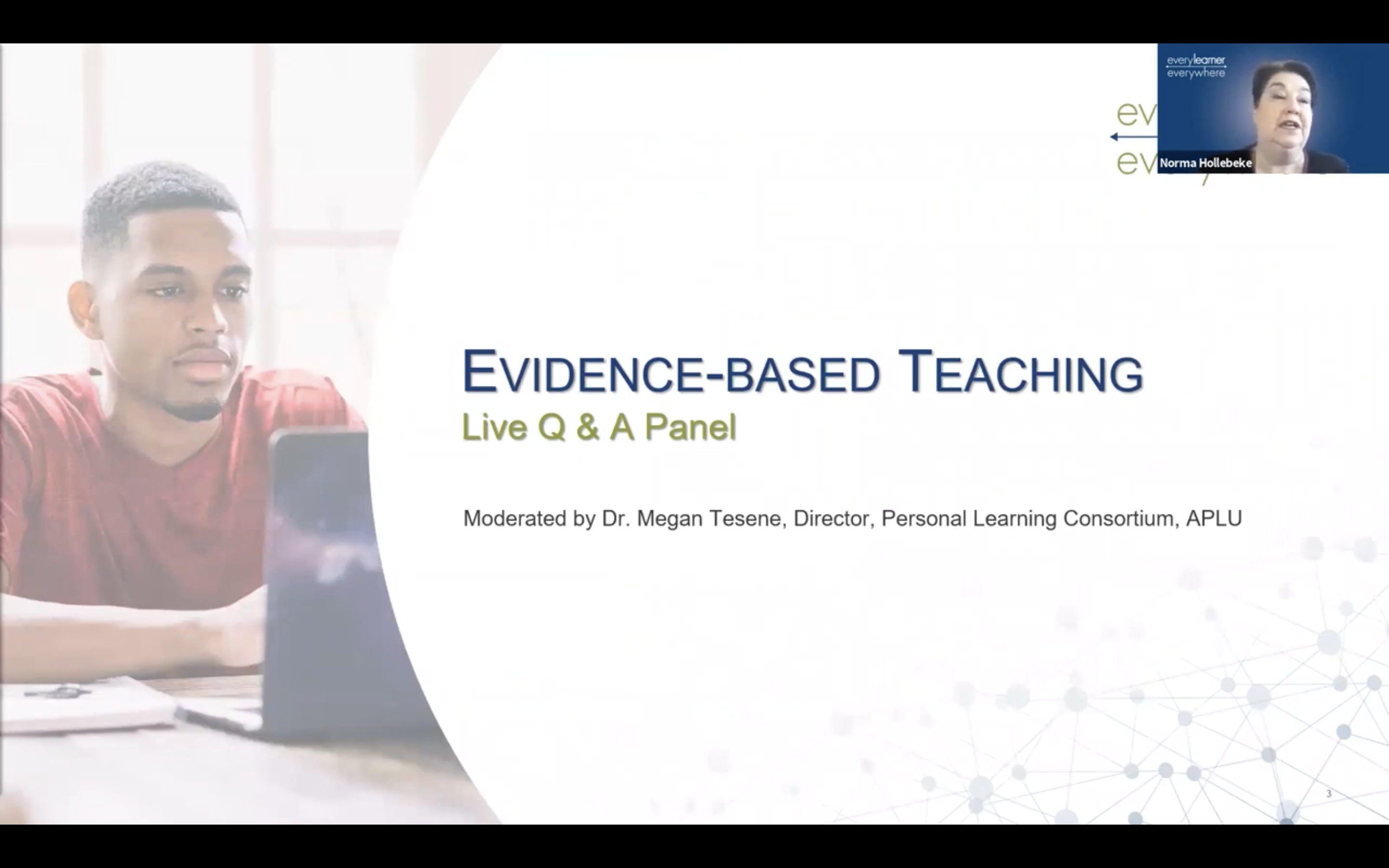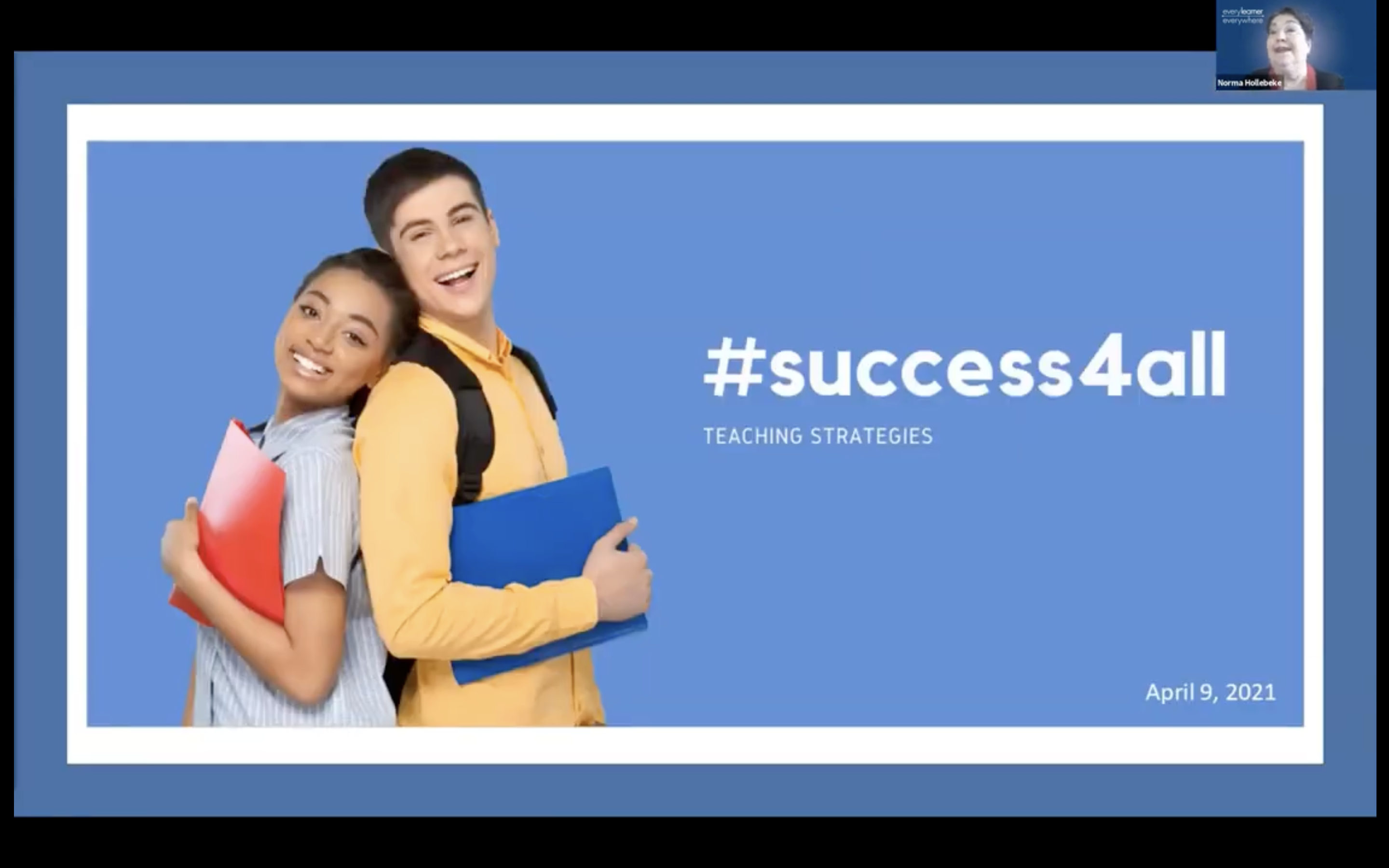Faculty
Putting Equity Into Practice: Equity-Minded Professional Learning
Putting Equity Into Practice: Culturally Responsive Teaching and Learning
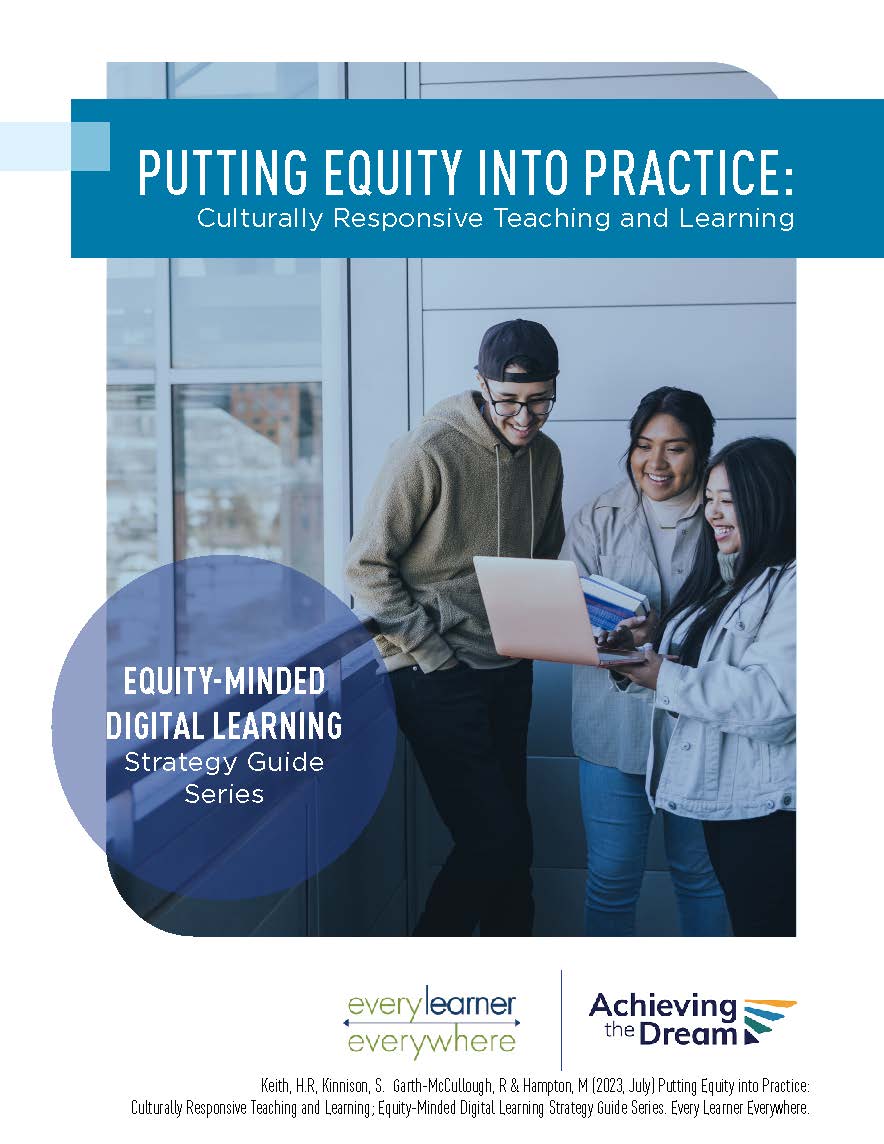
Culturally responsive pedagogy is a framework that is inclusive of culturally responsive and relevant teaching, and culturally affirming and sustaining instructional methodologies that validate and engage students’ cultural identities. These practical instructional strategies and practices guide the implementation of culturally responsive teaching and learning into educational spaces.
The Equity-Minded Digital Learning Strategy Guides
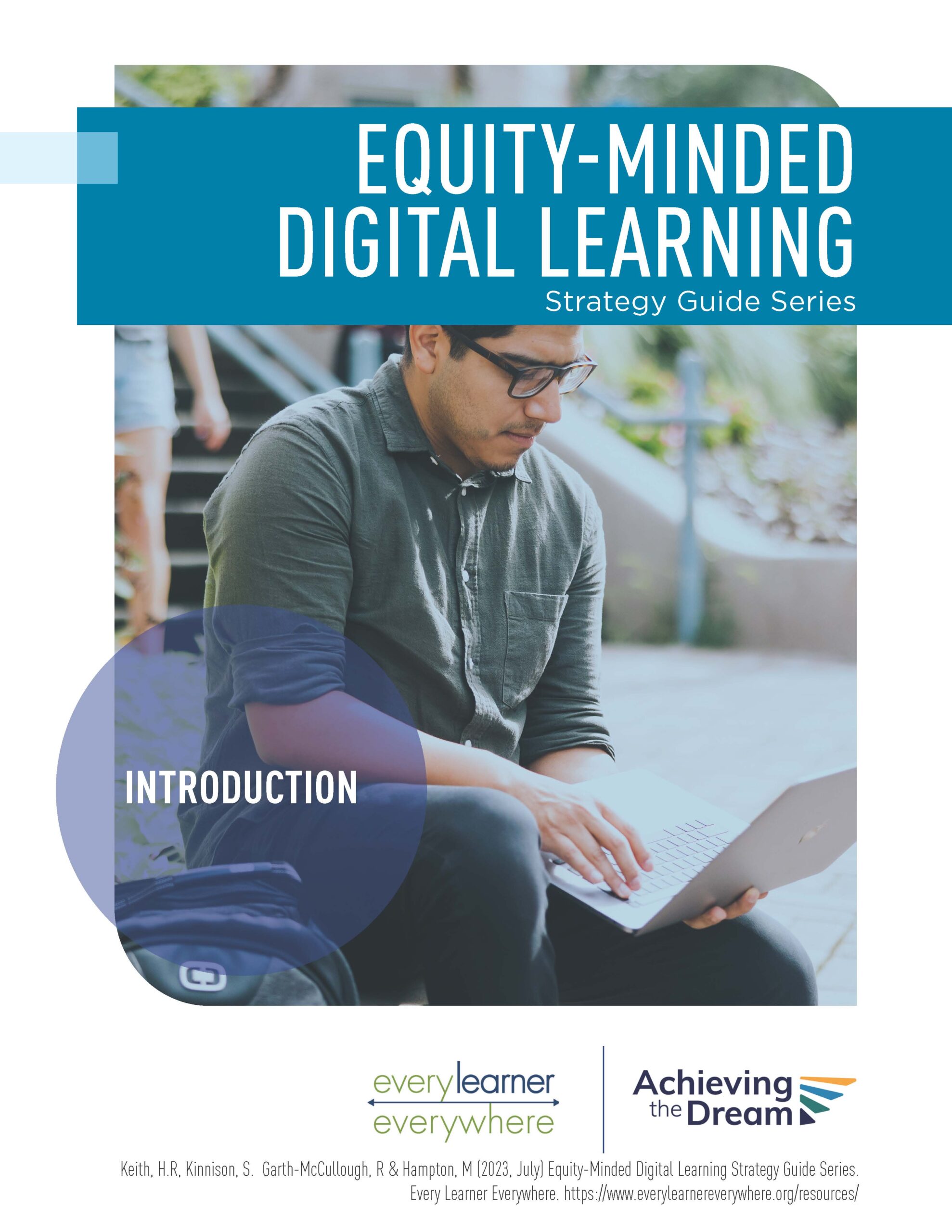
The Equity-Minded Digital Learning Strategy Guides help faculty intentionally and authentically affirm, uplift, and liberate students. As higher education continues to address eliminating inequitable outcomes in teaching and learning, these guides will help institutions embed equity, culturally responsive teaching, social justice education, and open pedagogy through evidence-based teaching practices.
Putting Equity Into Practice: Open Pedagogy
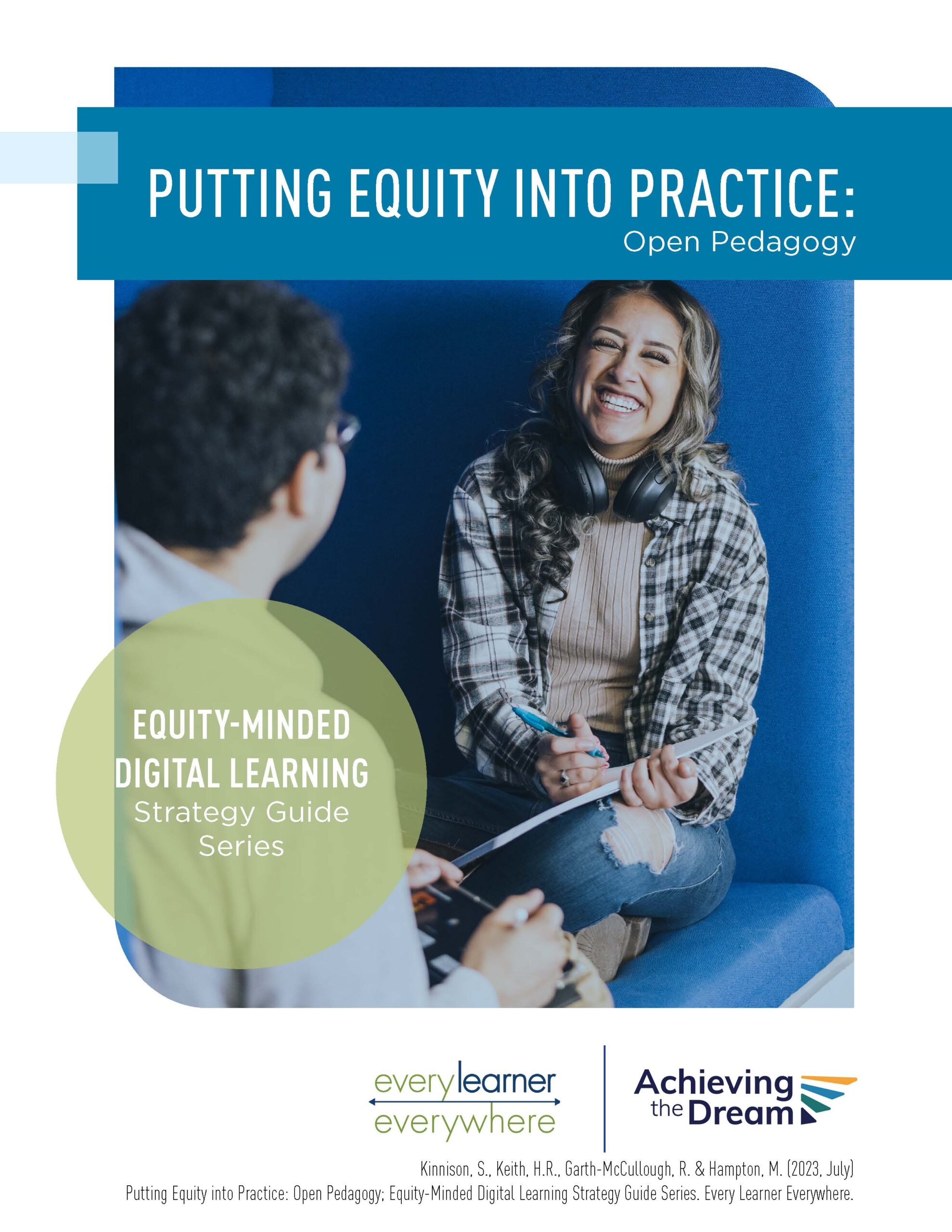
Being able to choose course design, content, assignments, assessments, and instructional approaches based on the context of the learners and the current events of the times allows students to relate all areas of the course to their lives and equitizes their experiences and outcomes. This guide is designed to support faculty with operationalizing open pedagogy through a culturally responsive lens.
Putting Equity Into Practice: Social Justice Education
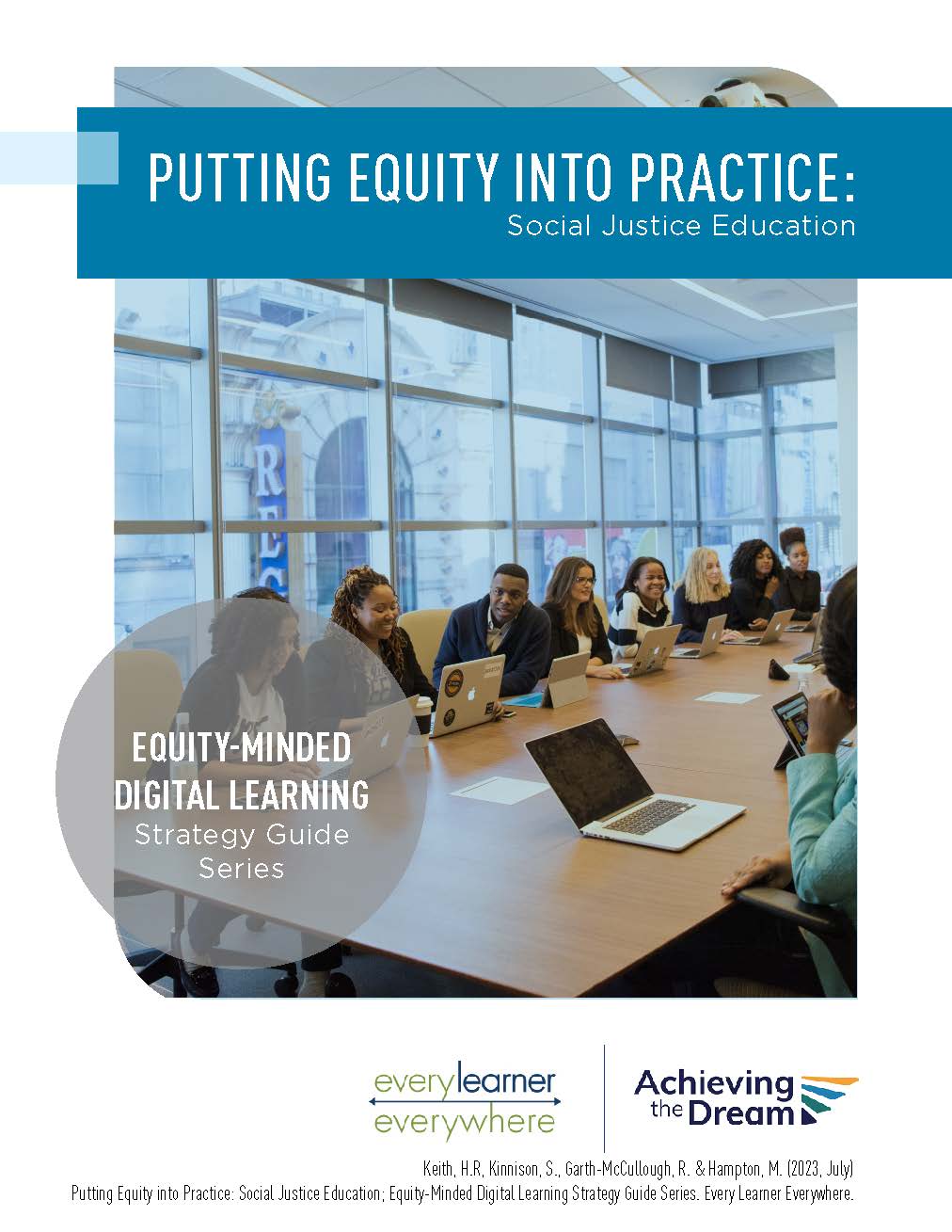
Advancing social justice in education requires establishing educational spaces that foster students’ critical consciousness and ability to analyze systems, policies, and practices that lead to inequitable and unjust experiences and outcomes. A social justice approach to education involves two strategies that will be featured in this guide: anti-racist teaching and abolitionist teaching.
Digital Learning Equity Analysis Project
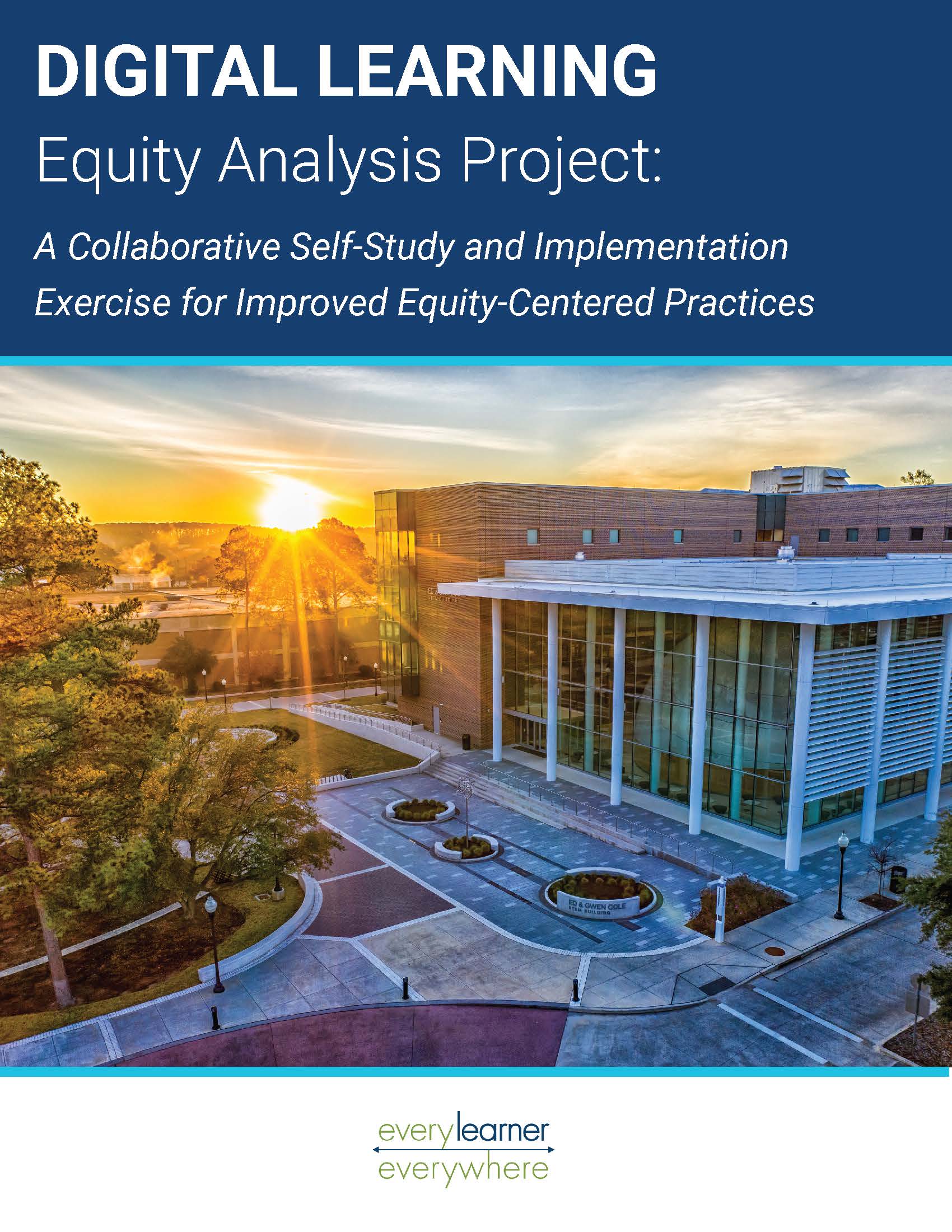
This paper describes the outcomes of a Digital Learning Equity Analysis project undertaken by two award-winning educators, Sarah Straub and Rachel Jumper, who sought to implement suggestions from the microcredential training hosted by Every Learner Everywhere. This training focused on promoting equity in digital learning and provided a structured protocol for conducting reviews of online courses.
Listening to Learners 2023
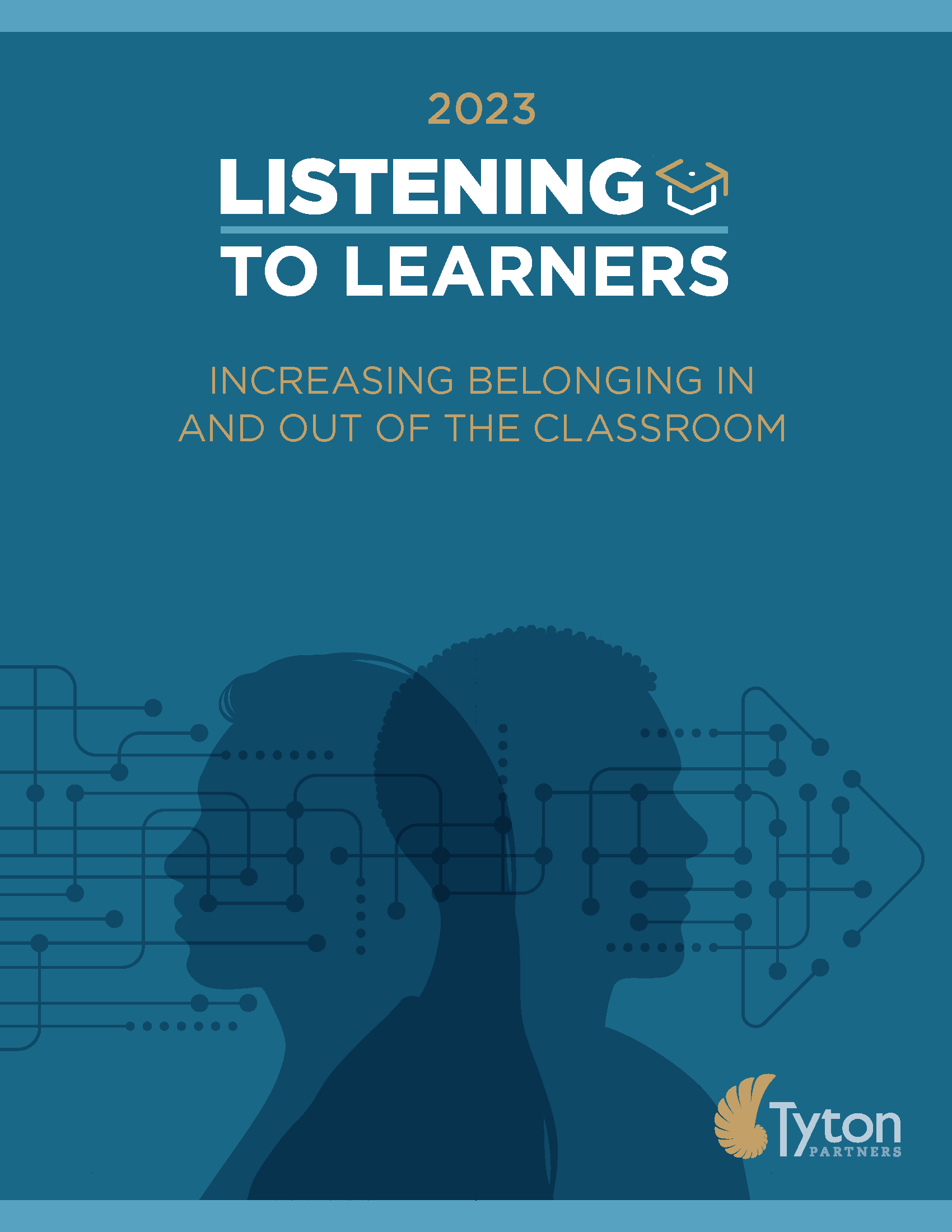
Tyton partners’ Listening to Learners 2023 reveals that while 70% of students value representative diversity among advisors, only 30% of institutions report scaled implementation of this hr practice. Cutting-edge research identifies strategies to enhance student outcomes and create a sense of belonging in higher education.
Time for Class 2023
ATD Webinar: Realizing the Promise of Professional Learning
An Equity-First Approach to Evidence-Based Teaching Practices Strategy Guide
An Equity-First Approach to Postsecondary Digital Learning Strategy Guide
Equity Principles for Teaching and Learning in Higher Education Strategy Guide
What Our Best College Instructors Do
2022 INCLUSIVE Summit Disciplinary Matters: Sciences Session
2022 INCLUSIVE Summit Disciplinary Matters Writing Session
2022 INCLUSIVE Summit Disciplinary Matters Math Session
2022 INCLUSIVE Summit Keynote Call to Action and Students & Faculty Speak Panel
Time for Class 2022
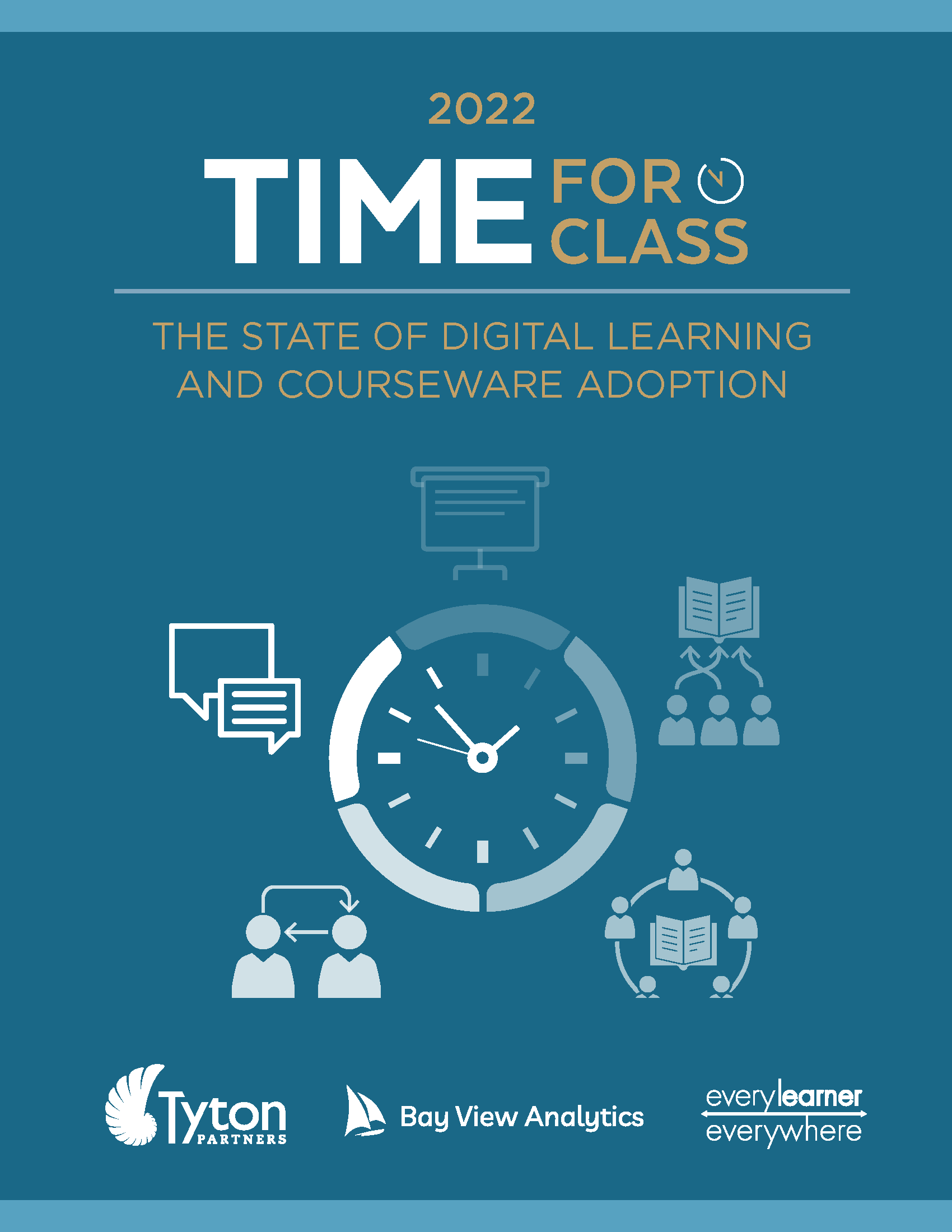
Time for Class 2022 examines how faculty and institutional leaders are using instructional materials to implement teaching practices that can improve student learning and outcomes, especially for students historically underserved by higher education. This report reviews how digital learning in high-enrollment introductory courses can enable instructors to incorporate evidence-based teaching practices and work to close equity gaps in courses.
ASU Remote 2022: Inclusive Teaching Practices
ASU Remote 2022: Ask the Experts Q&A Inclusive Teaching
ASU Remote 2022: Strategies for ensuring your course content is equity-centered
ASU Remote 2022: Strategies for Implementing Digital Learning Infrastructure to Support Equitable Outcomes
ASU Remote 2022: Achieving academic transformation through faculty communities of practice
ASU Remote 2022: Students share the most impactful inclusive teaching strategies
ASU Remote 2022: Caring for the Whole Student
Caring for the Whole Student
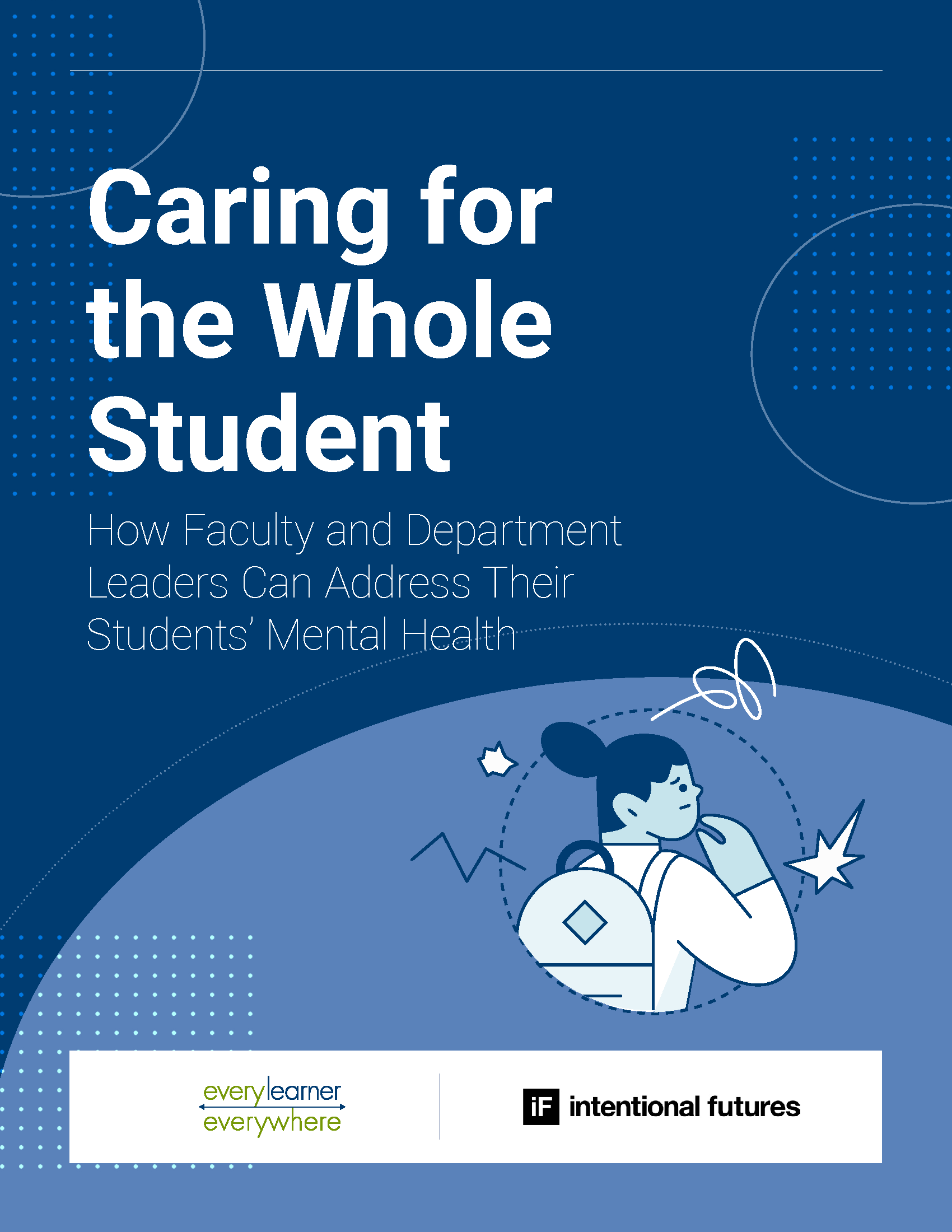
Colleges and universities can help alleviate the burden students face every day, including restructuring mental health support on campus, providing options for digital learning, encouraging teachers to apply trauma-informed teaching practices, and connecting students with the resources they need to thrive.
Democratizing Learning Environments
ATD Teaching & Learning Institute: Changing the Narrative: Advancing Culturally Responsive Professional Learning
ATD Teaching & Learning Institute: An Equity Review Tool: Evaluating Instructional Materials for Equity-Minded Practice
Equity Review Tool
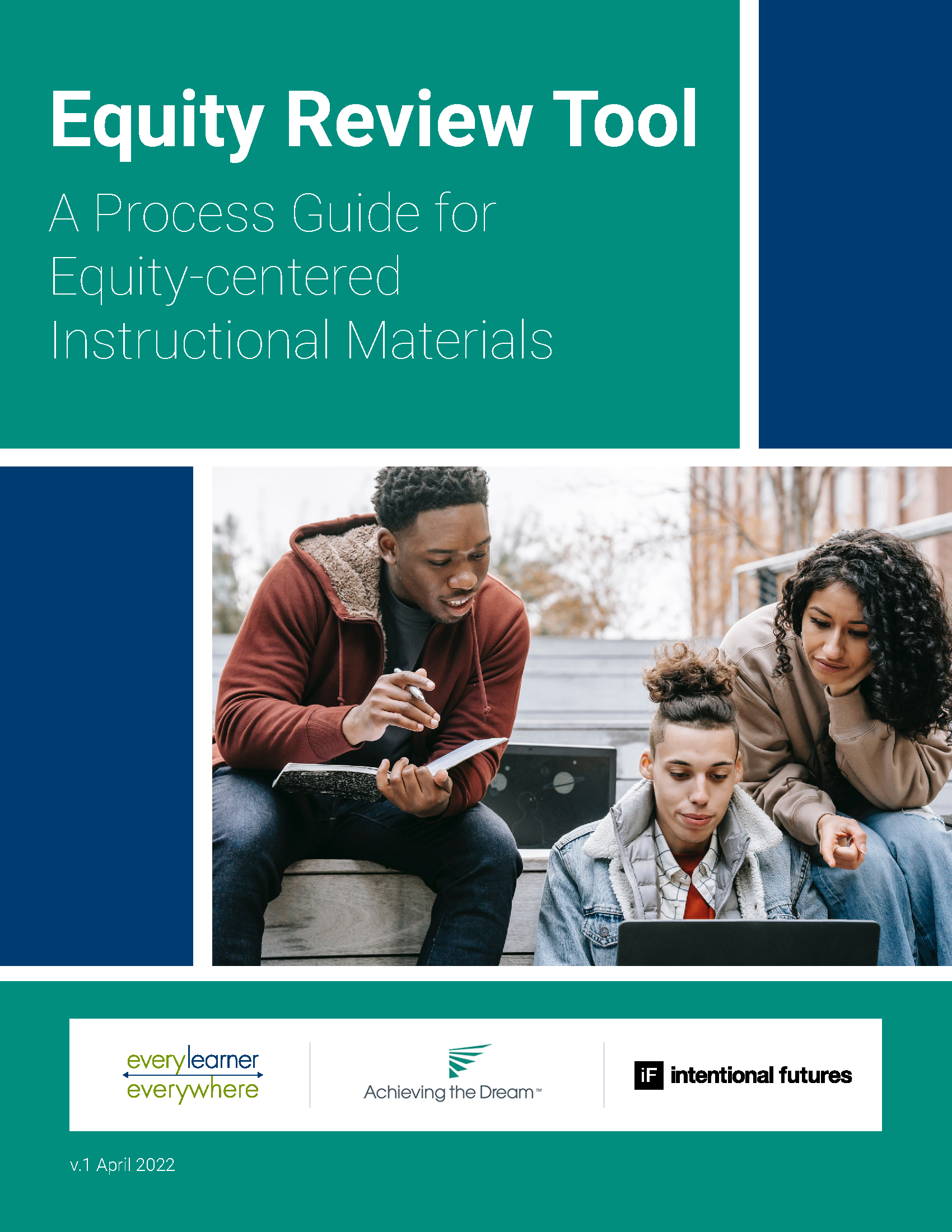
The equity review tool is designed for educators striving to create more validating and affirming learning experiences and environments for students. Using this tool, educators will be able to develop and evaluate their resources and the language they use to ensure they are asset-based and supportive of a more equitable teaching and learning process.
ATD Teaching & Learning Institute: Student Voices Panel: Students Explore their Experiences with Culturally Responsive Teaching
ATD Teaching & Learning Institute: Adaptive Courseware use in Gateway Courses: Lessons Learned from the Every Learner Everywhere Initiative
ATD Teaching & Learning Institute: The Paradigm Shift: What Happens When Taking an Equity-minded Approach to Teaching and Learning?
Designing Assessments Through a Culturally Responsive Lens
ATD Case Studies: Executive Summary Adaptive Courseware: New Models to SupportStudent Learning – Lessons learned from ATD network colleges in the Every Learner Everywhere initiative
ATD Case Studies: Full Report Adaptive Courseware: New Models to SupportStudent Learning – Lessons learned from ATD network colleges in the Every Learner Everywhere initiative
Supporting Student Success at the Course Level
Operationalizing Equitable Teaching and Learning Practices
Online Adjunct Faculty: A Survey of Institutional Policies and Practices
Supporting Adjunct Faculty: Research-based Recommendations
Curating Inclusive Course Content that Centers Students and Equity
Formative Assessment as an Instructional Strategy: Using the Teaching Effectiveness Framework
Online Teaching Strategies to Promote Equity and Inclusion
A Case Study of Houston Community College
Strategies for Implementing Digital Learning Infrastructure to Support Equitable Outcomes
Engage! Using Adaptive Courseware and Digital Technology to Enhance Student Learning
Reflections on 2021 and Aspirations for 2022 from Digital Learning Leaders and Learners
Starting with the Learner: Inclusive Instruction as Teaching with Social Justice
Love as Praxis: Initiative in Diversity, Equity, Antiracism, and Leadership (IDEAL) Fellows Program
A Case Study of Adaptive Learning Technology in the Humanities
A Case Study of Amarillo College
APLU Adapt 2021: Finding the Right Fit
APLU Adapt 2021: Faculty Professional Learning
APLU Adapt 2021: Closing Plenary
APLU Adapt 2021: Teaching Matters
APLU Adapt 2021: Supporting Students through Institutional Partnerships and Collaboration
APLU Adapt 2021: Student Reflections on the Adaptive Digital Learning Experiences
APLU Adapt 2021: Opening Plenary
APLU Adapt 2021: Lighting the Way
APLU Adapt 2021: Inclusive and Culturally Responsive Teaching
APLU Adapt 2021: How to Use Data in the Classroom
APLU Adapt 2021: How to Create More Equitable Courses through a Continuous Improvement Process
Designing with Adaptive Courseware: A Backward Design Planning Framework Approach
Adaptive Learning in Math Courses
A Case Study of Adaptive Learning Technology in Science
Integrating Adaptive Courseware as Part of a Comprehensive Redesign of a Gateway Math Course
Supporting Greater Integration of Adaptive Courseware in Gateway Courses
Integrating Adaptive Courseware into Broader Efforts to Improve Teaching and Learning
Re-Writing Writing
Lessons Learned: A Toolkit for Post-Pandemic Higher Education with Equity and Student Care at the Center
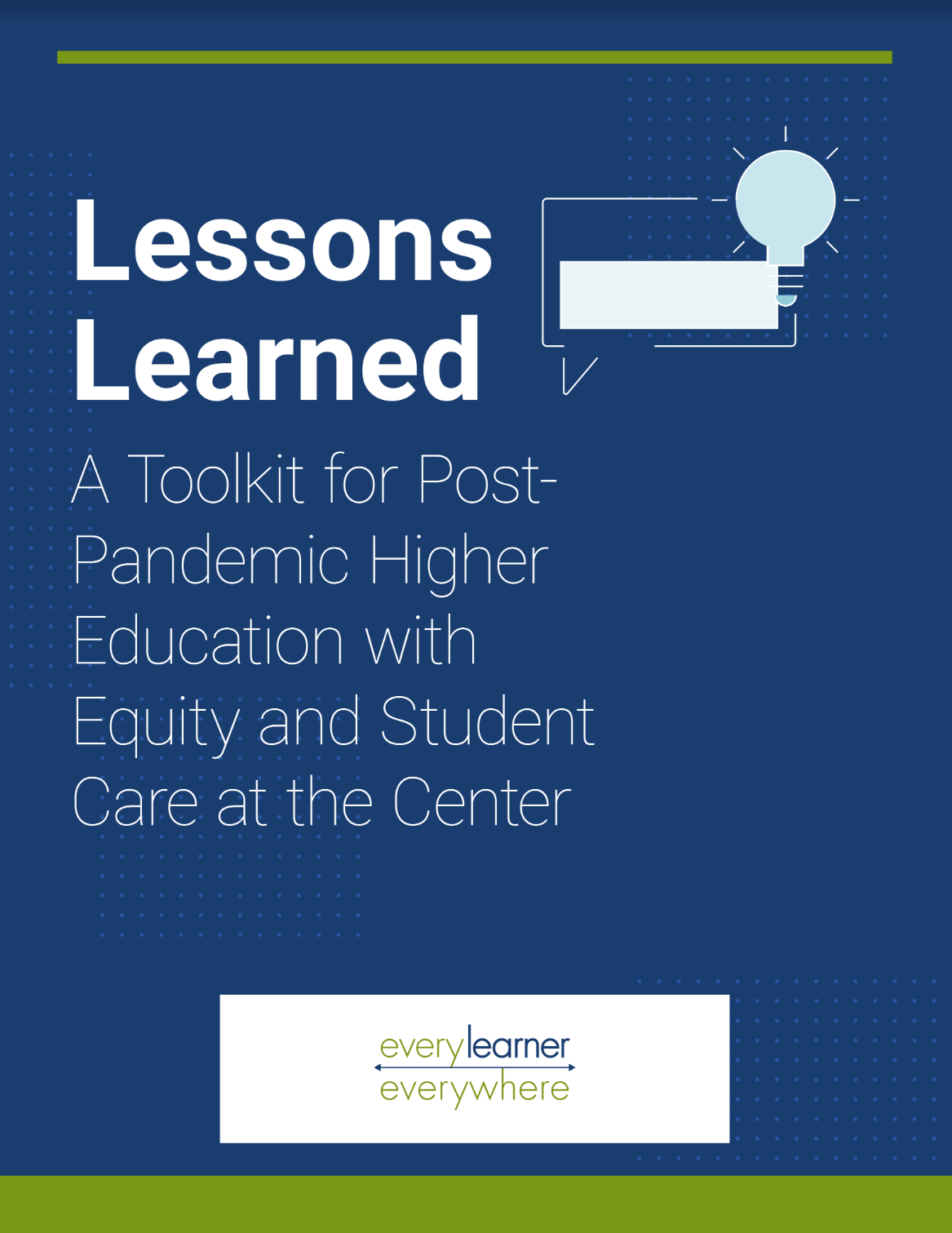
Lessons Learned is made up of over 30 recommendations for improving practices in higher education. It asks where unexpected benefits showed themselves among the forced necessity of emergency remote teaching, and it encourages faculty, administrators, and academic and student support colleagues to continue collaborating to remove barriers, improve access, and update methods and tools.
Teaching with a Cobot, not a Robot
Development and Implementation of Active, Interactive, and Adaptive Physics Courses
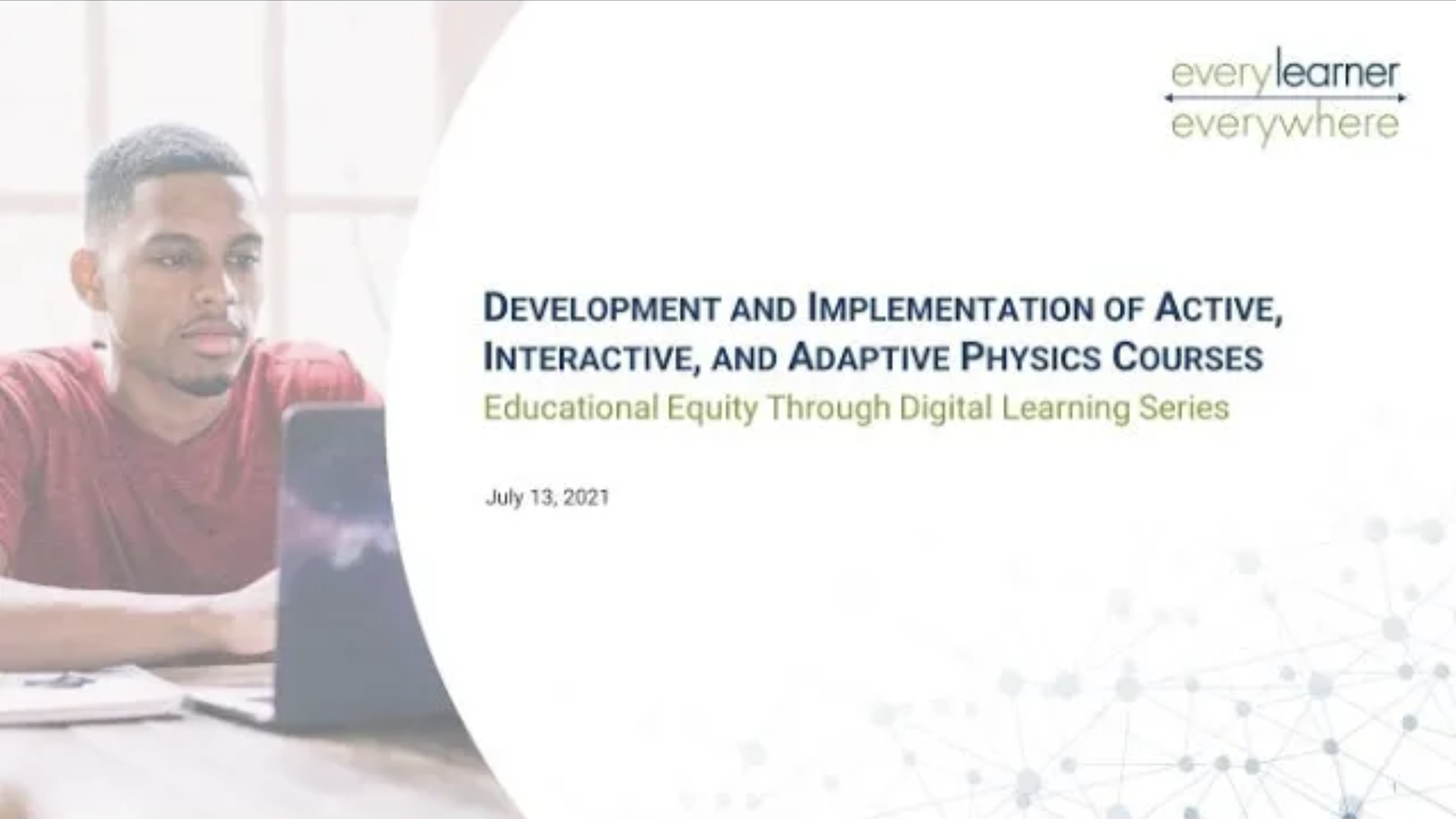
Faculty share experiences of developing and implementing active, interactive, and adaptive introductory physics courses. The design allows students to work at their own pace, choosing support items presented to them via the adaptive feature of the course, and explore concepts through simulations with activities.

